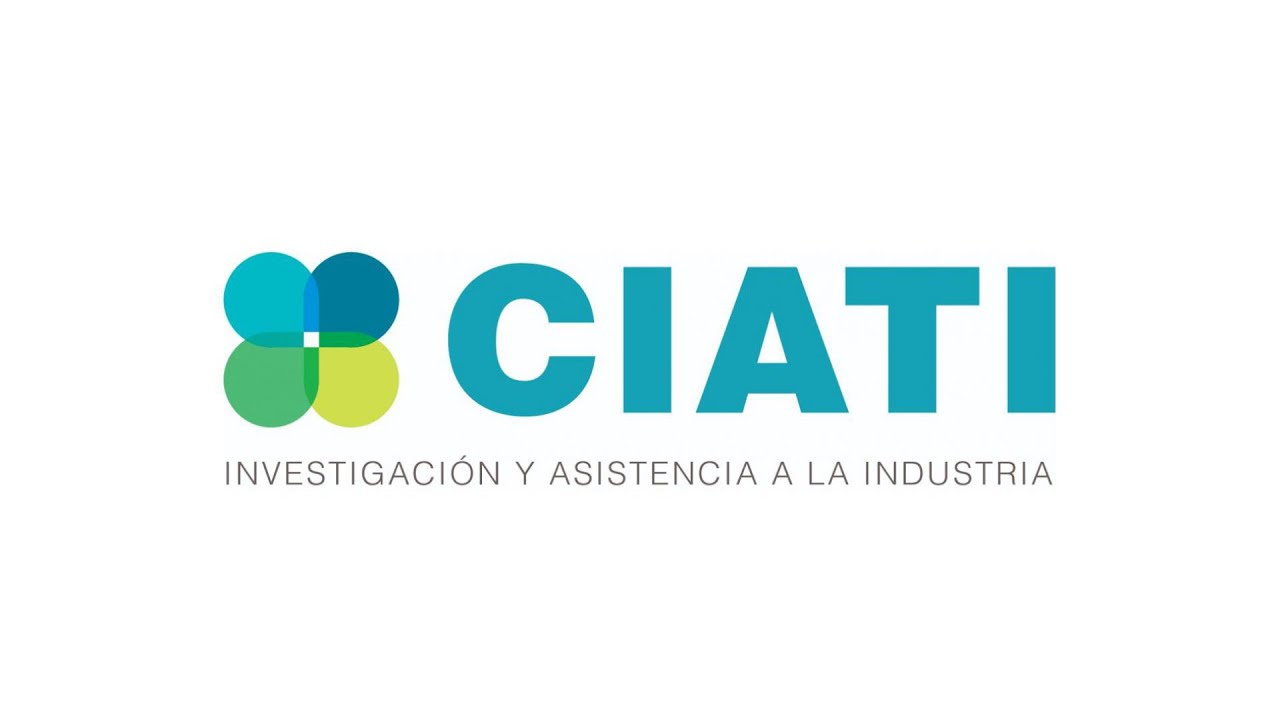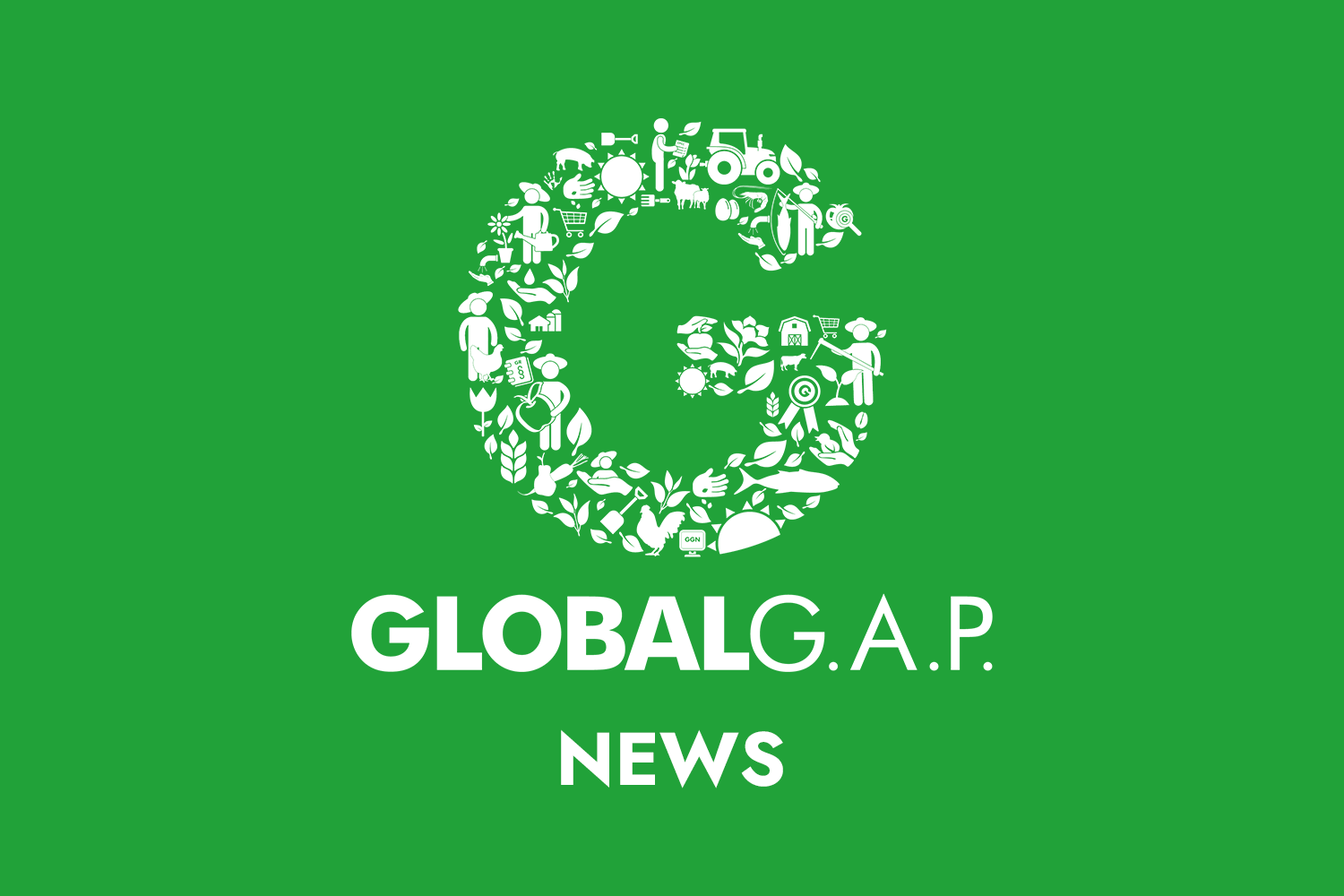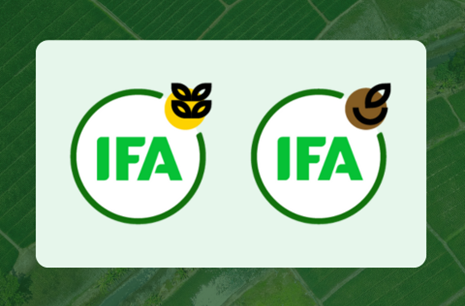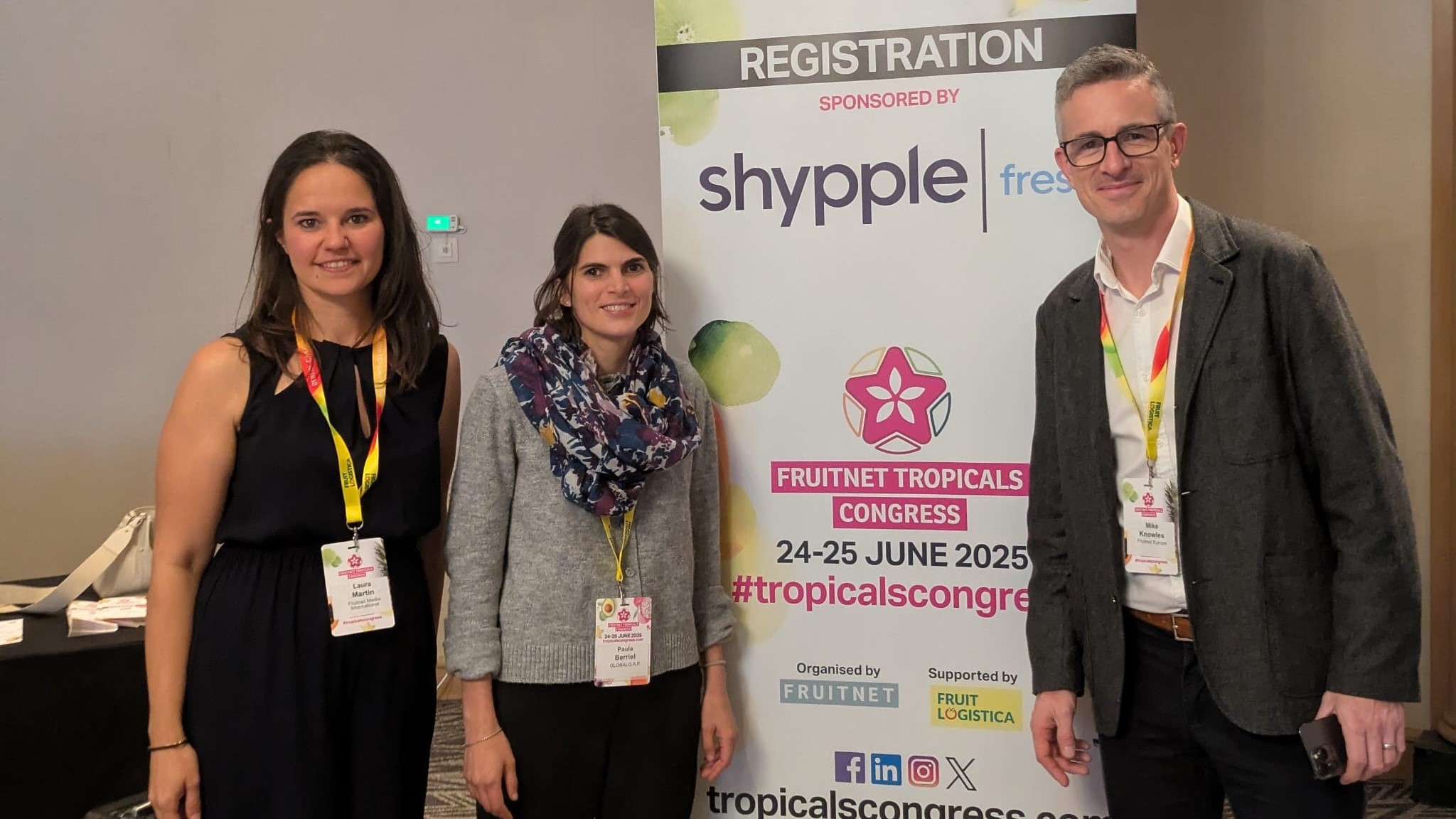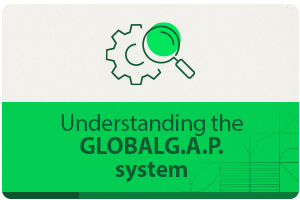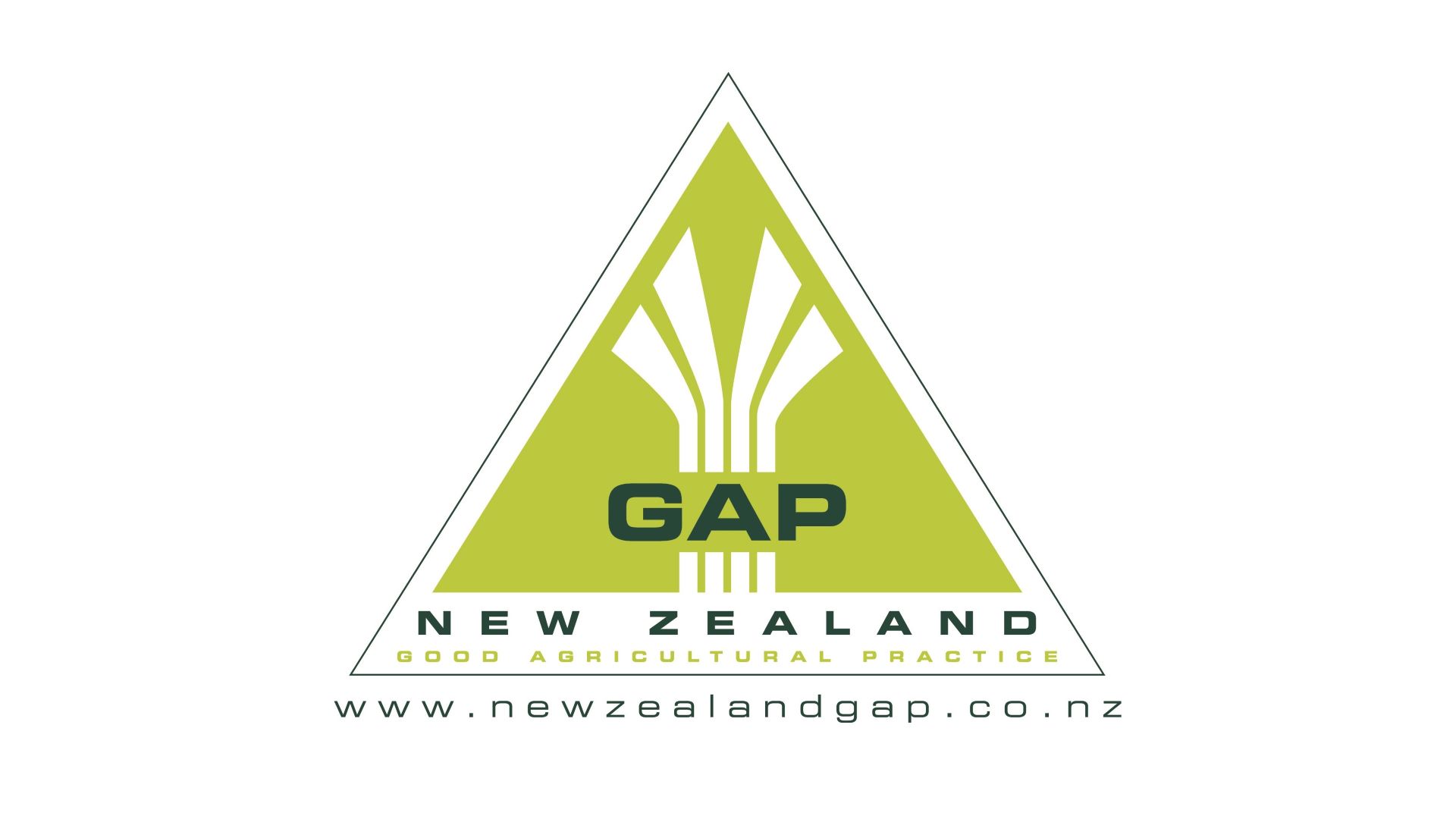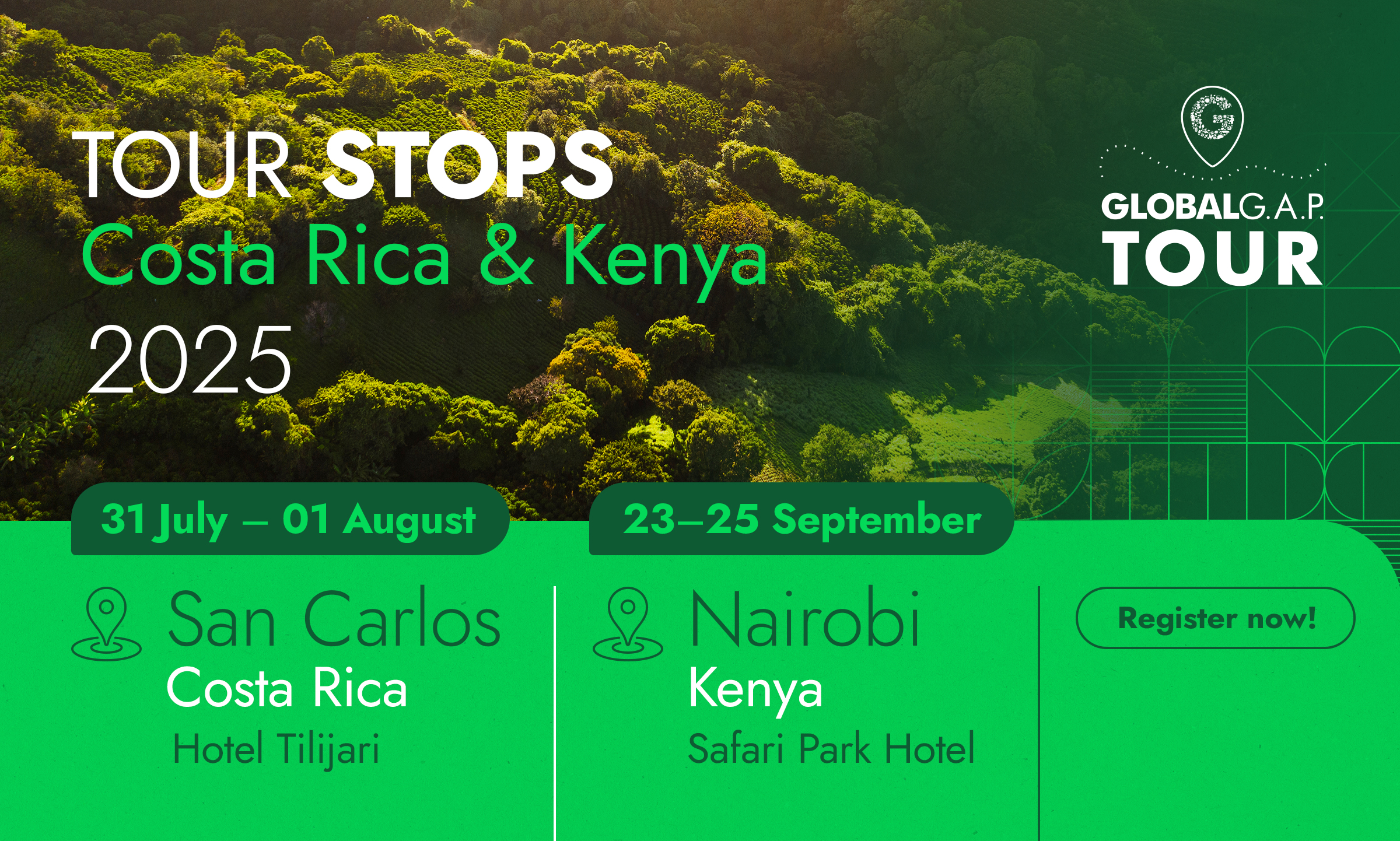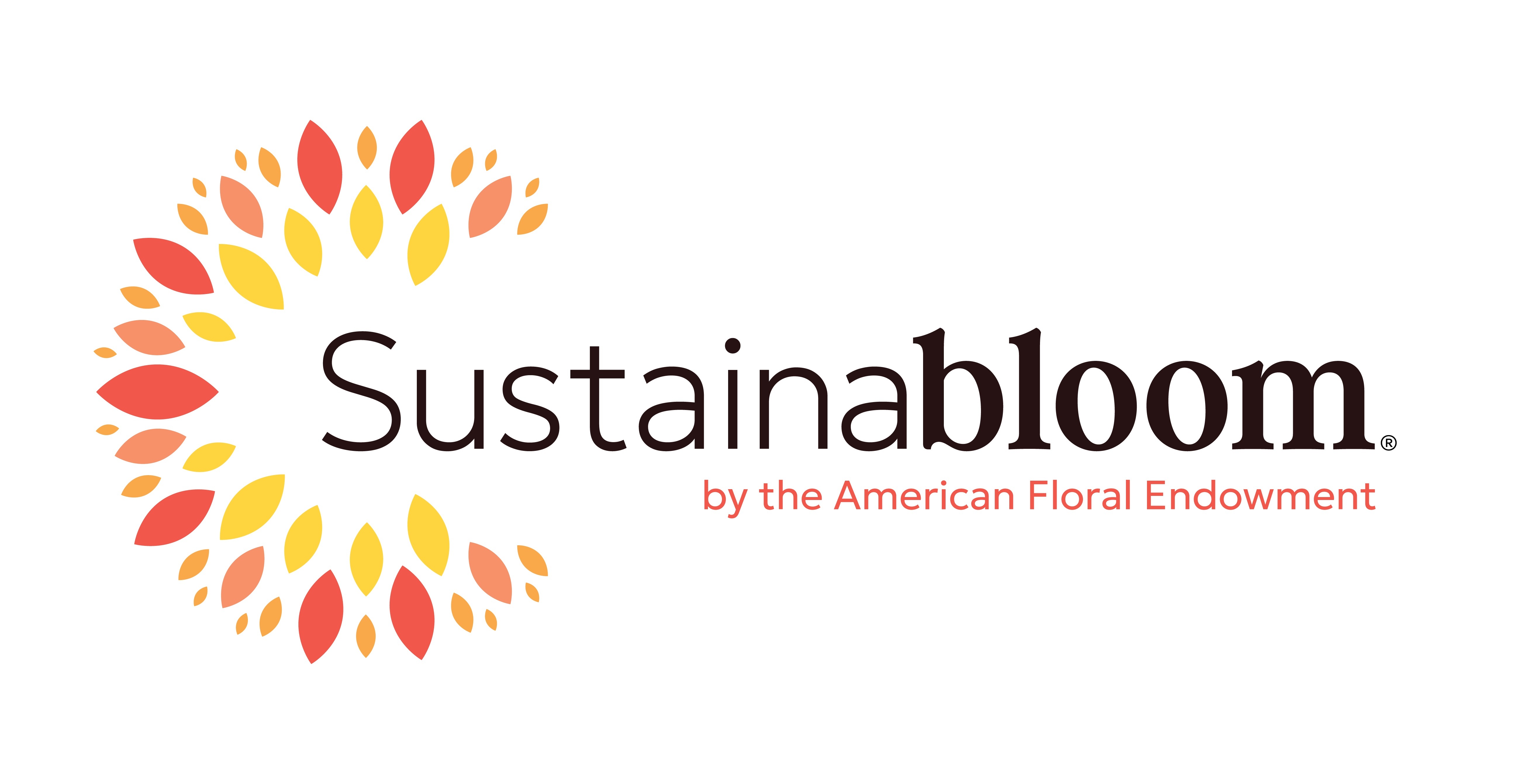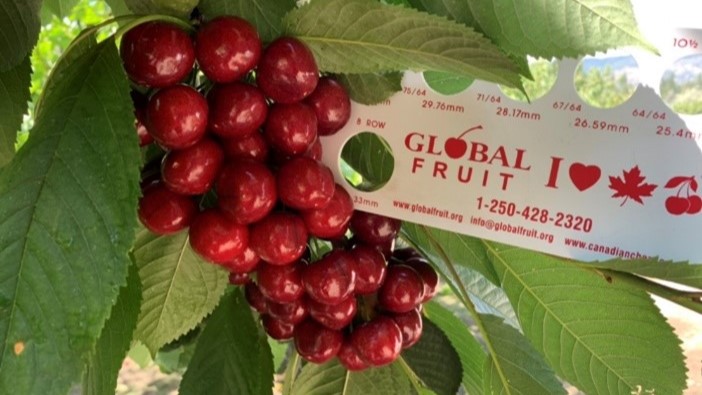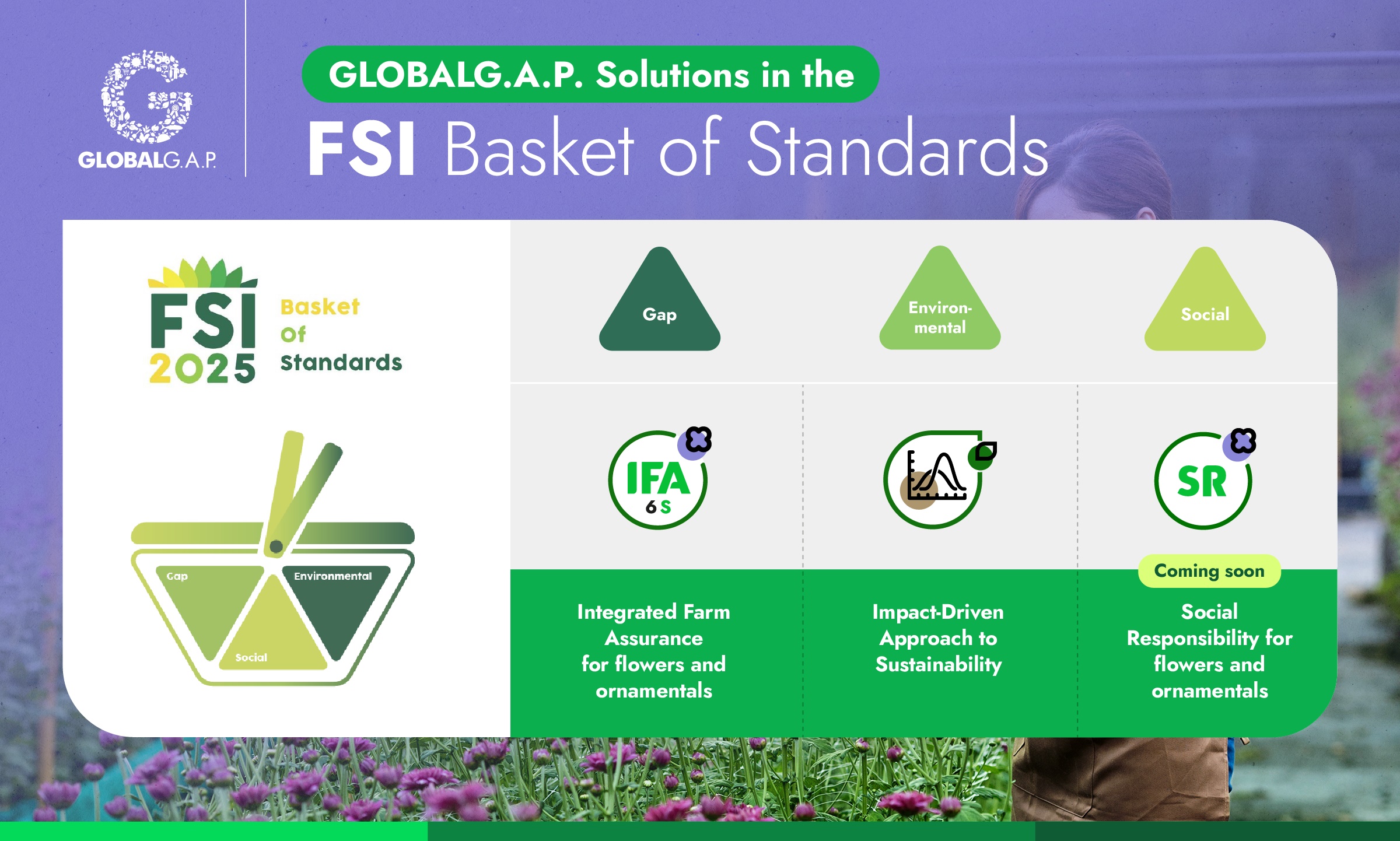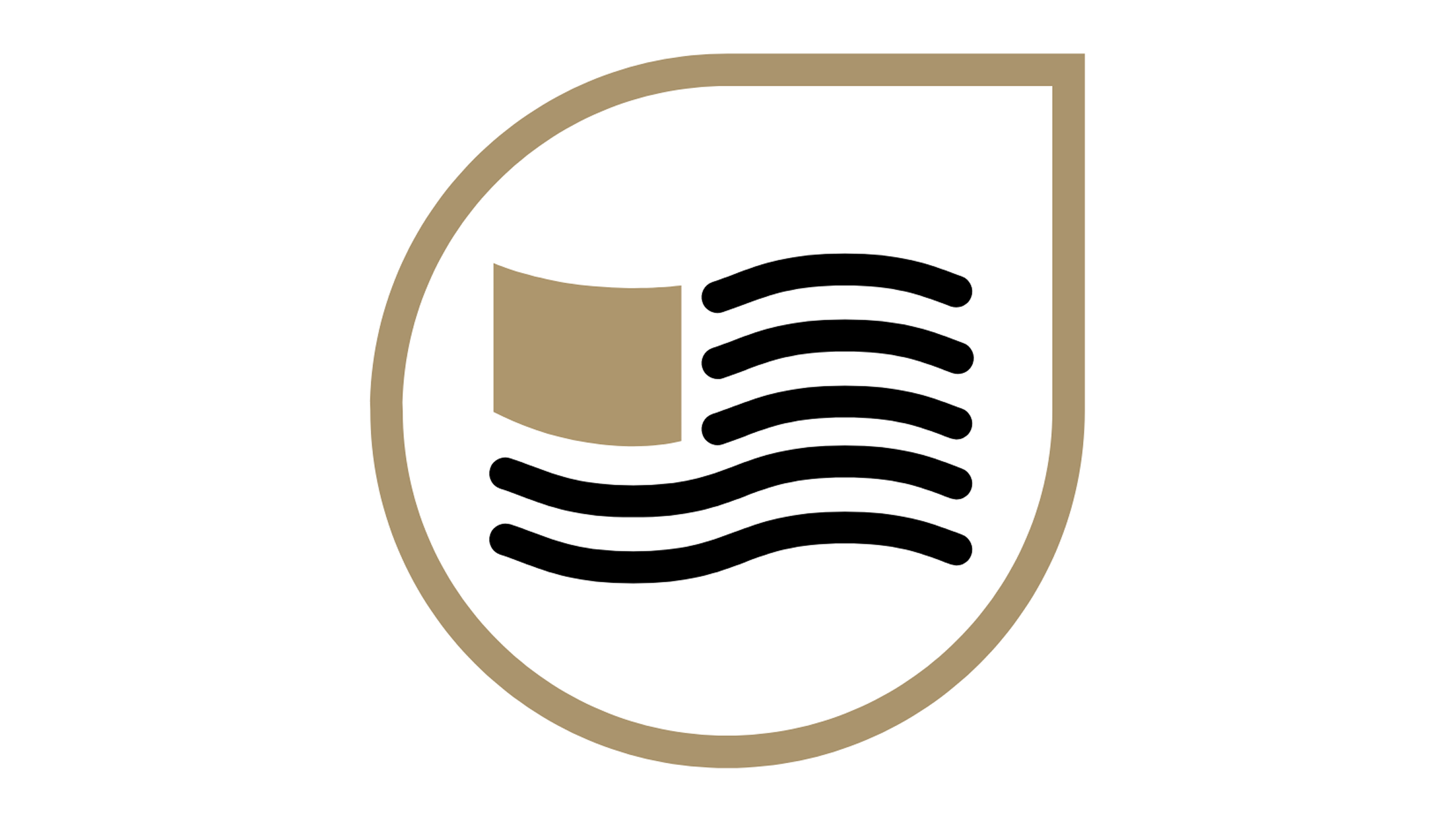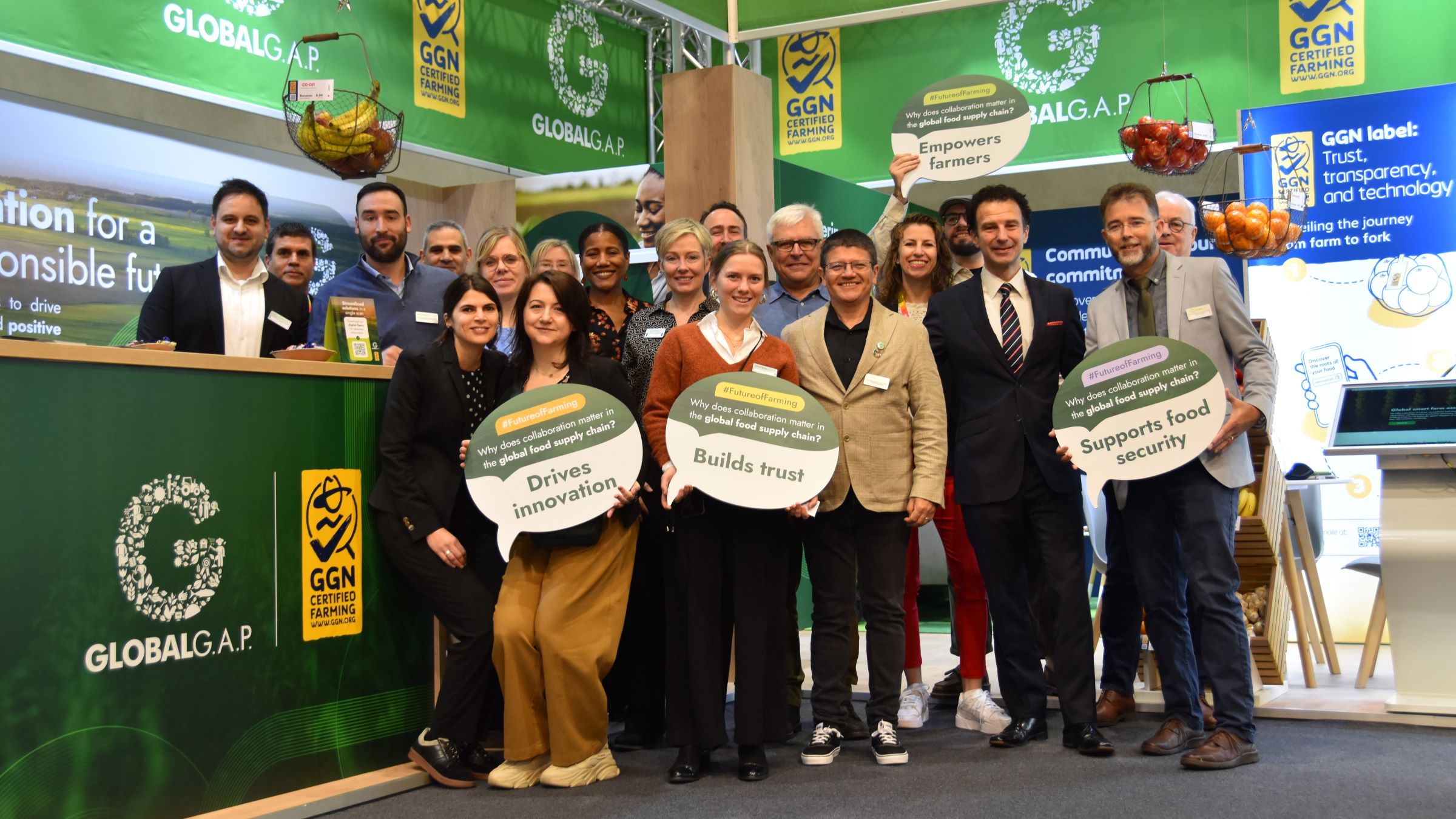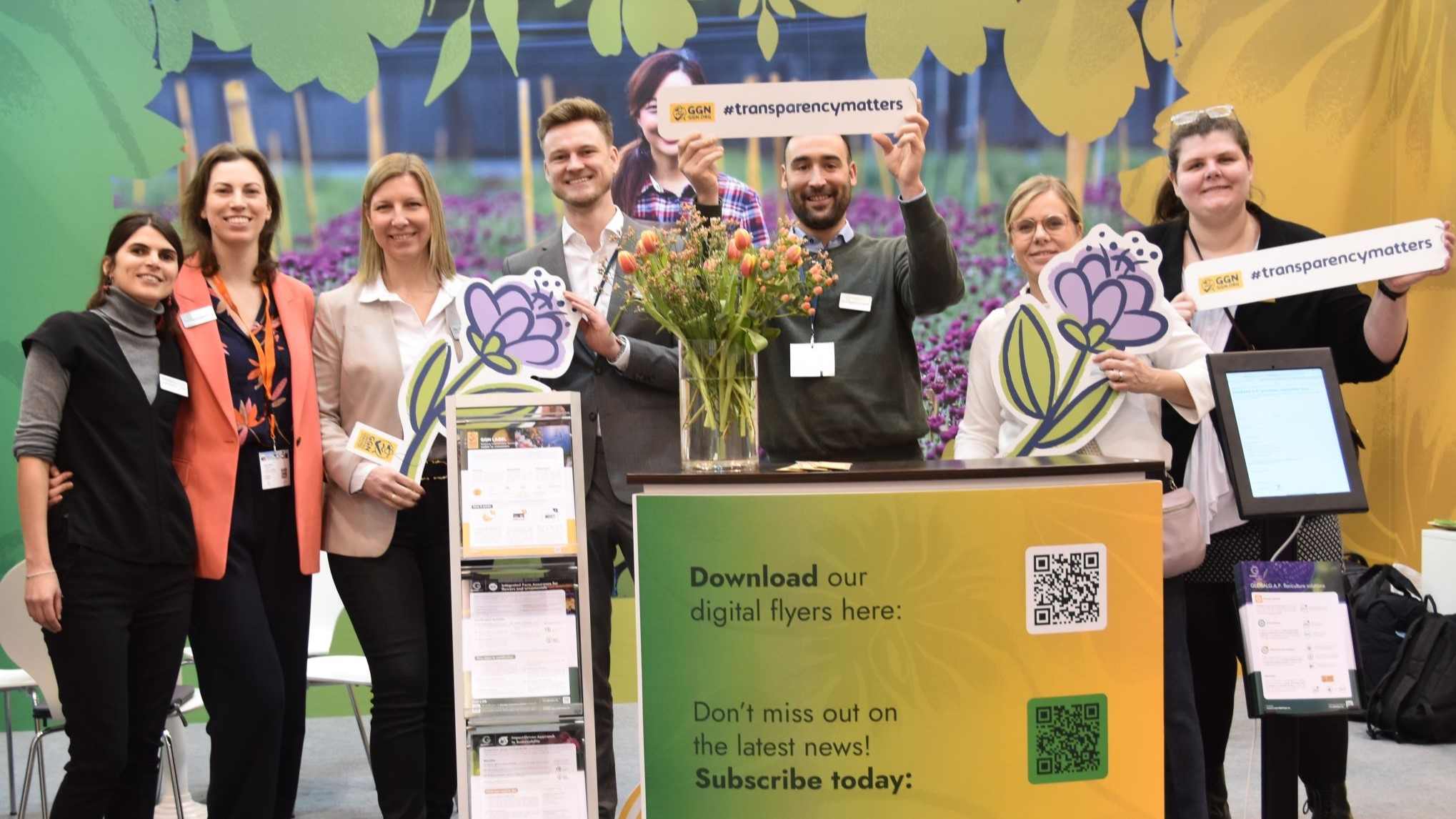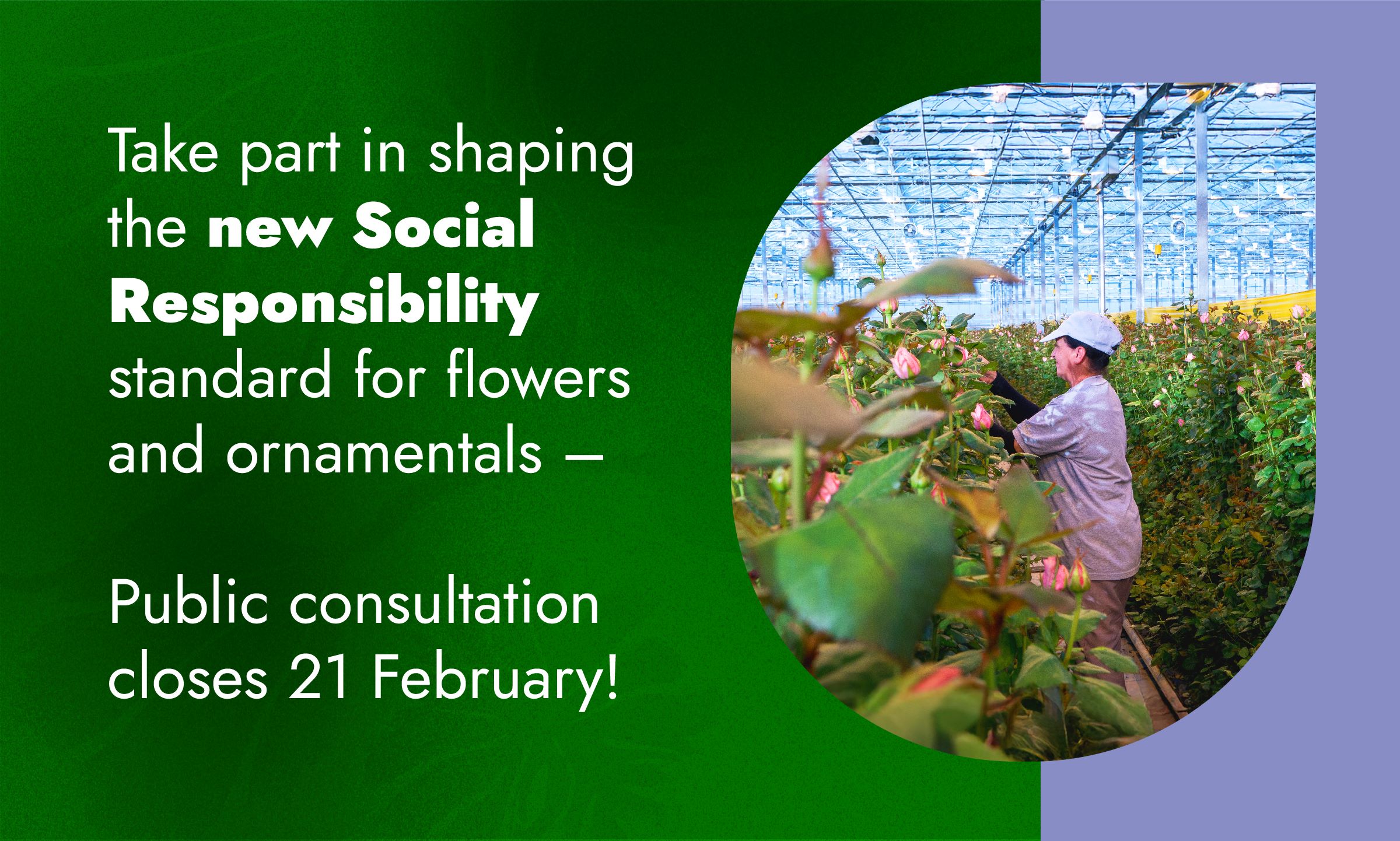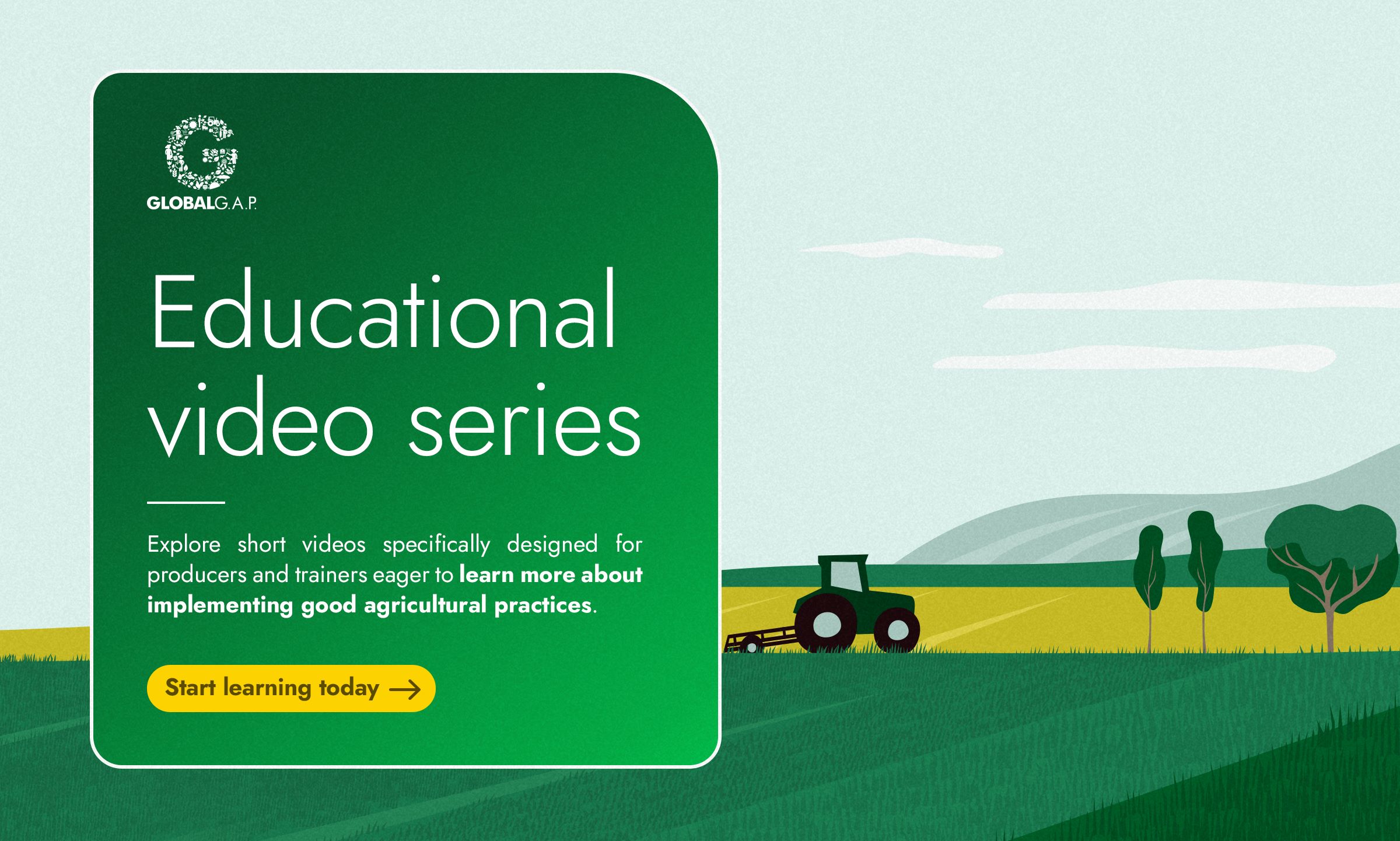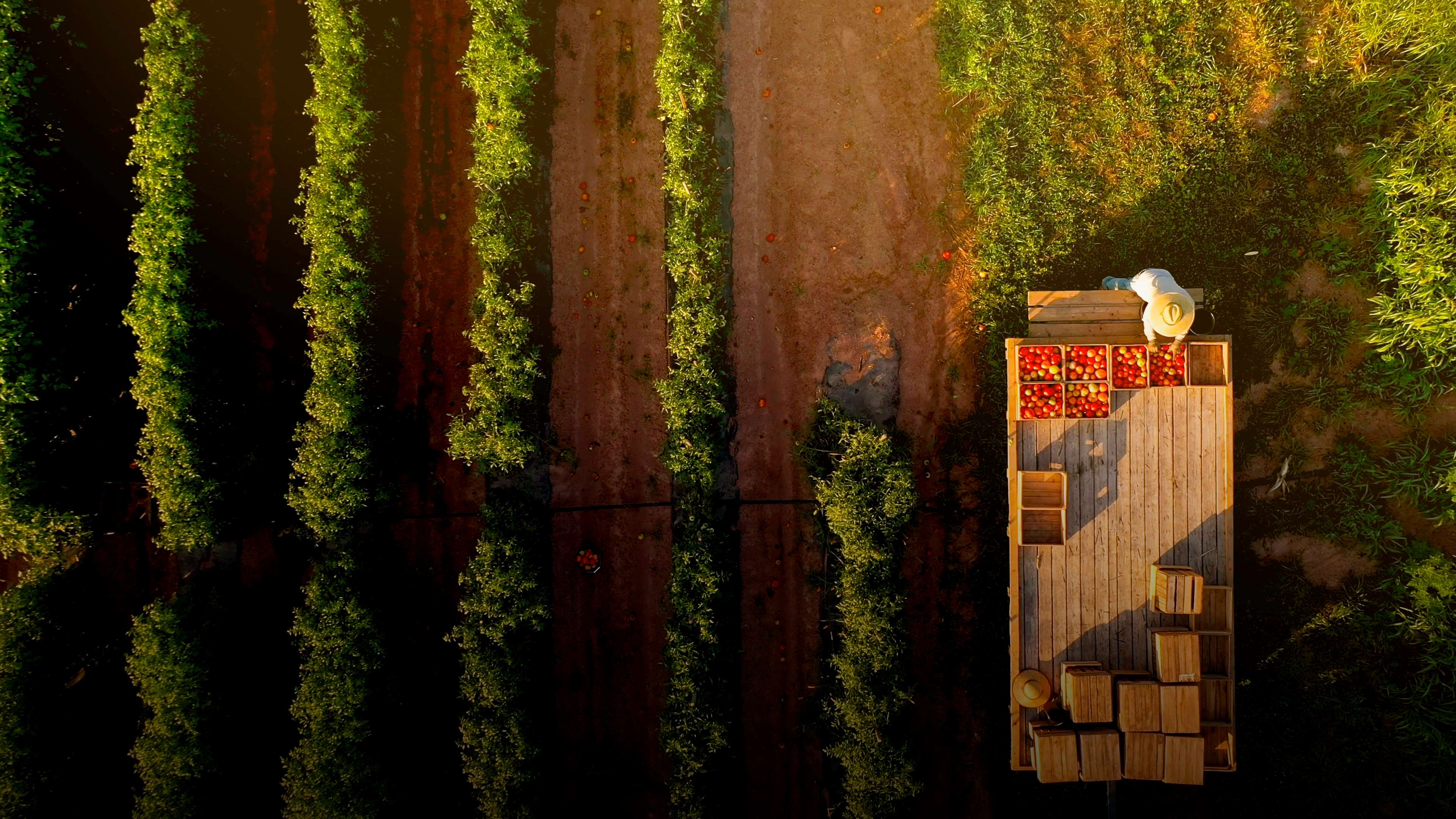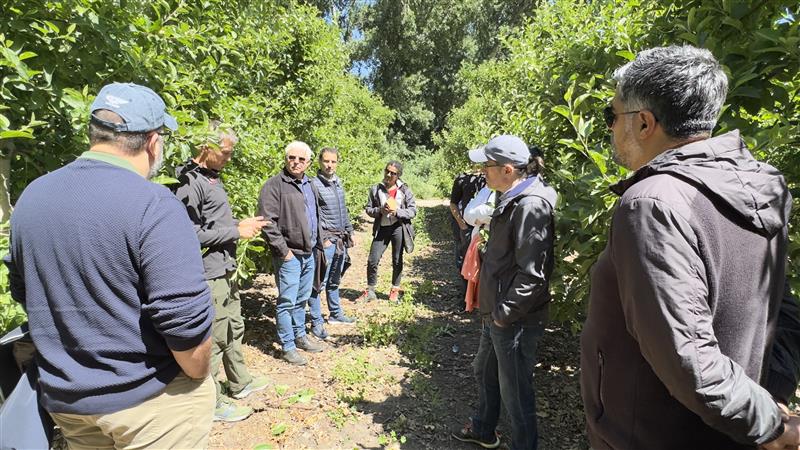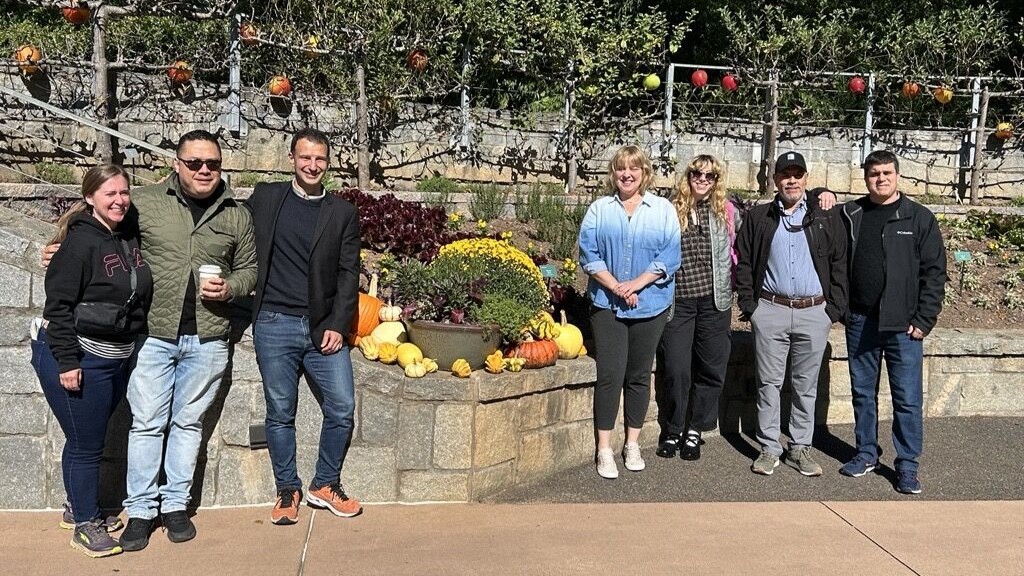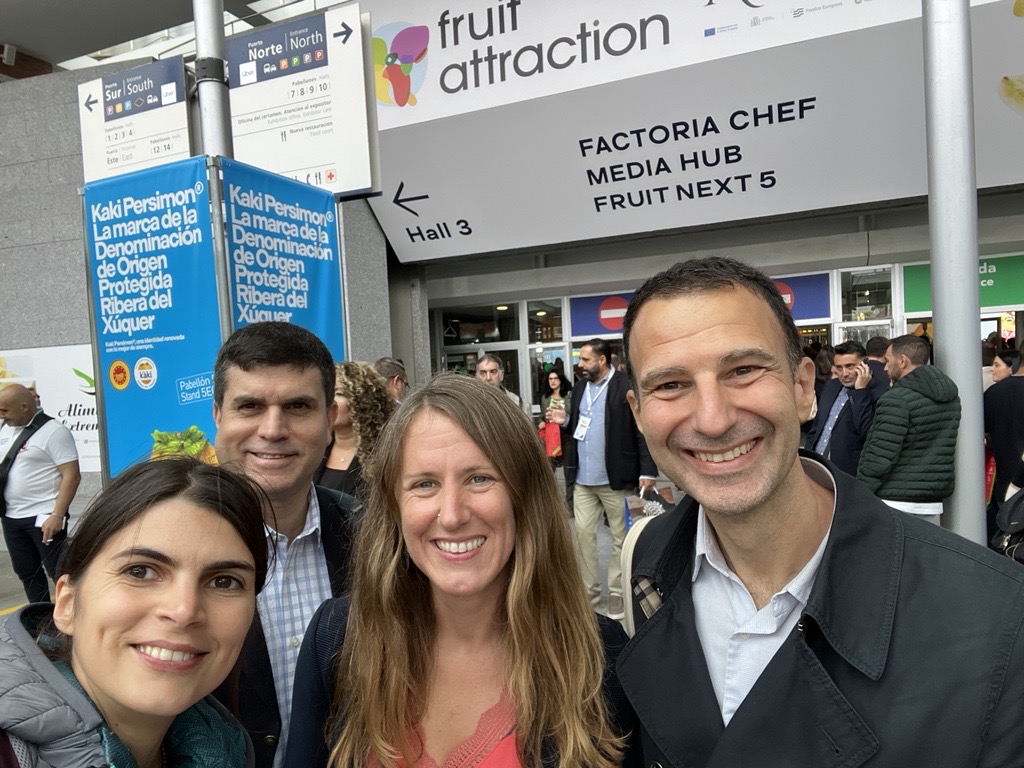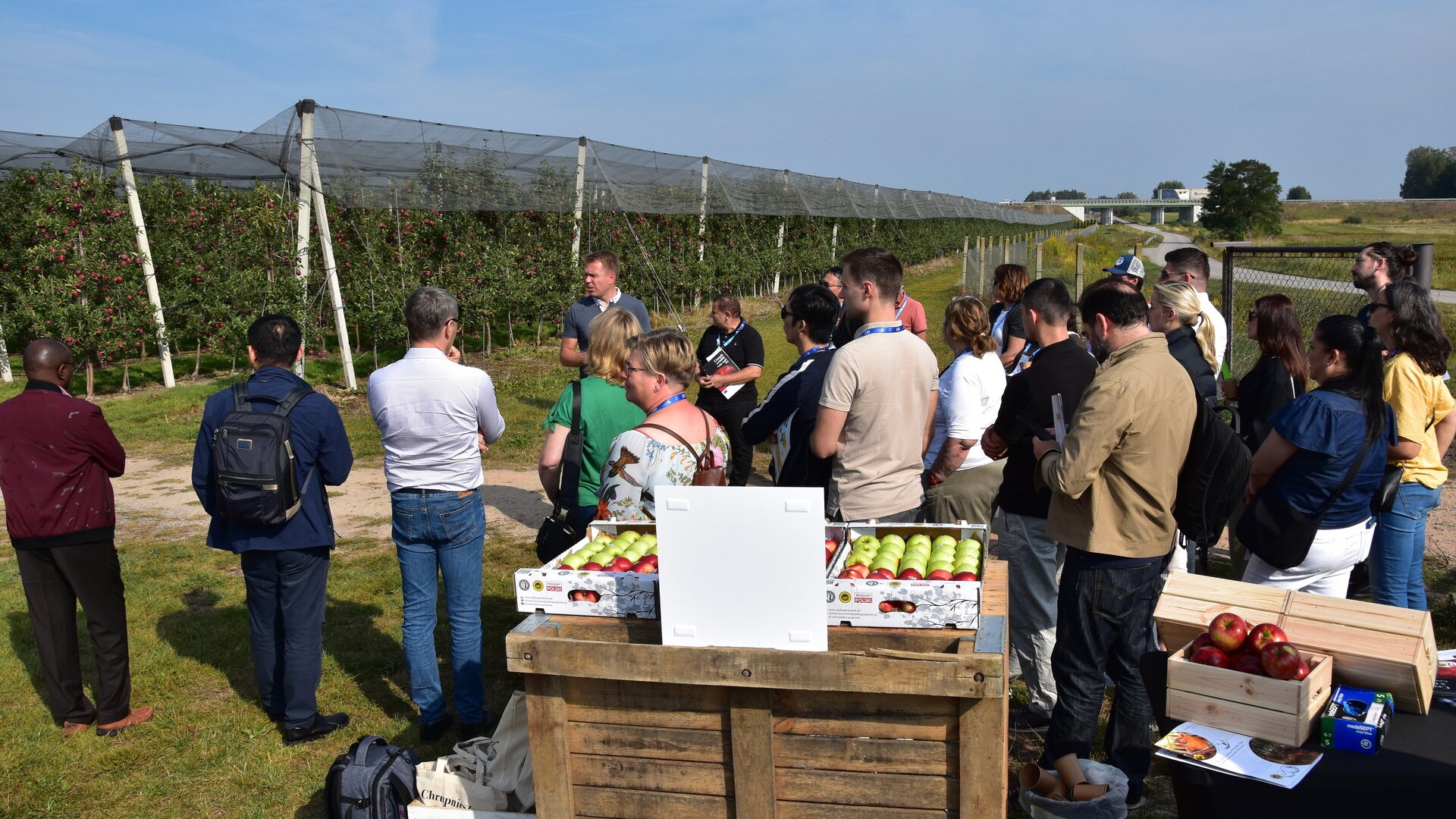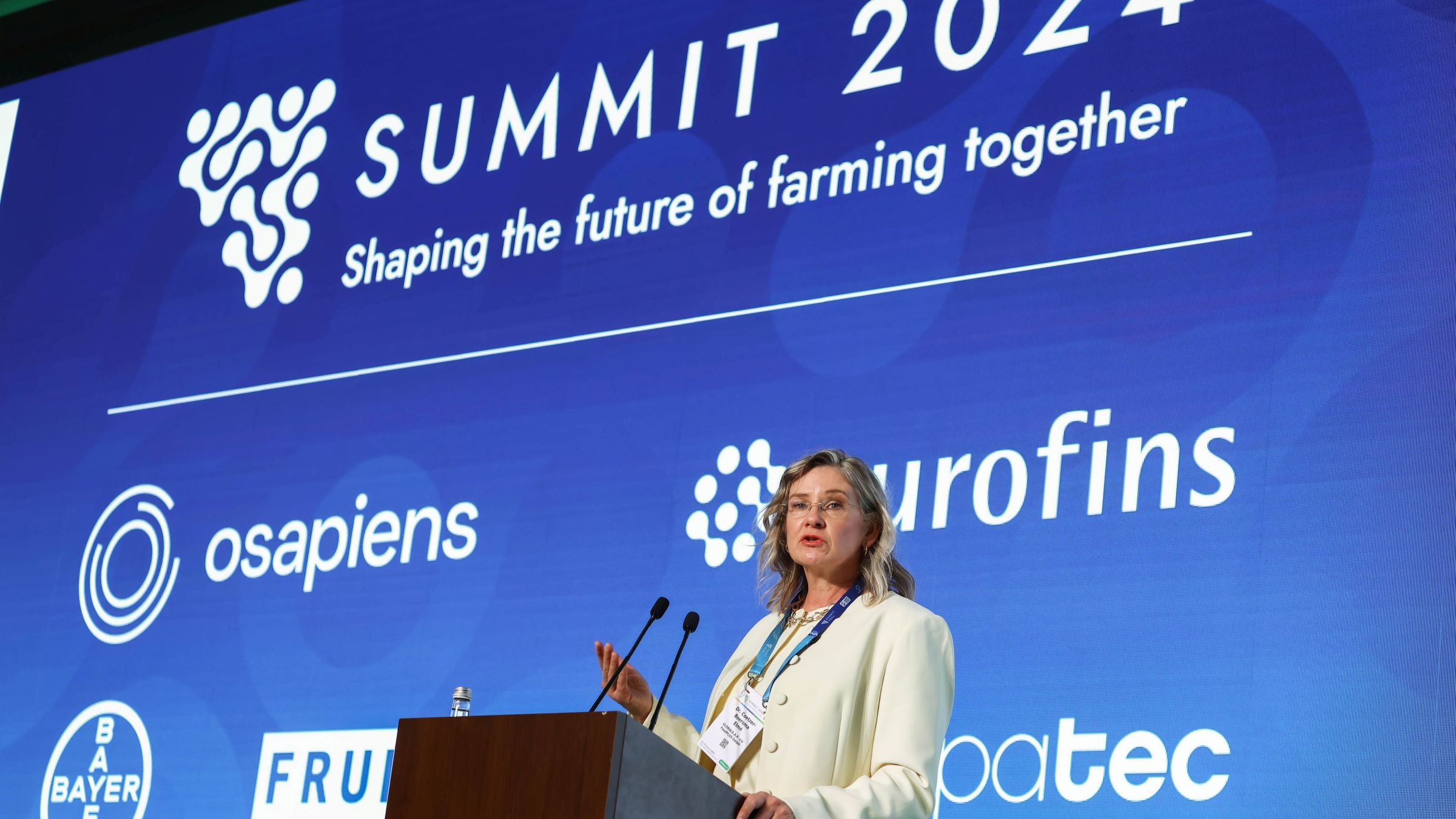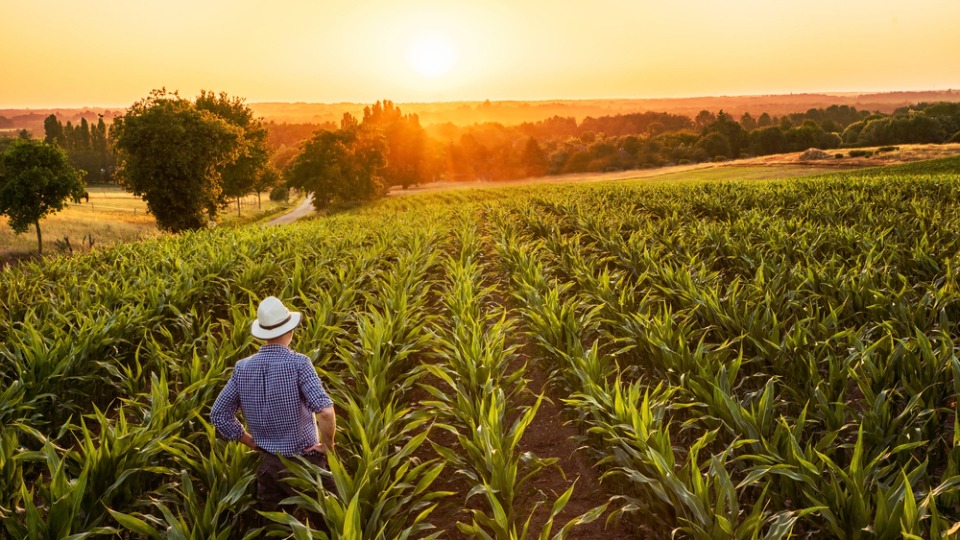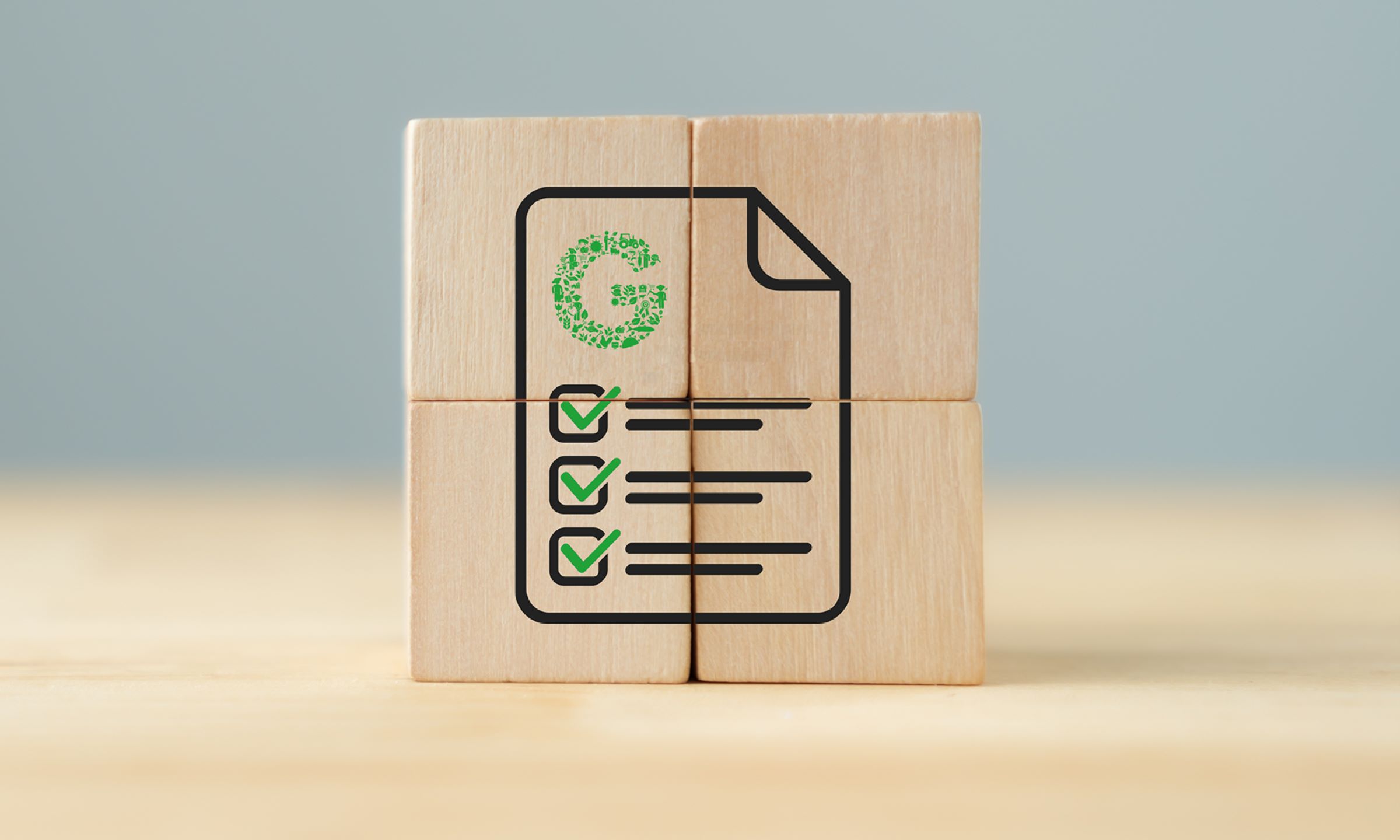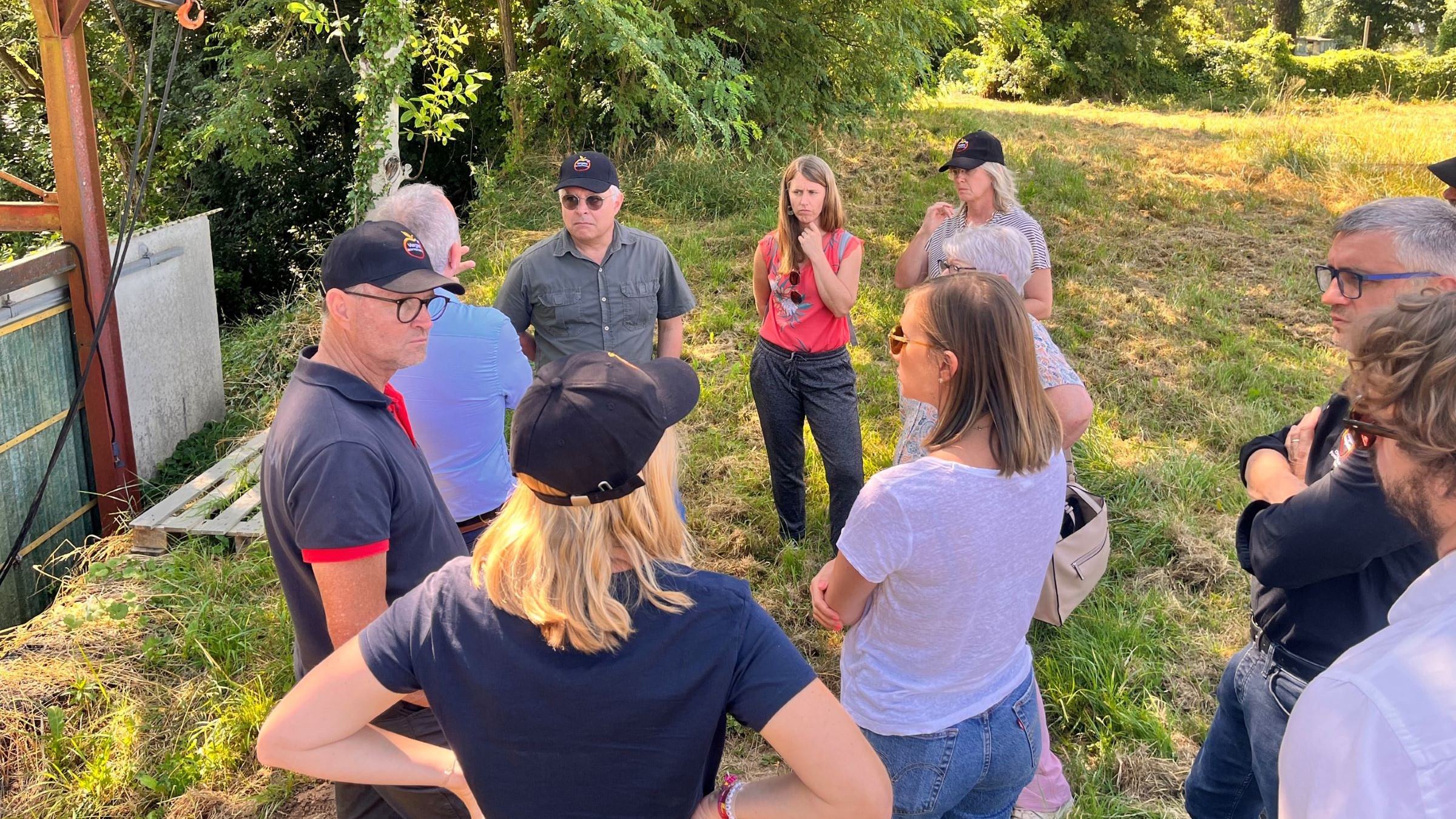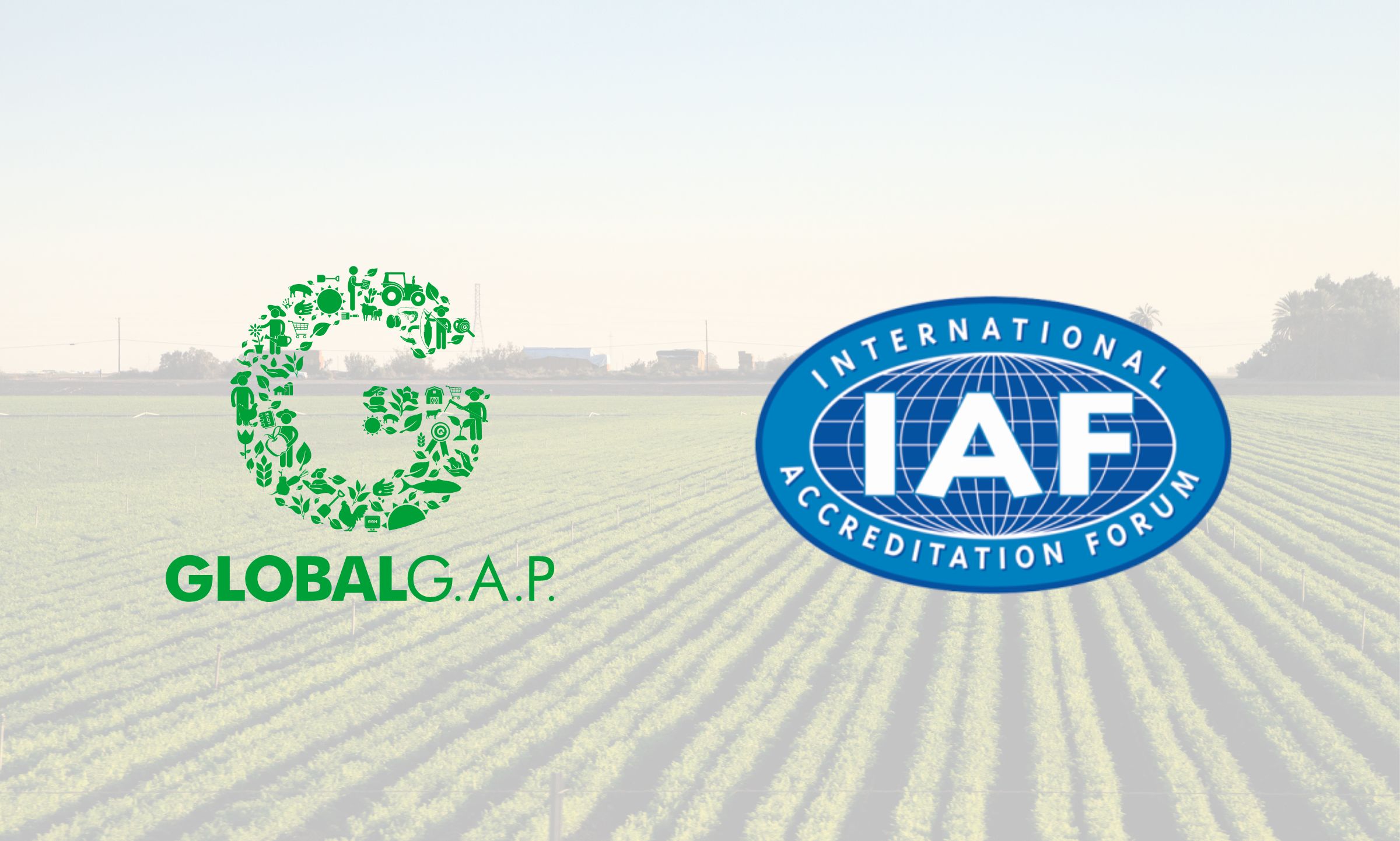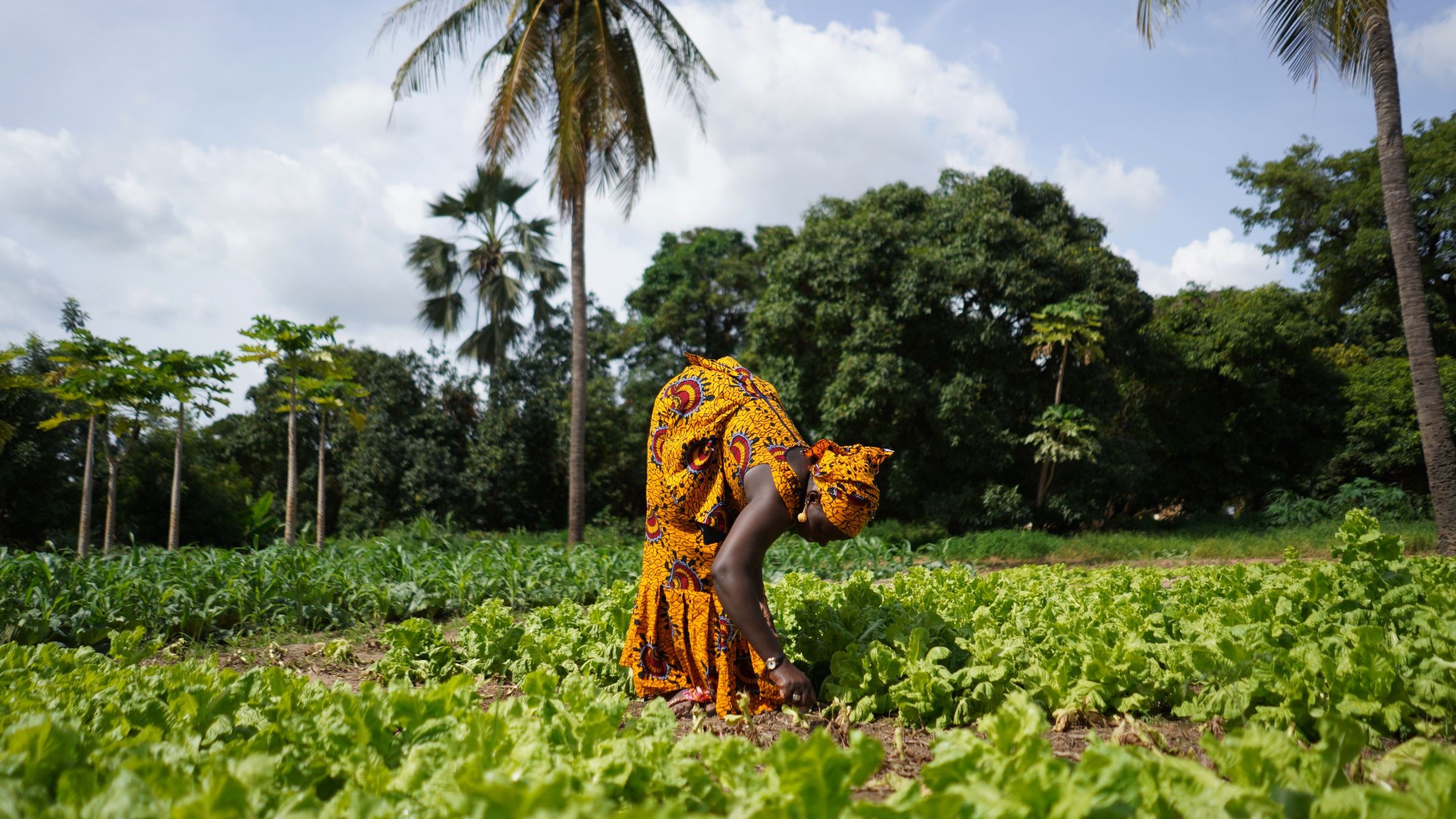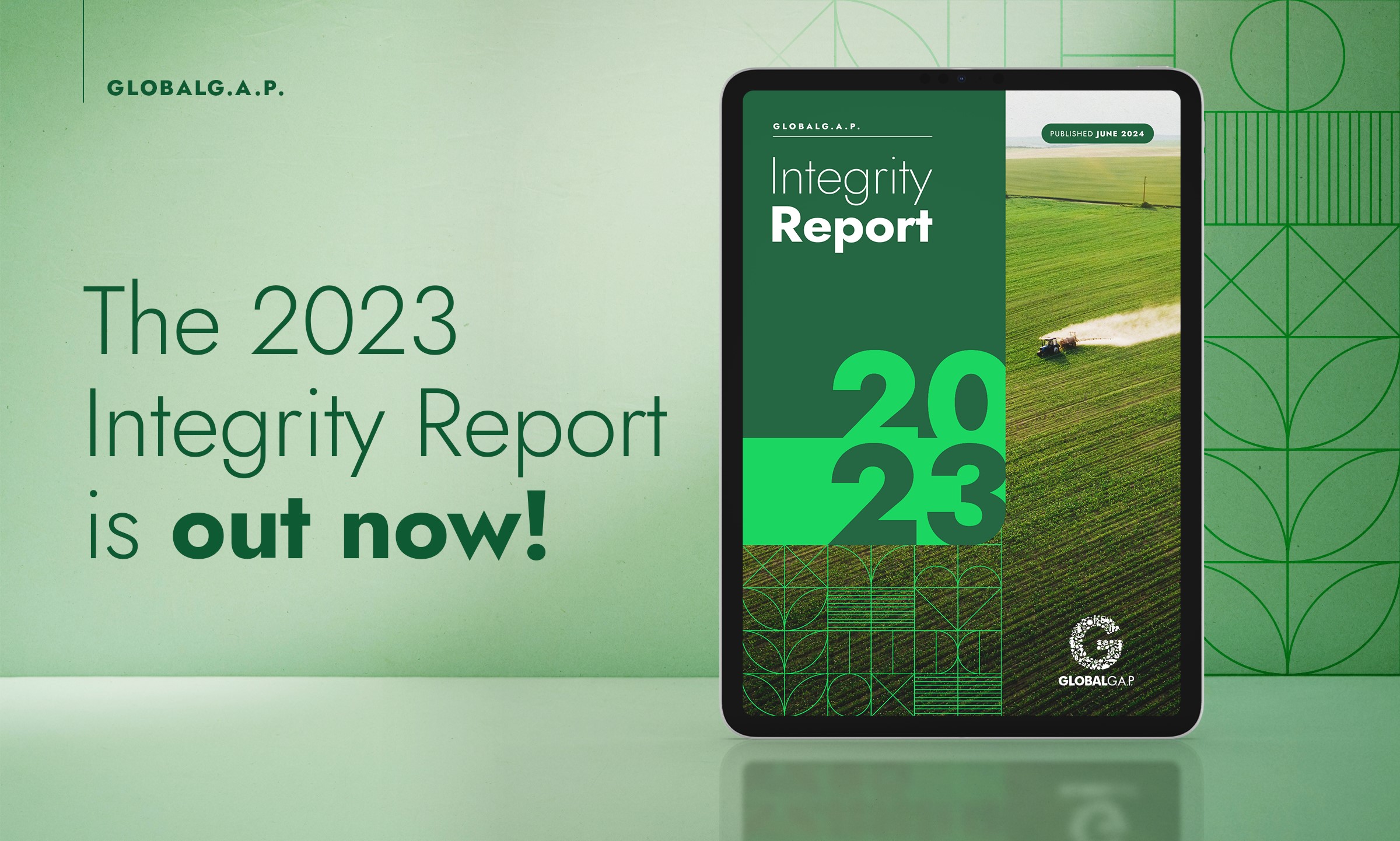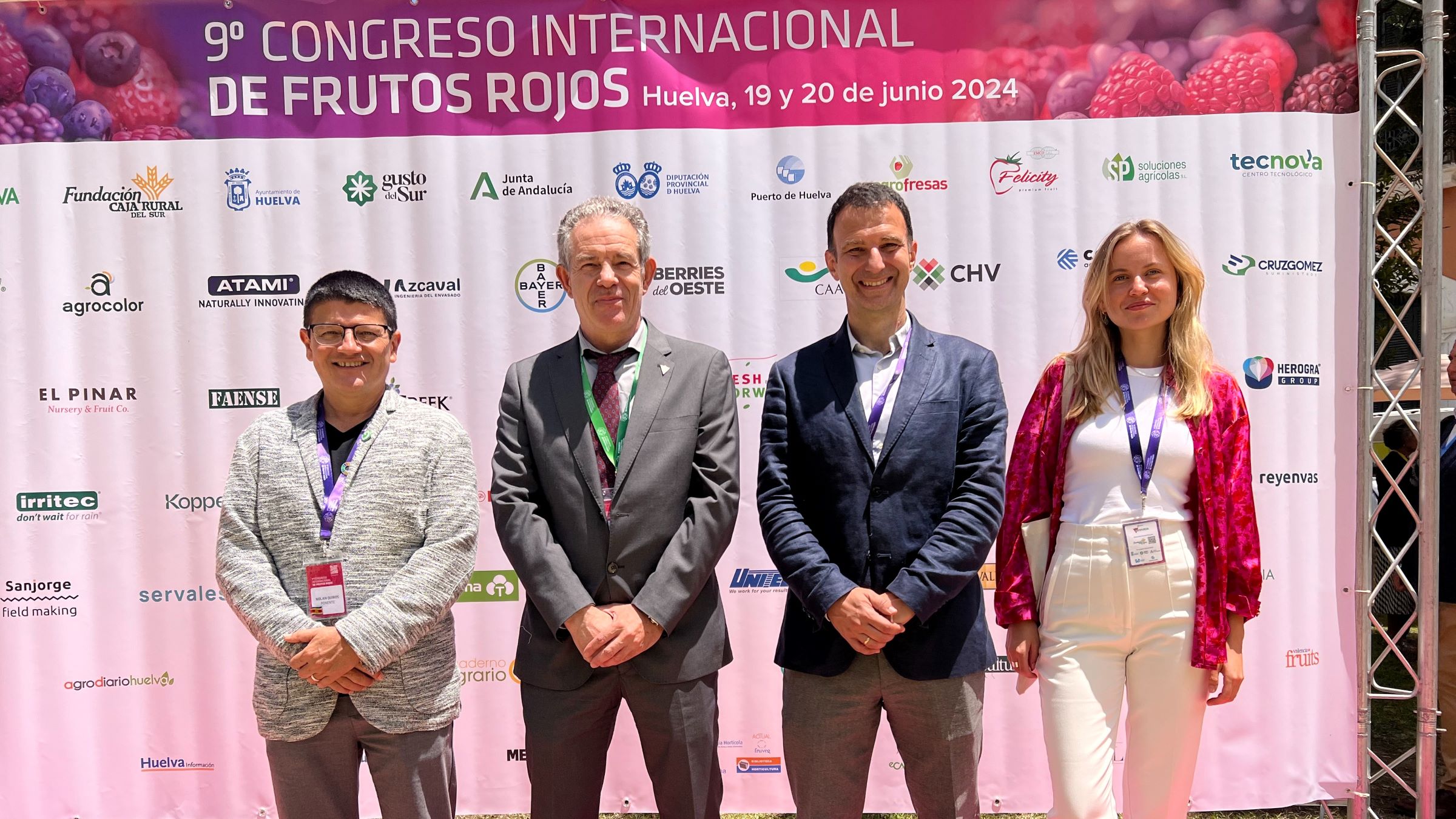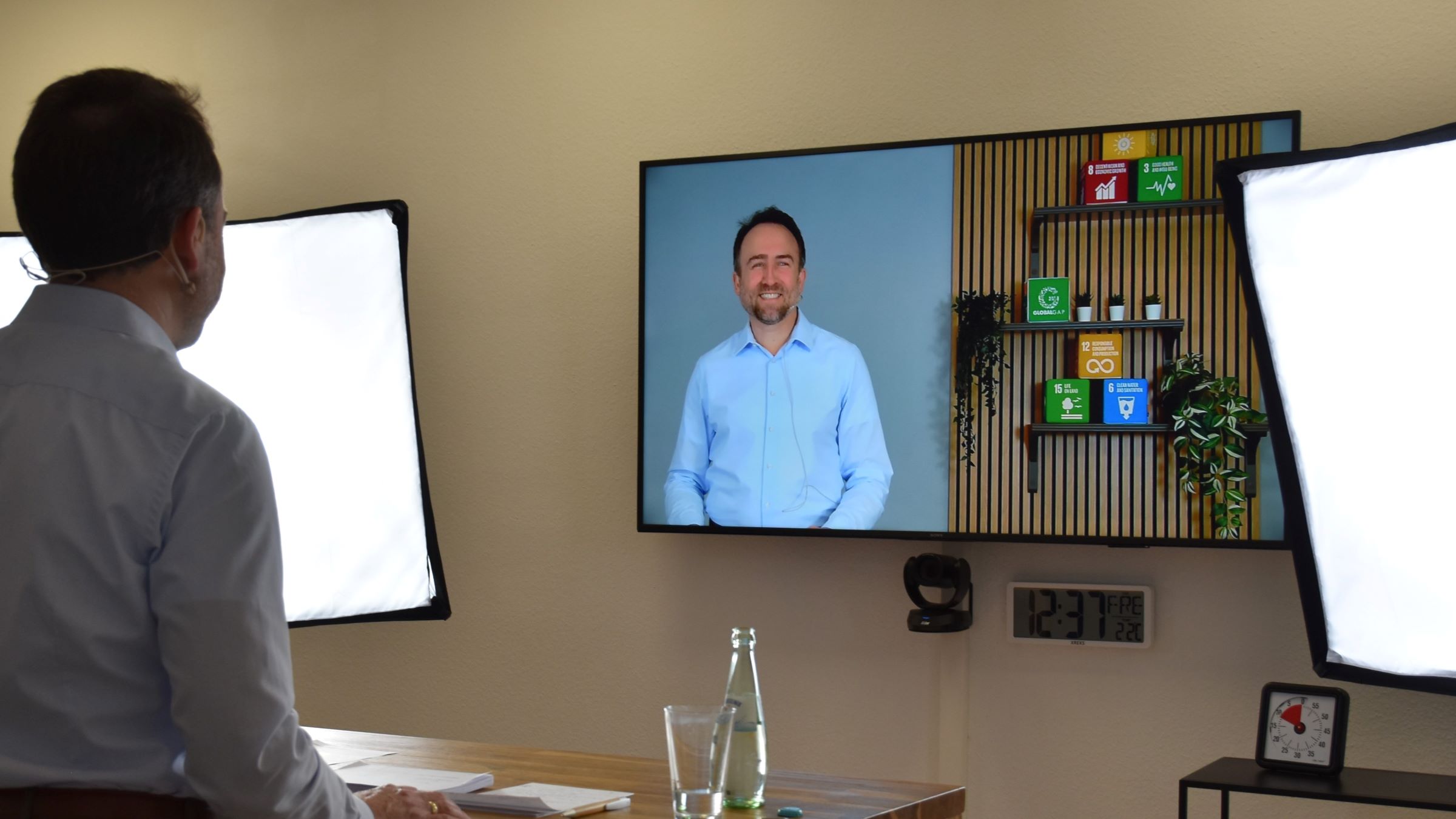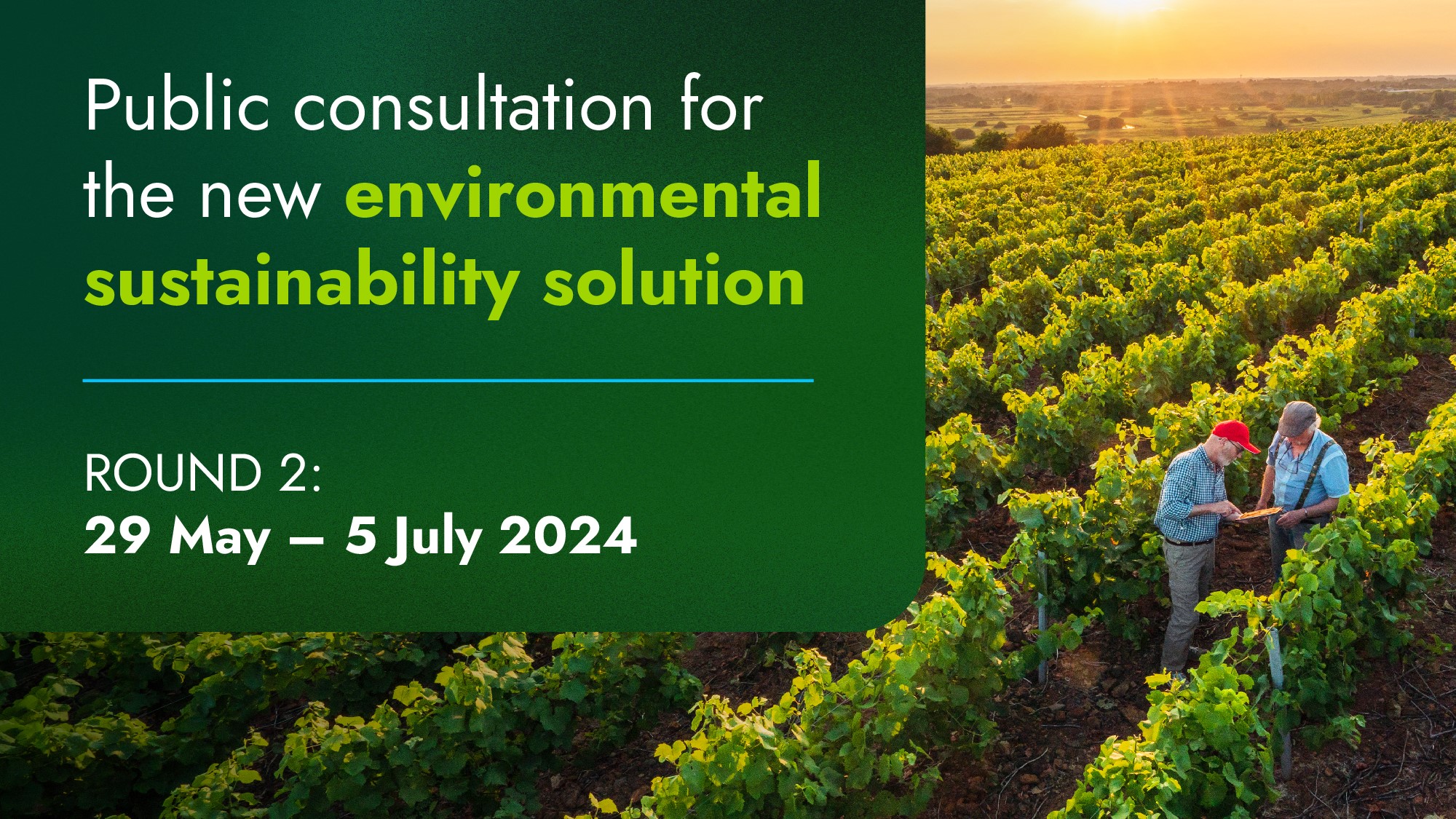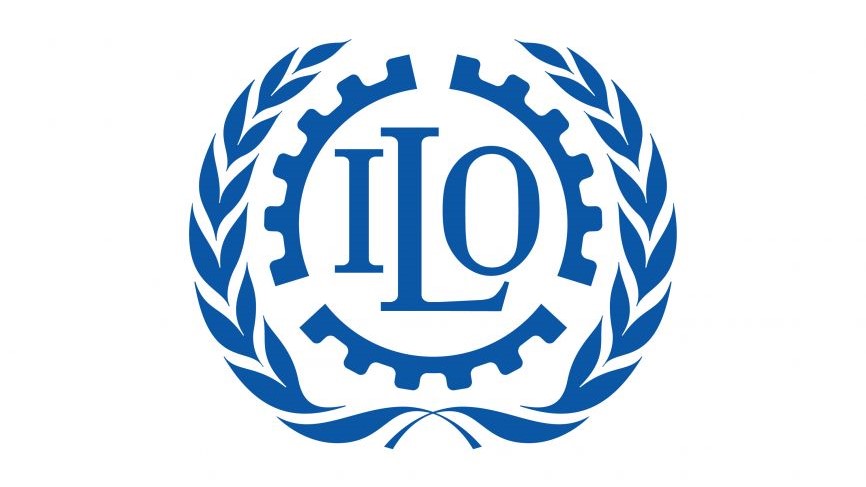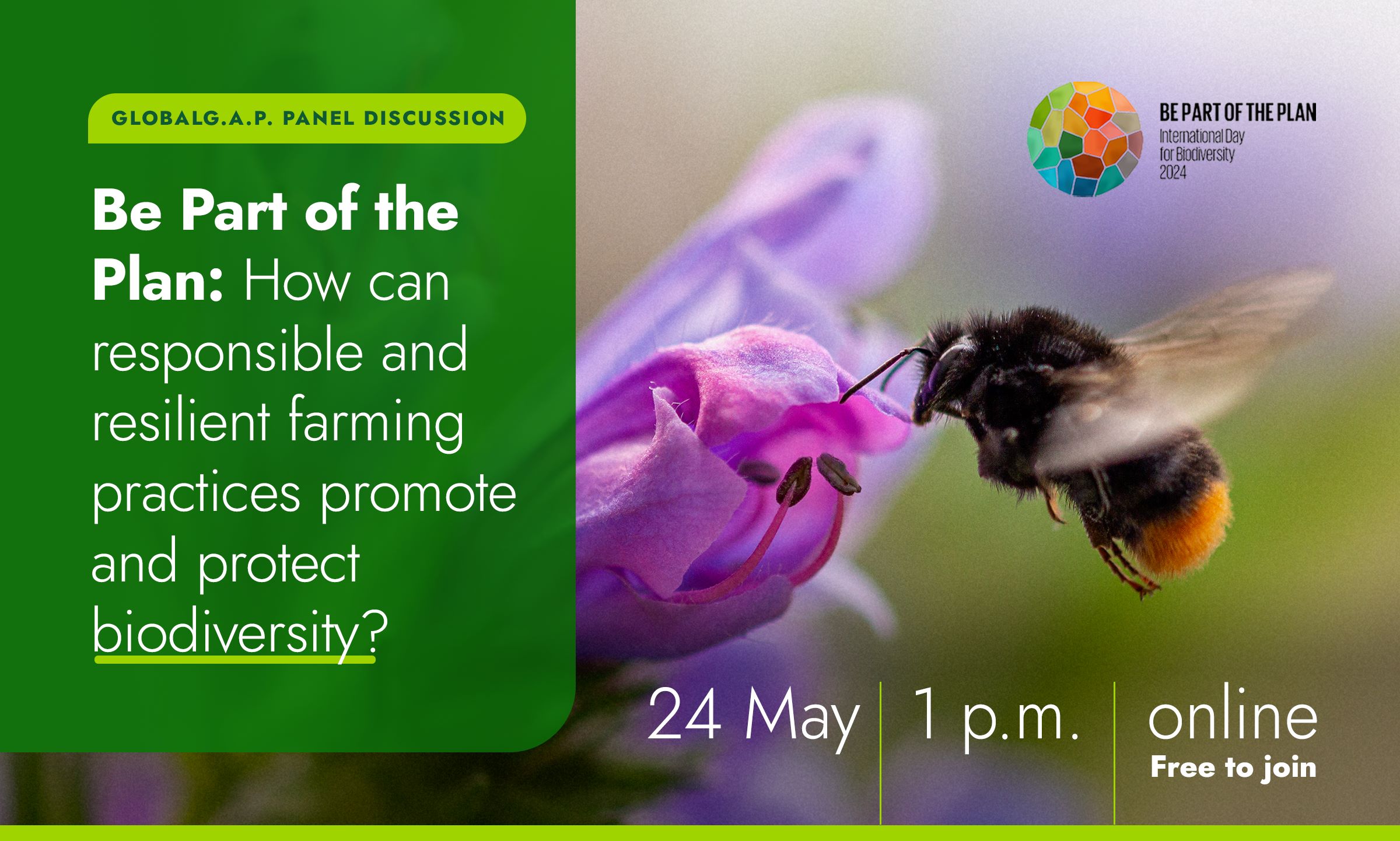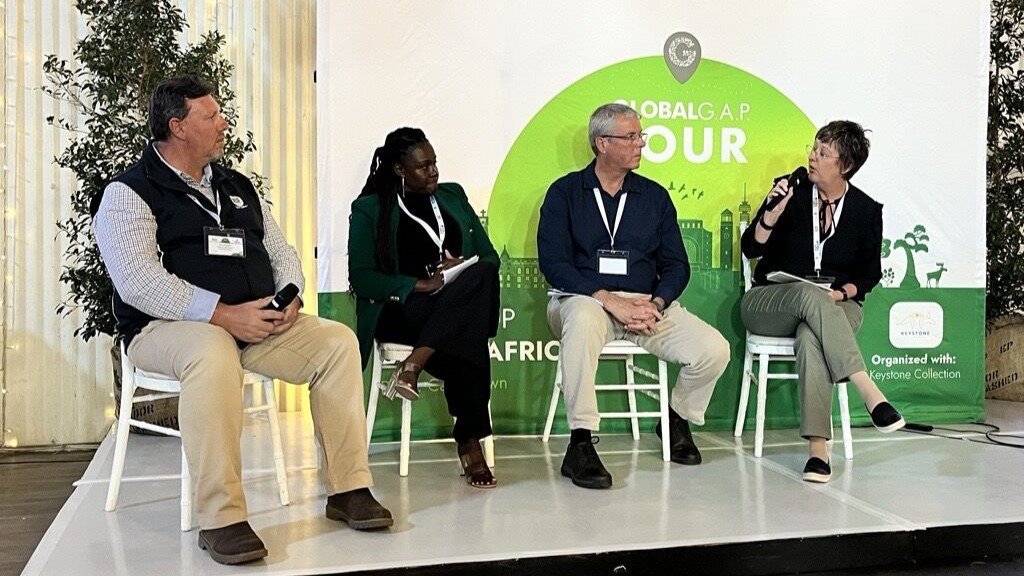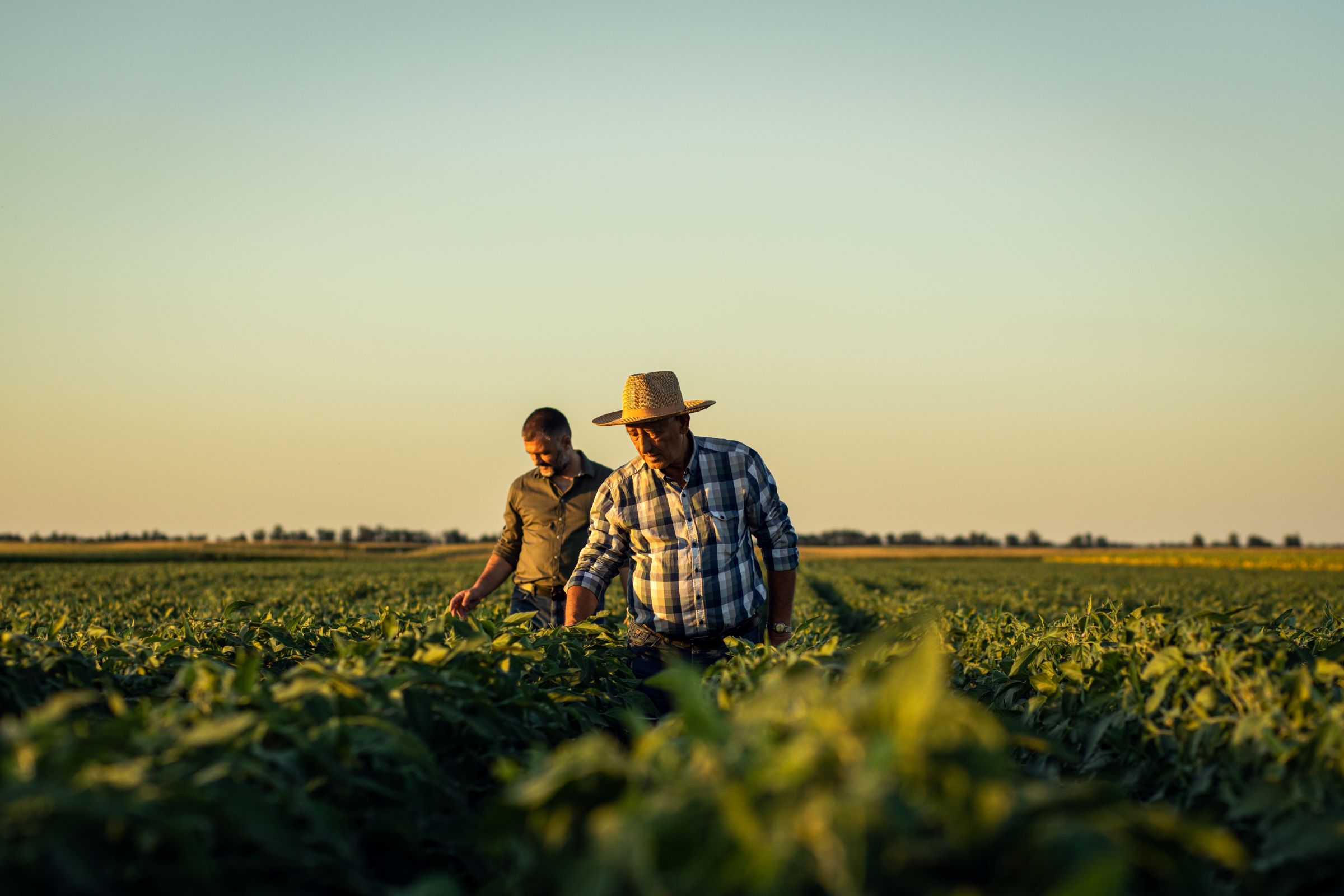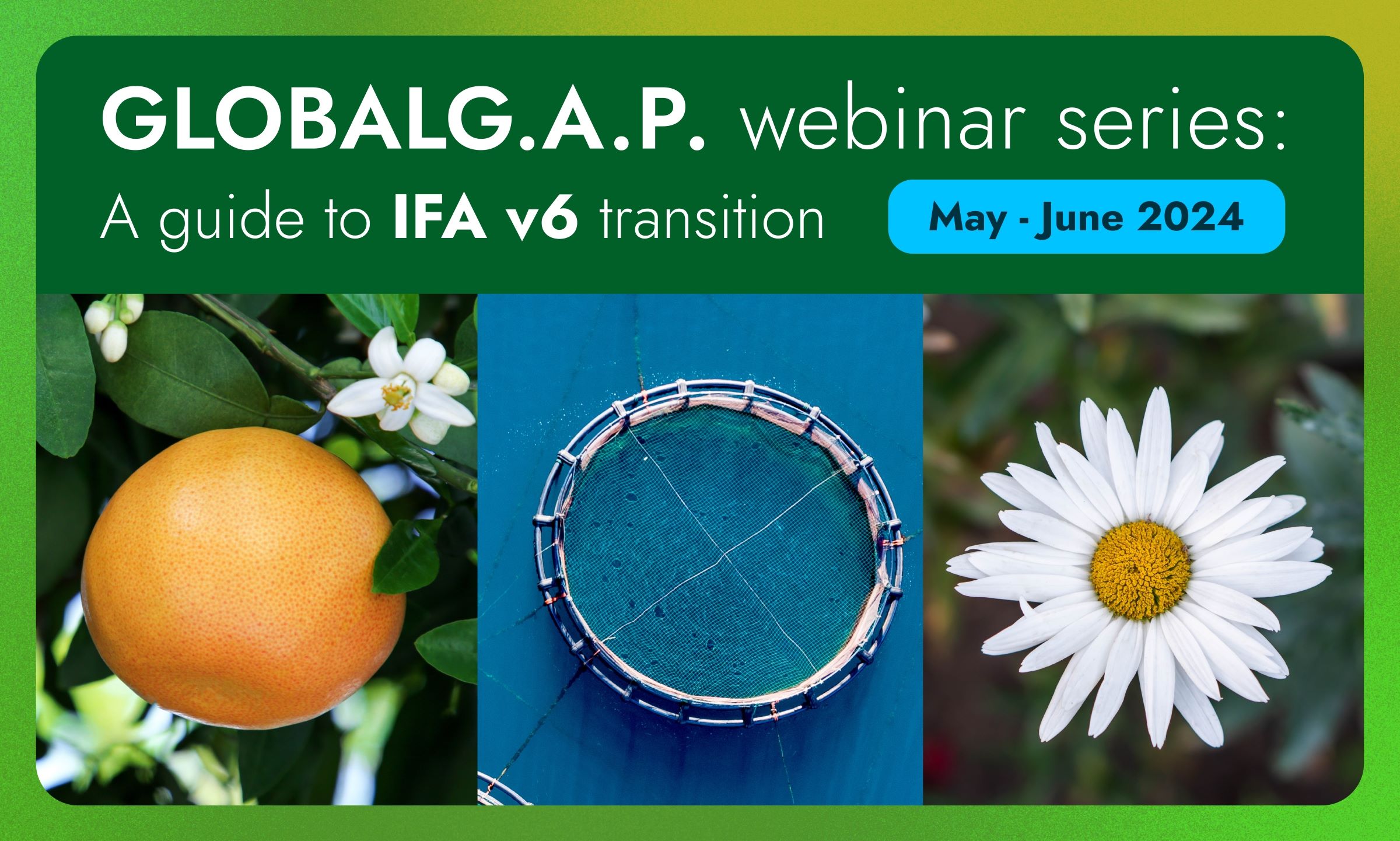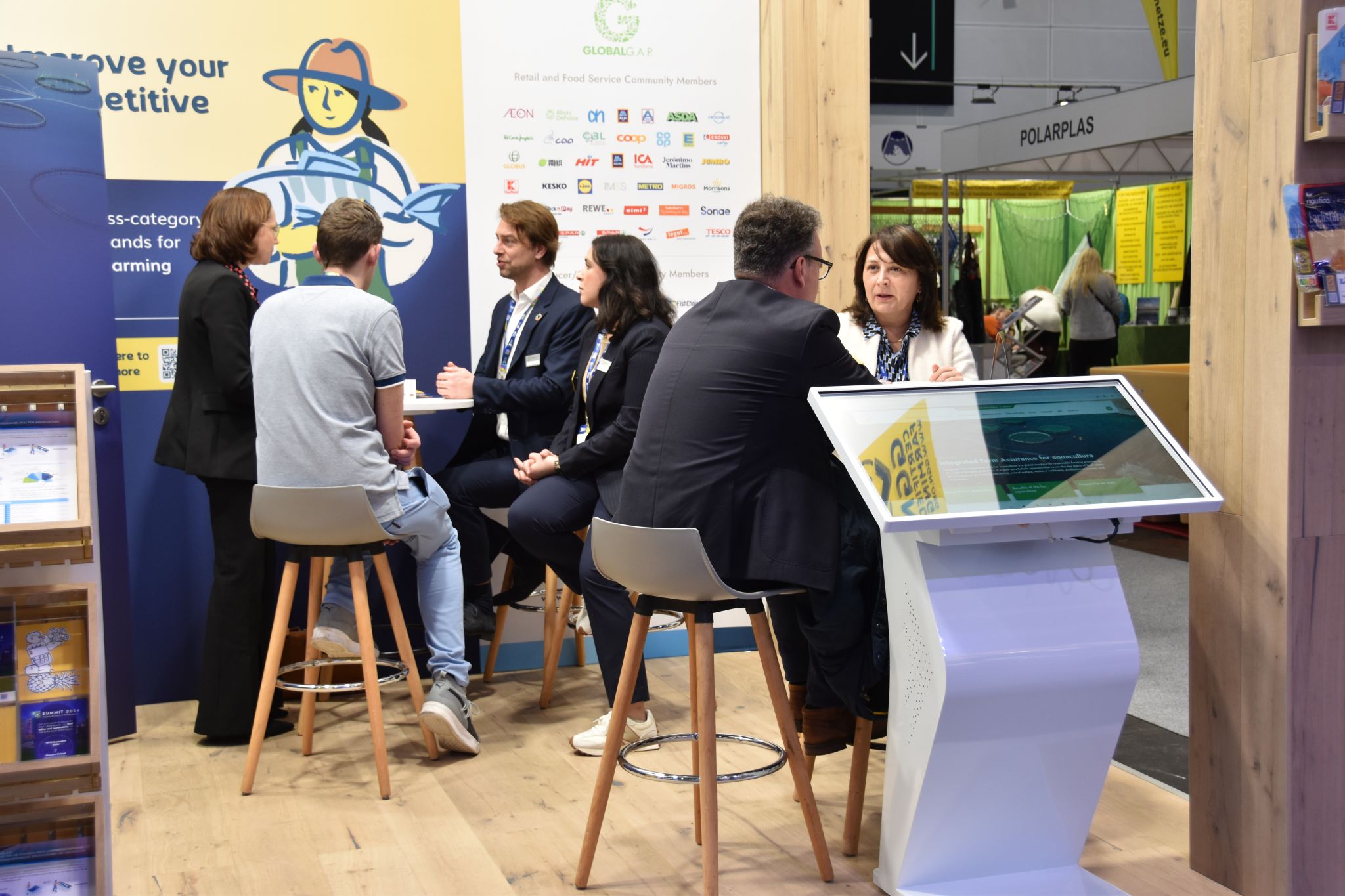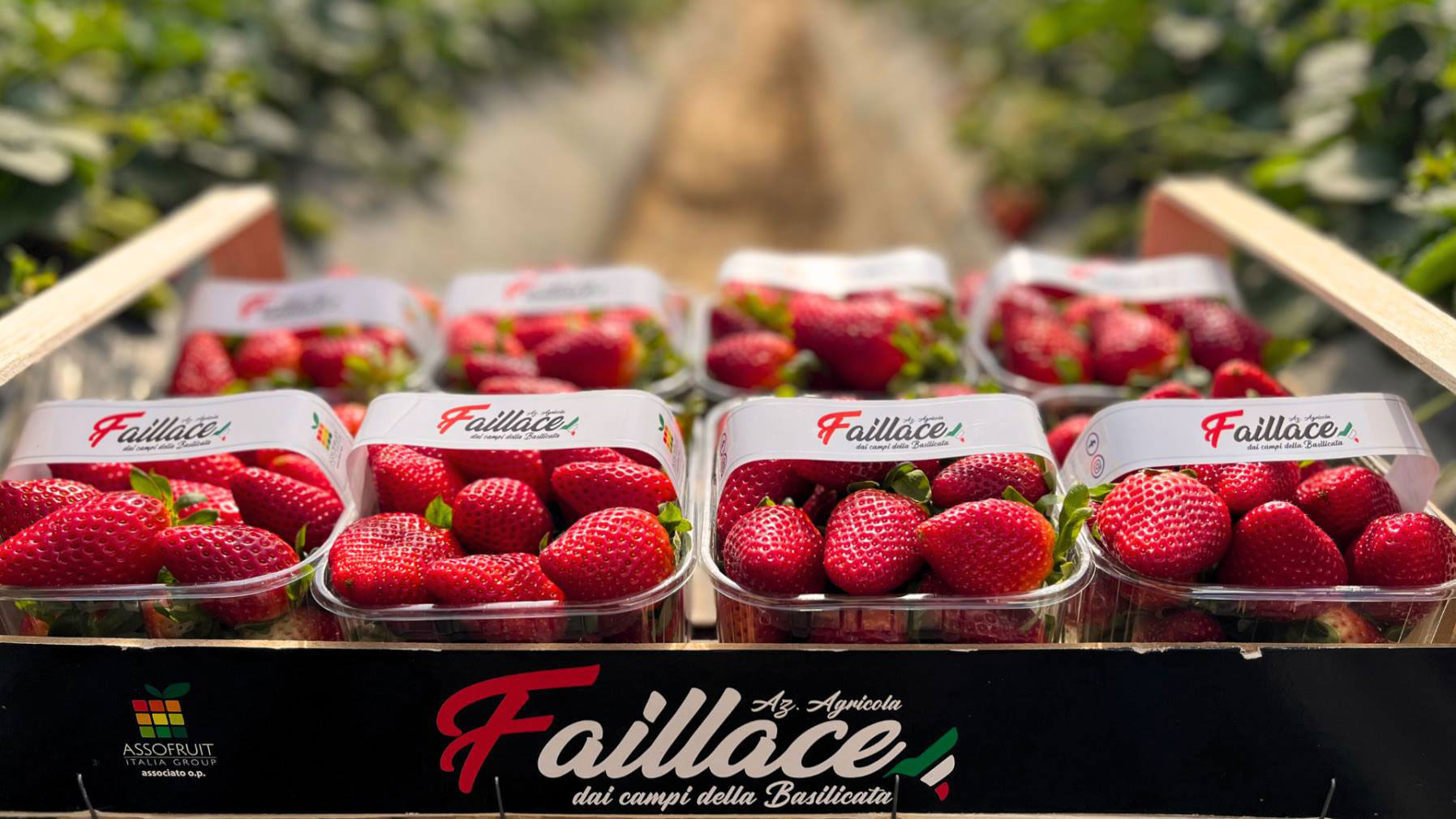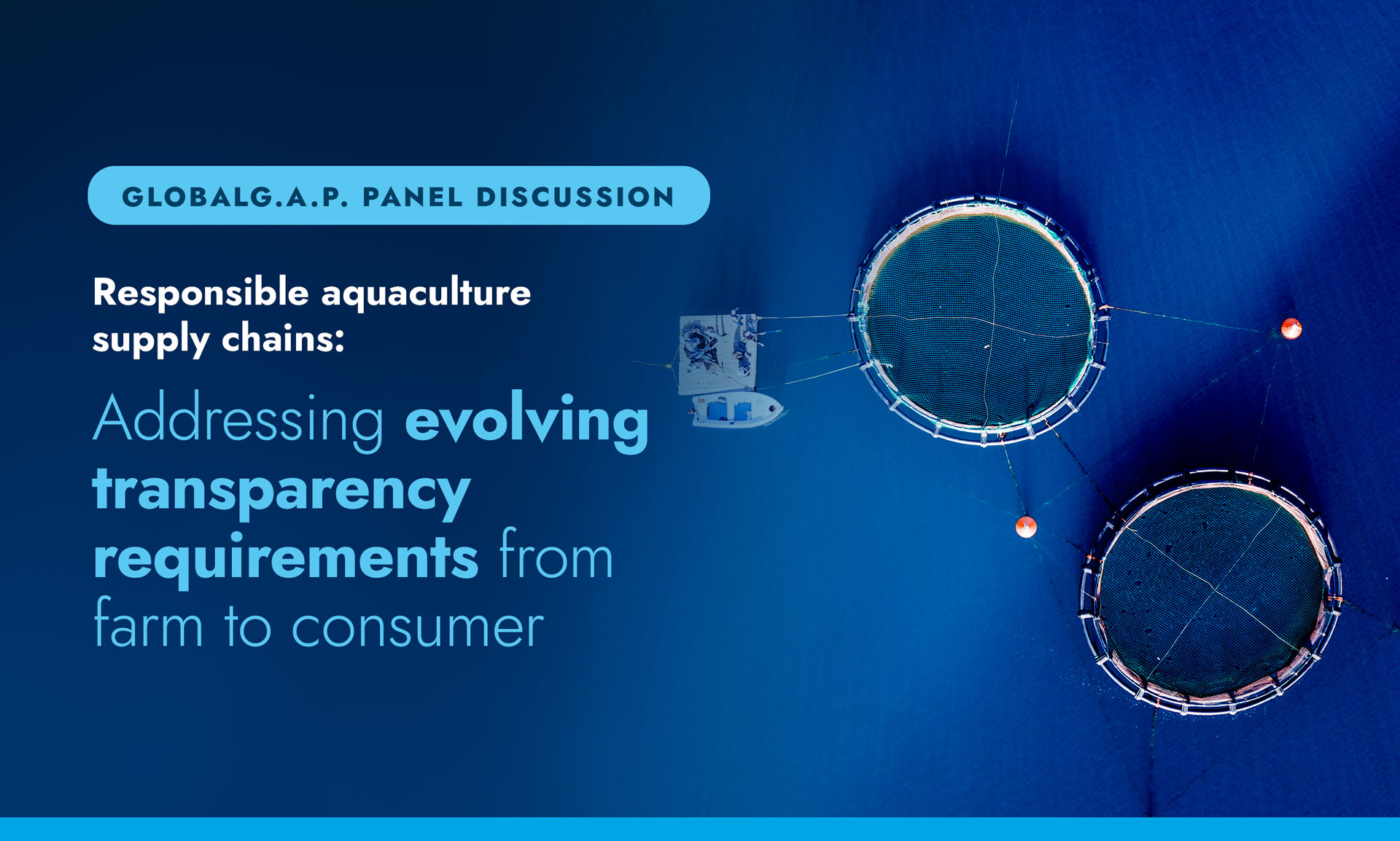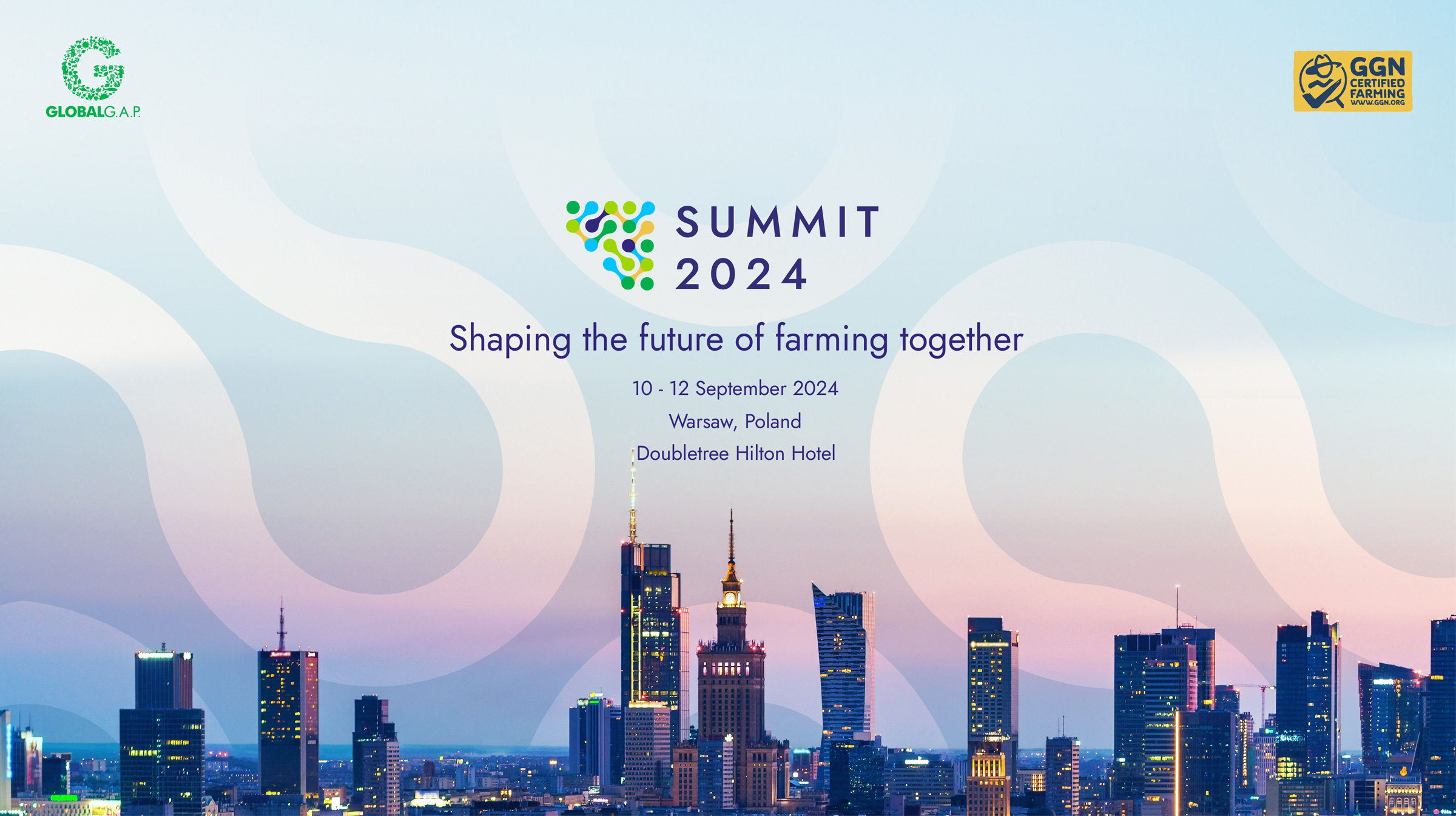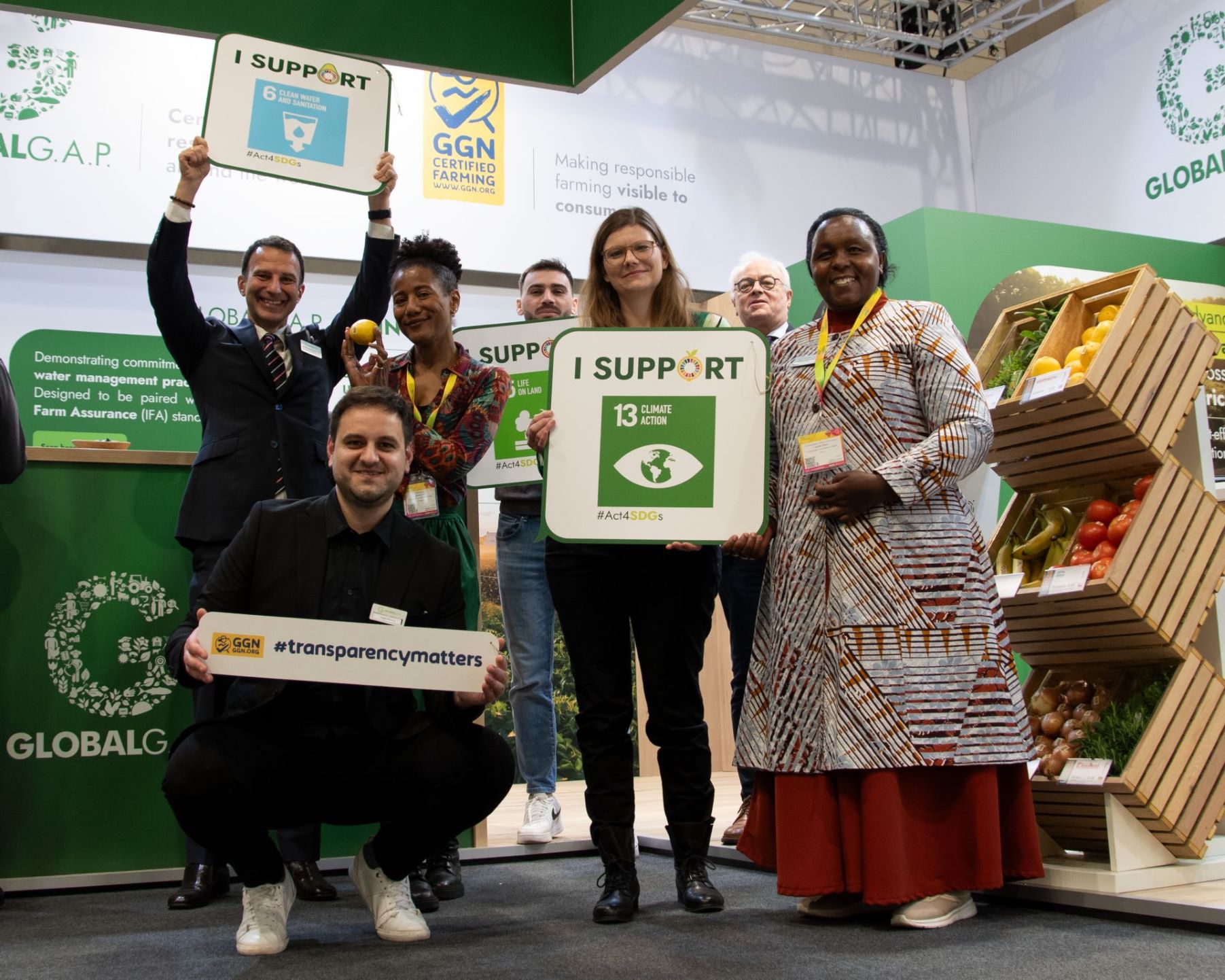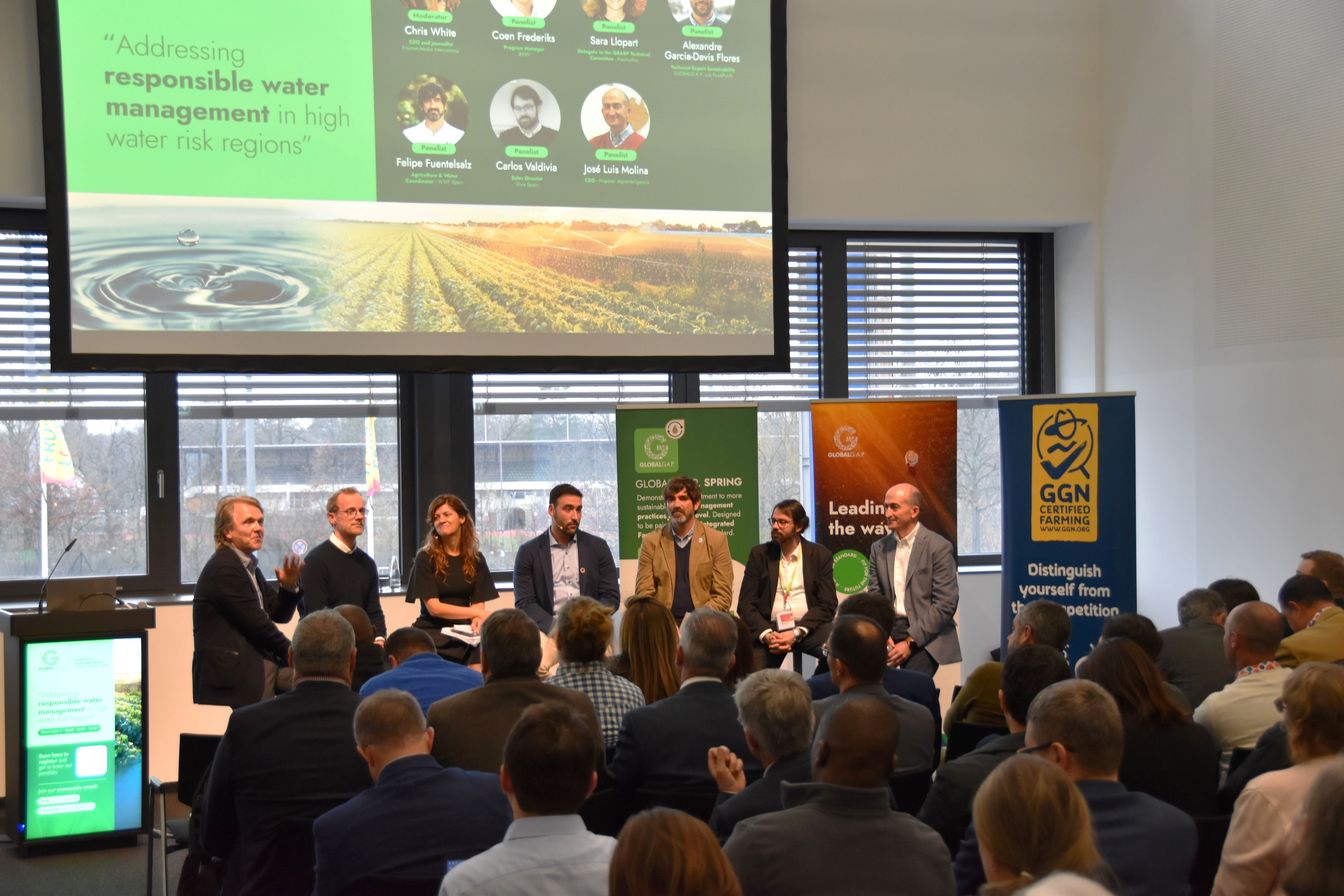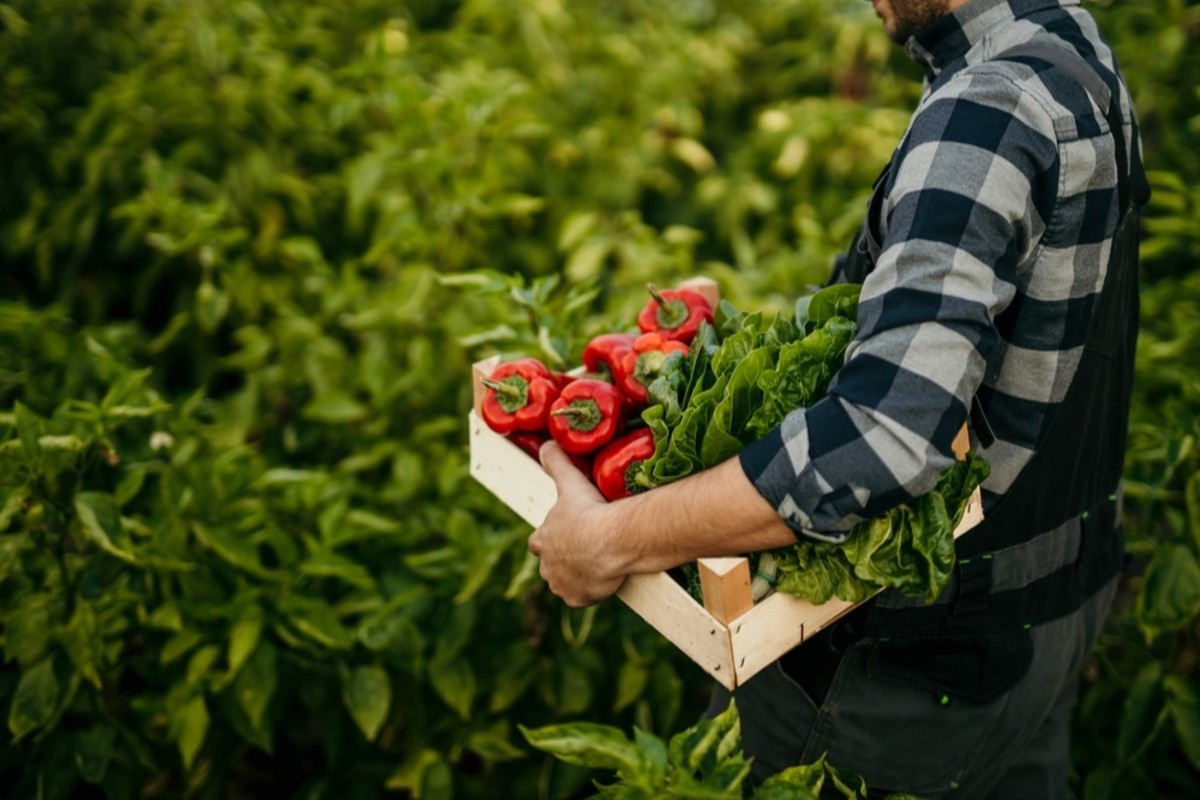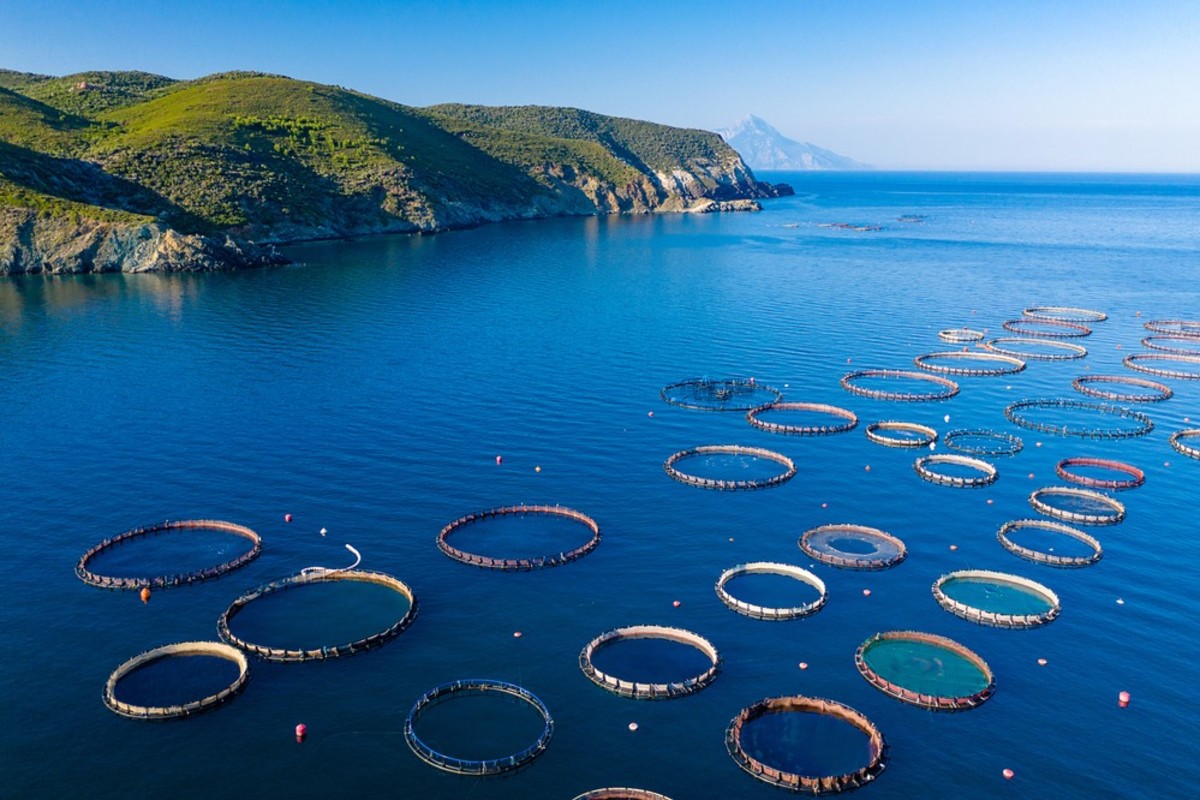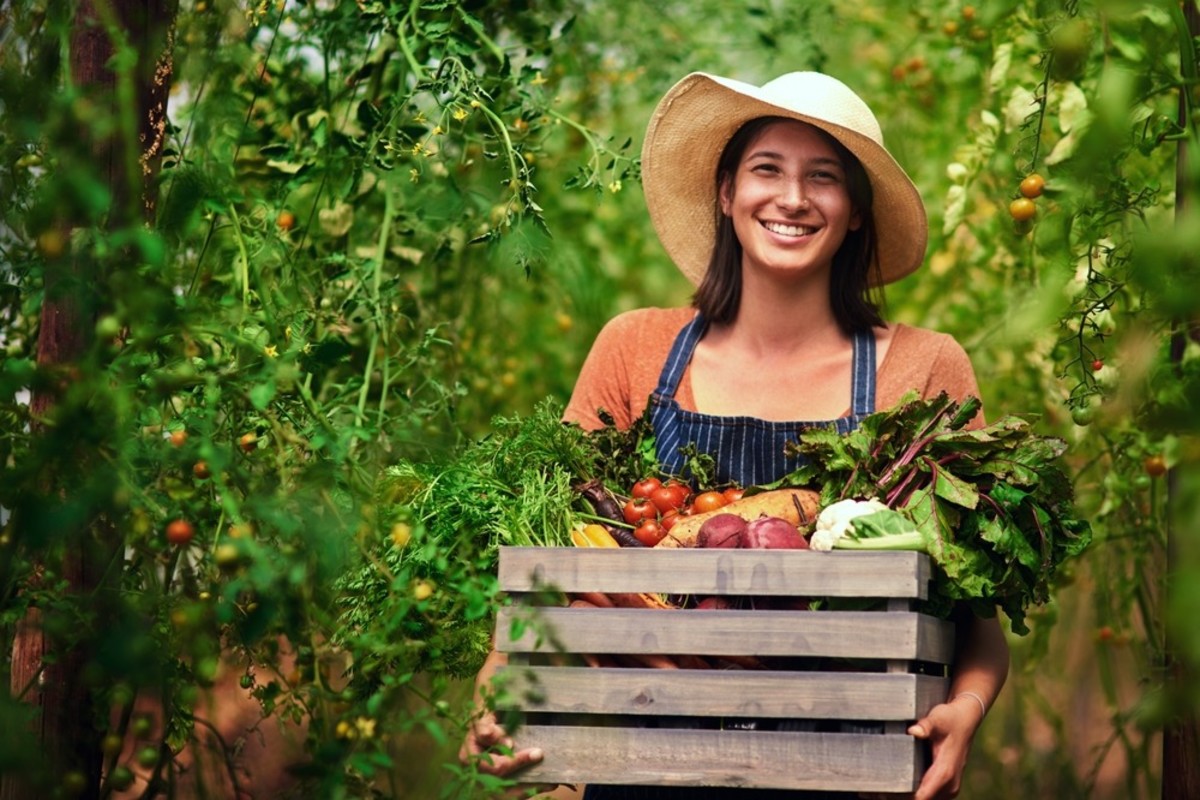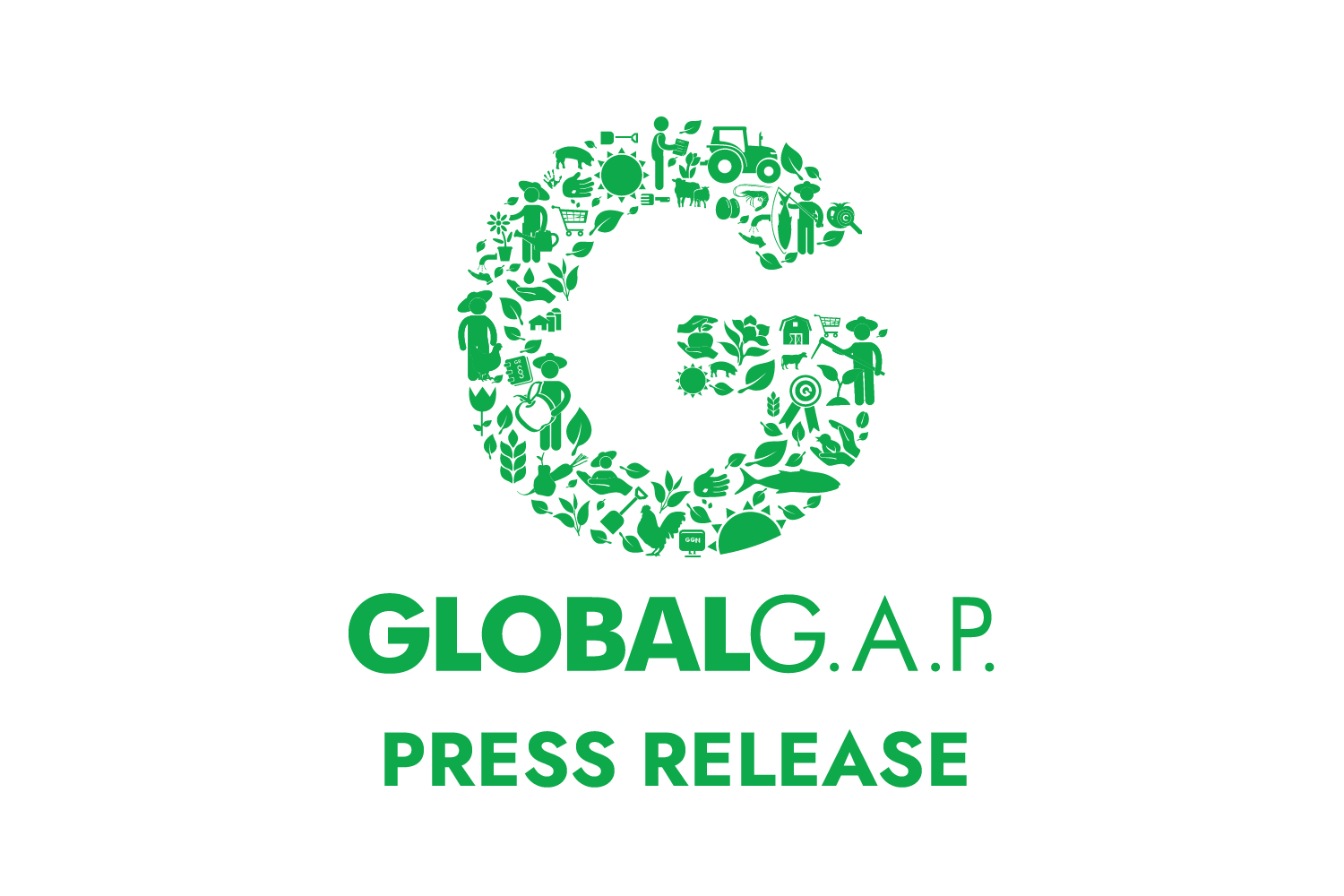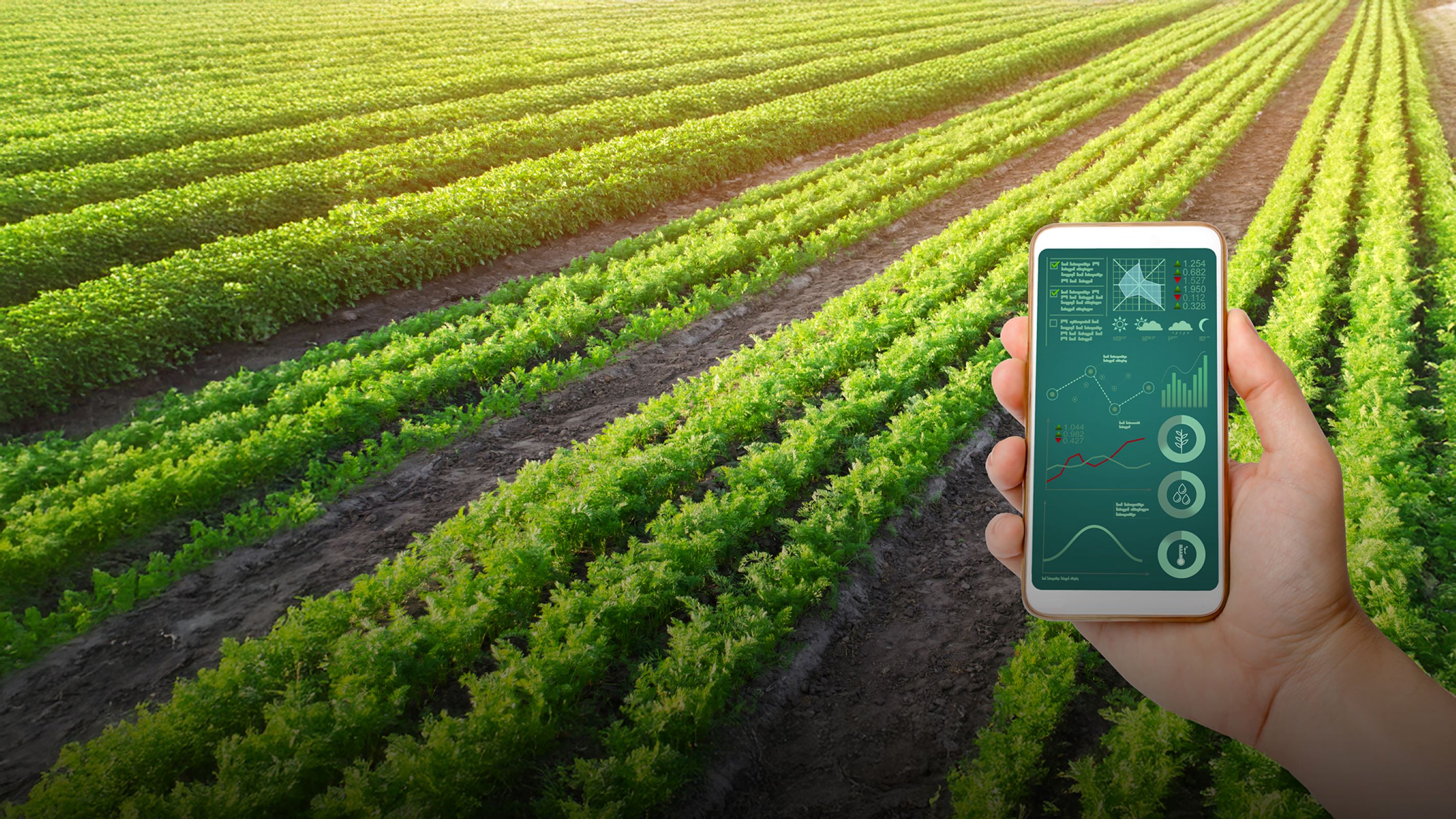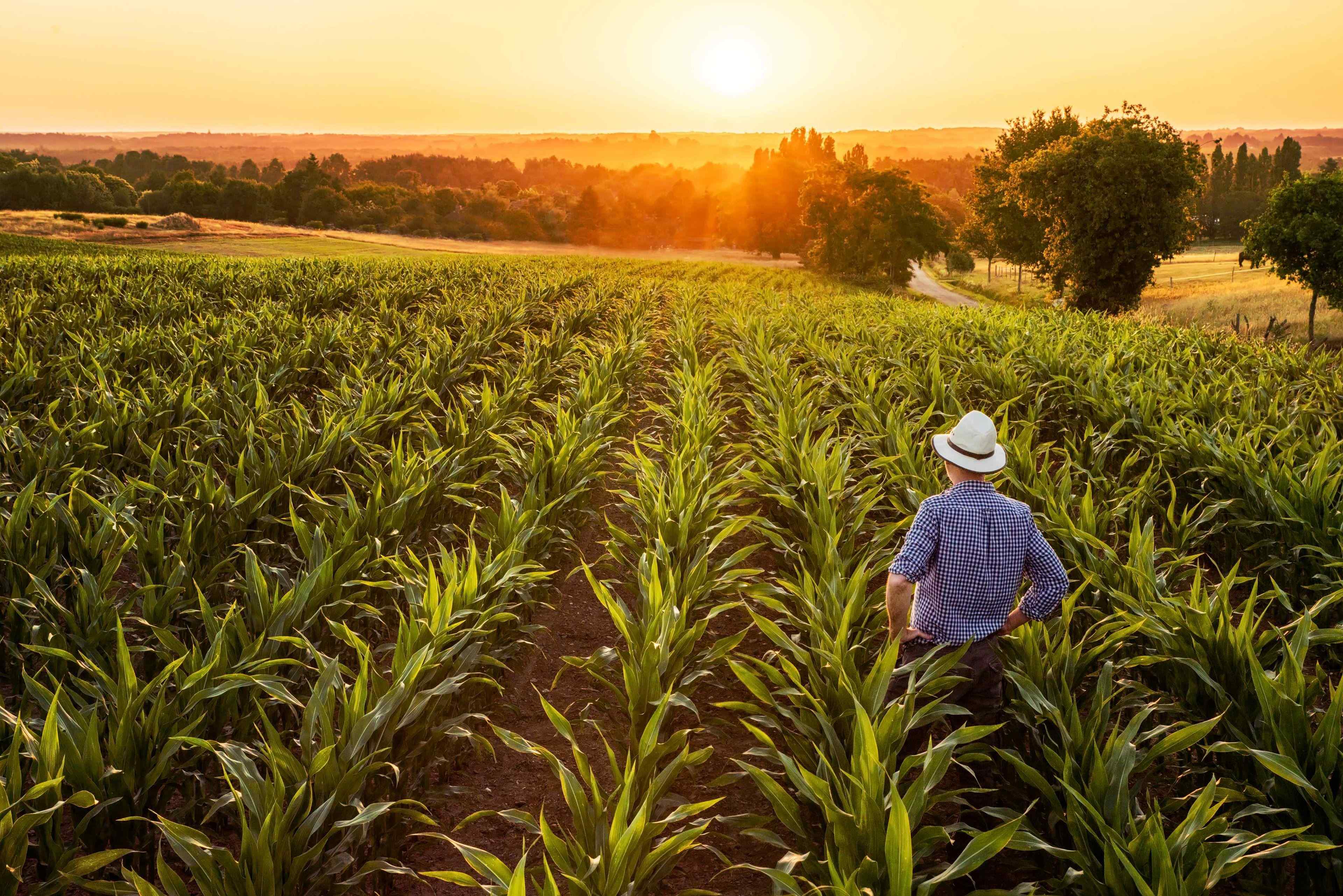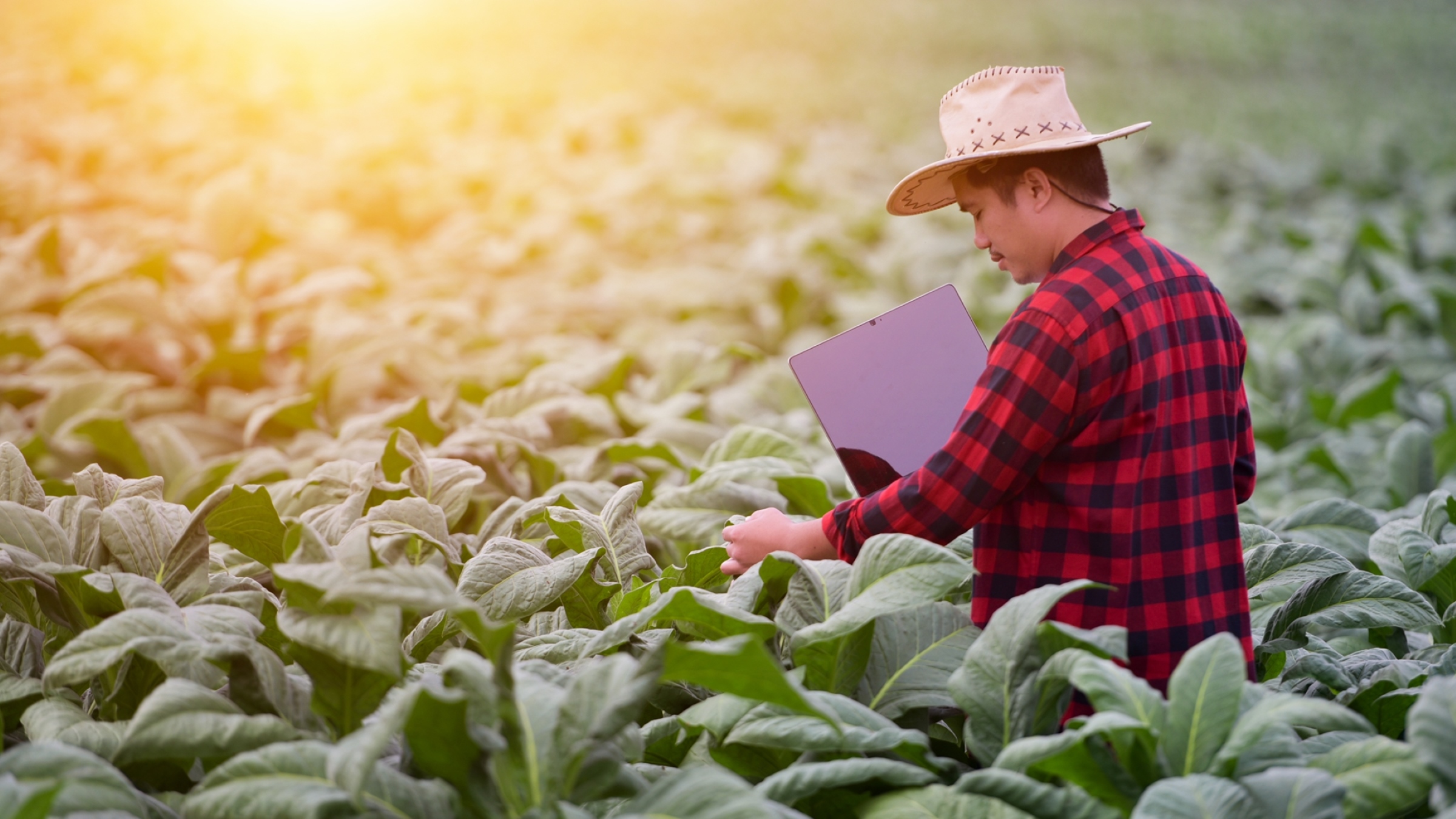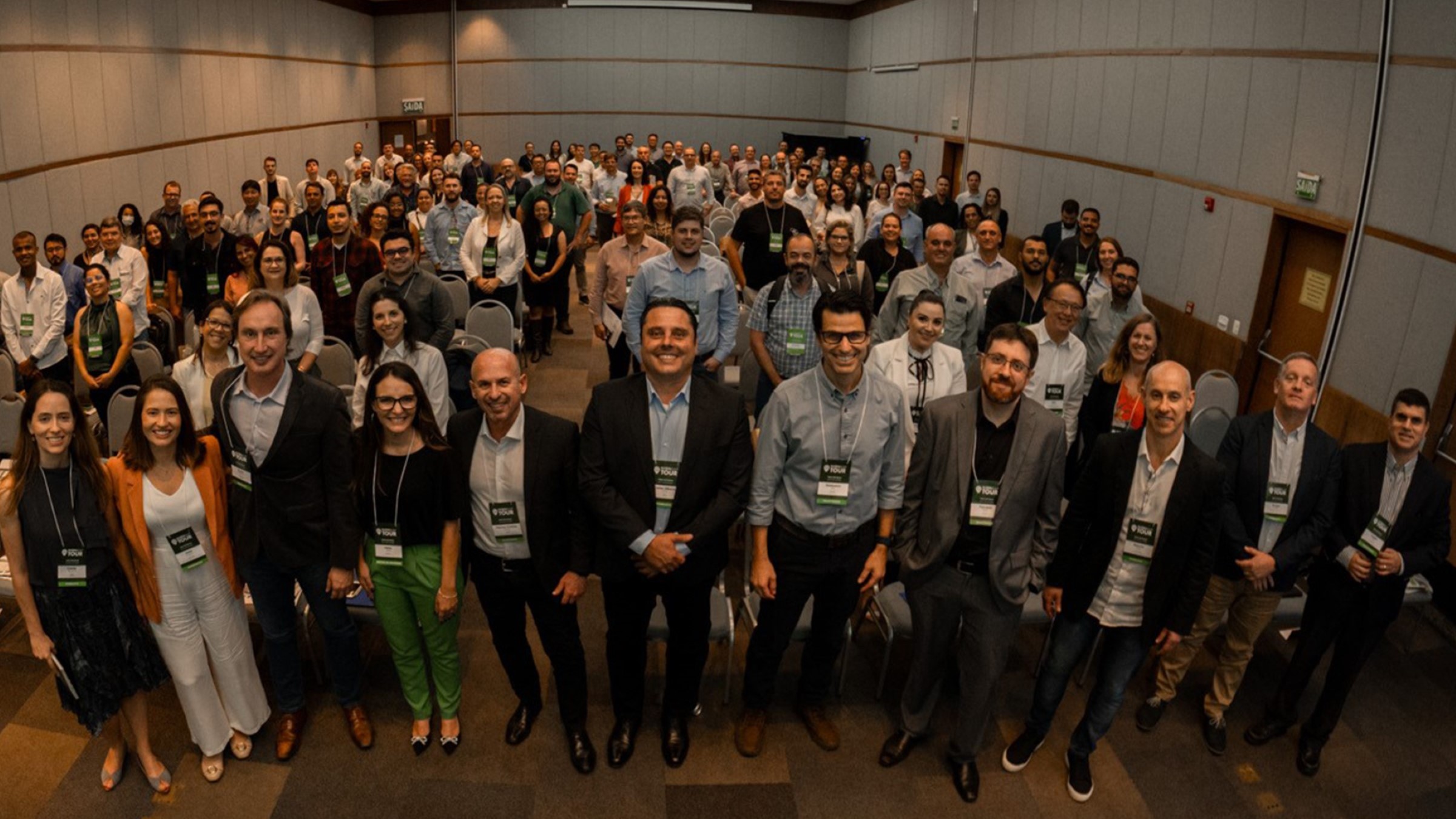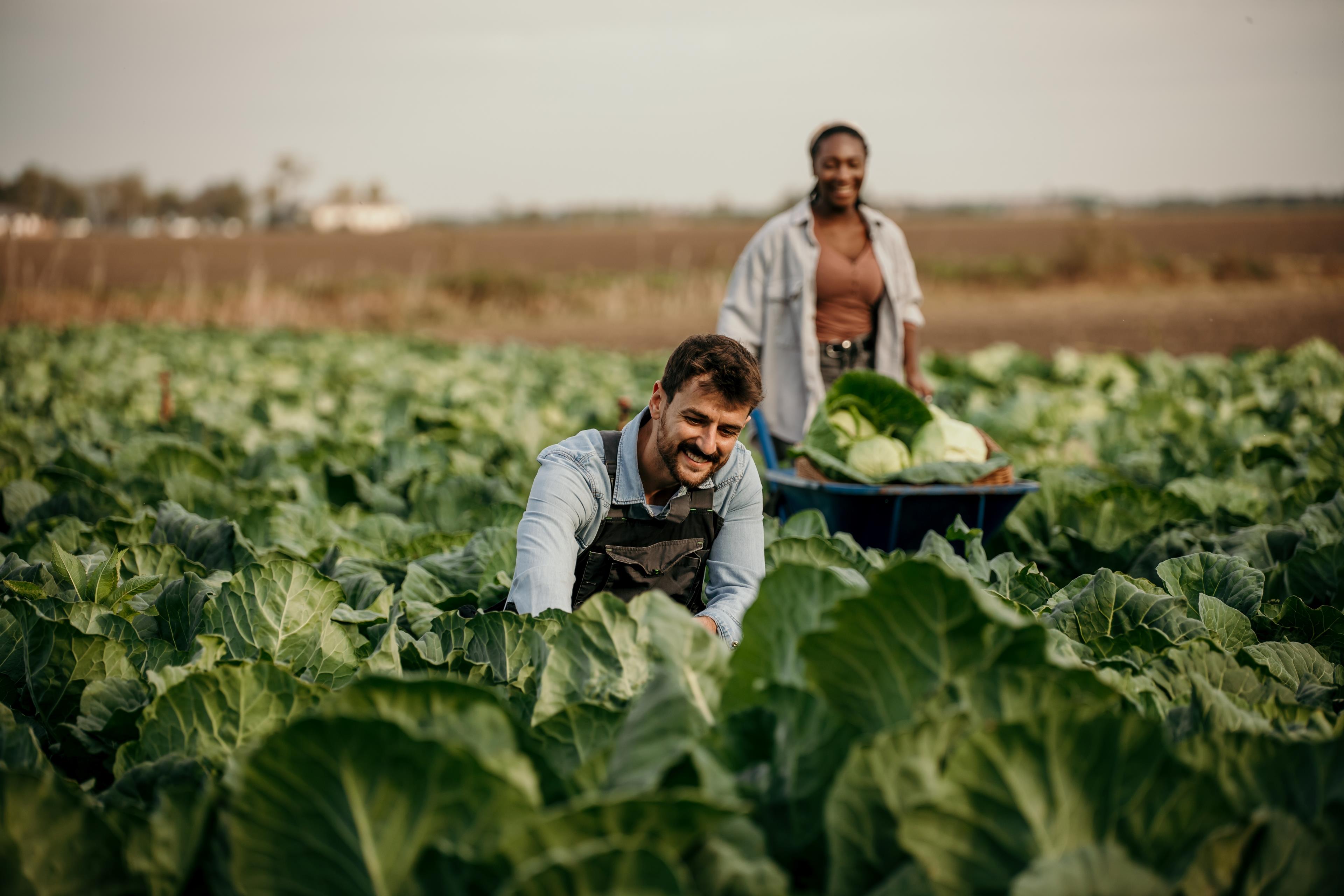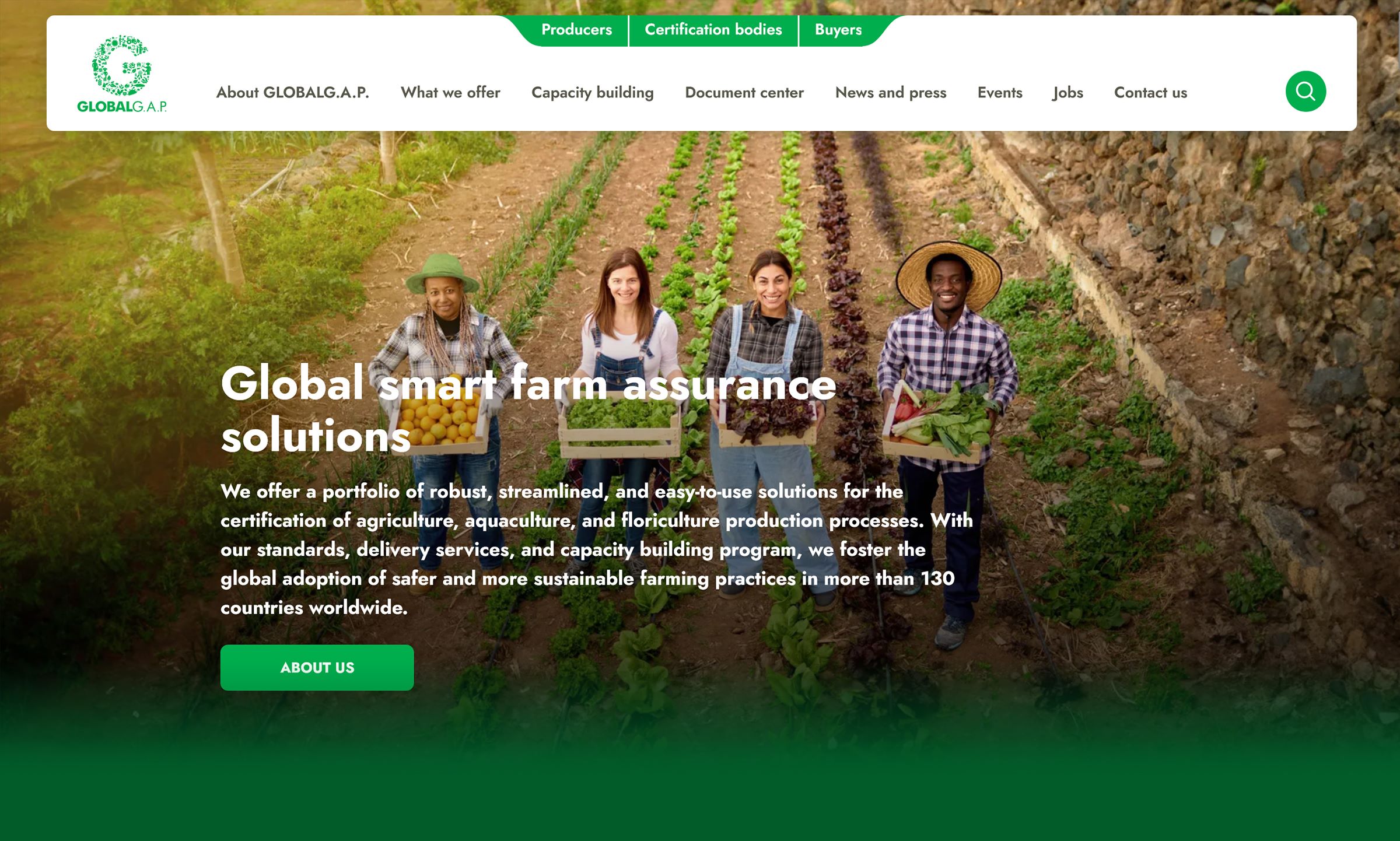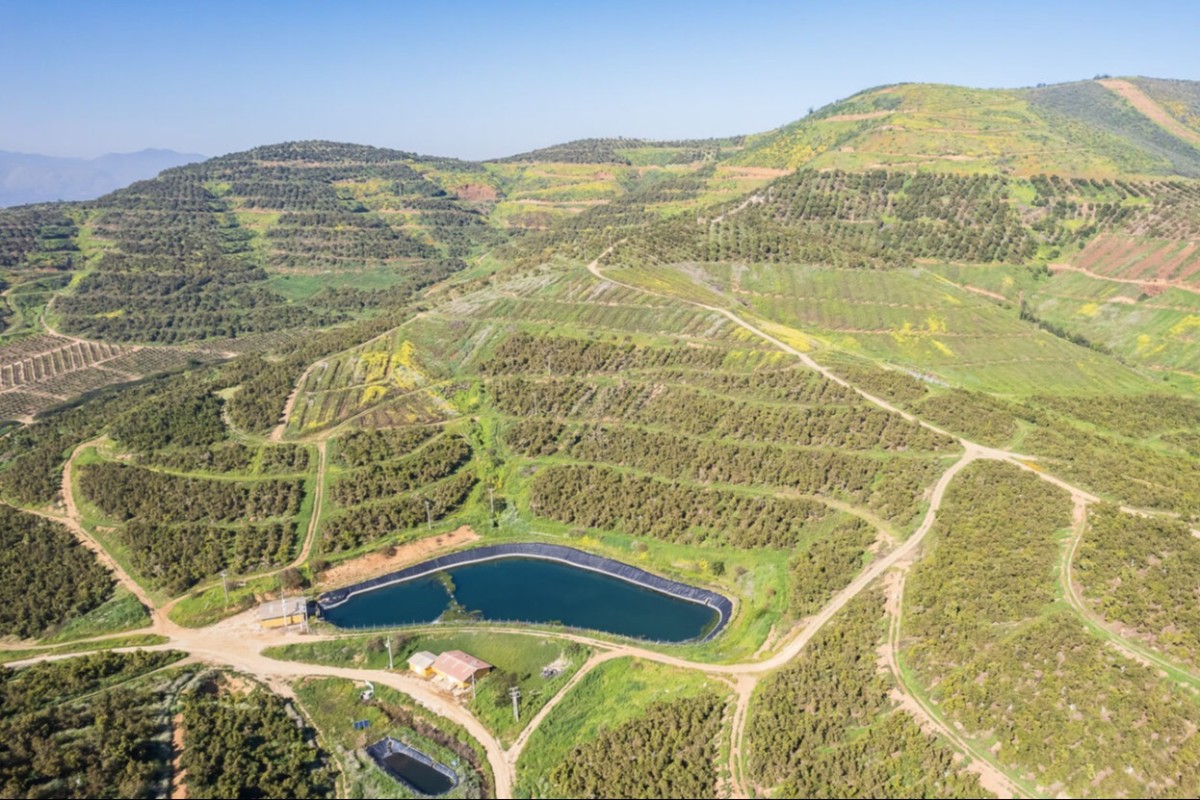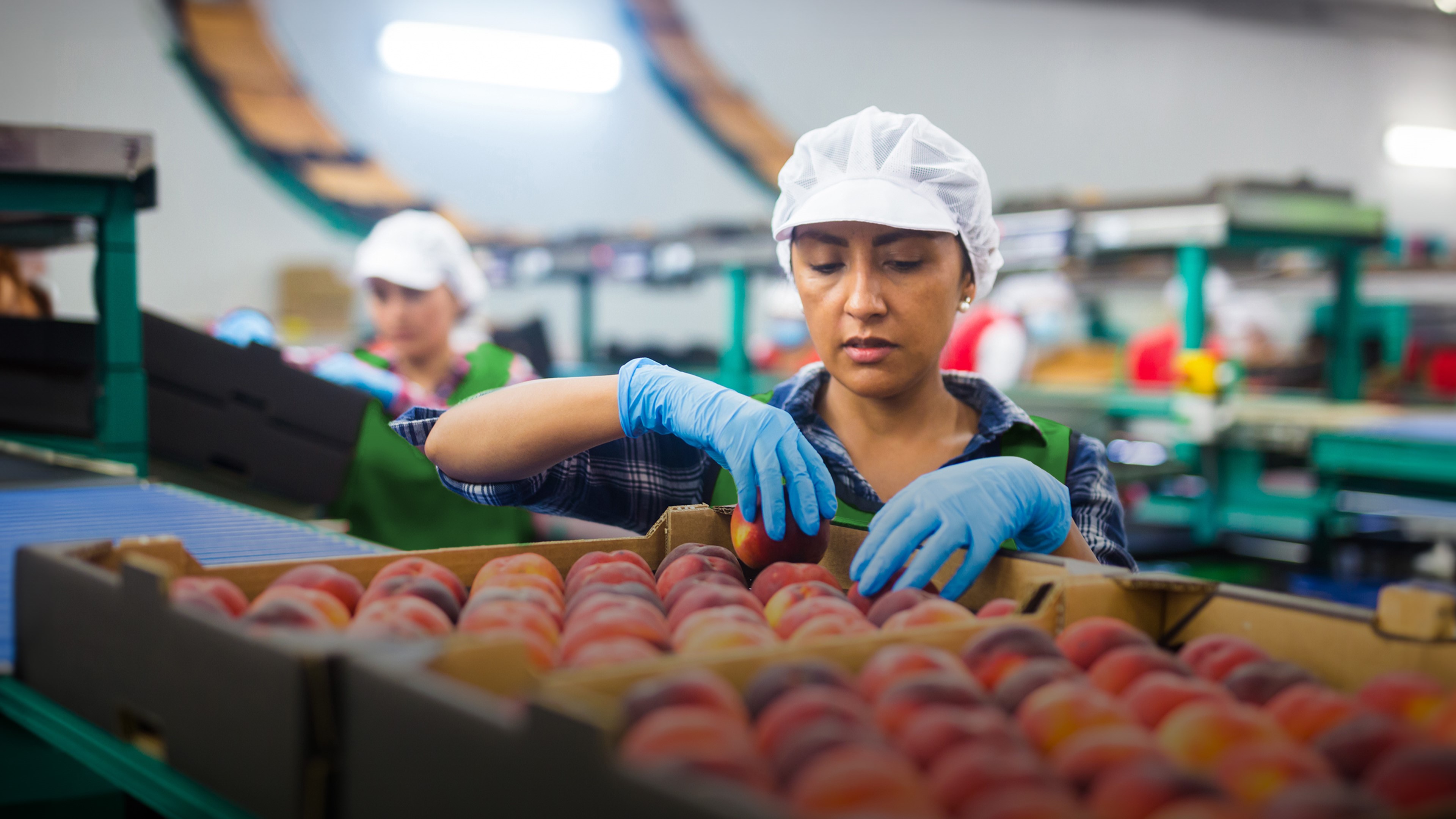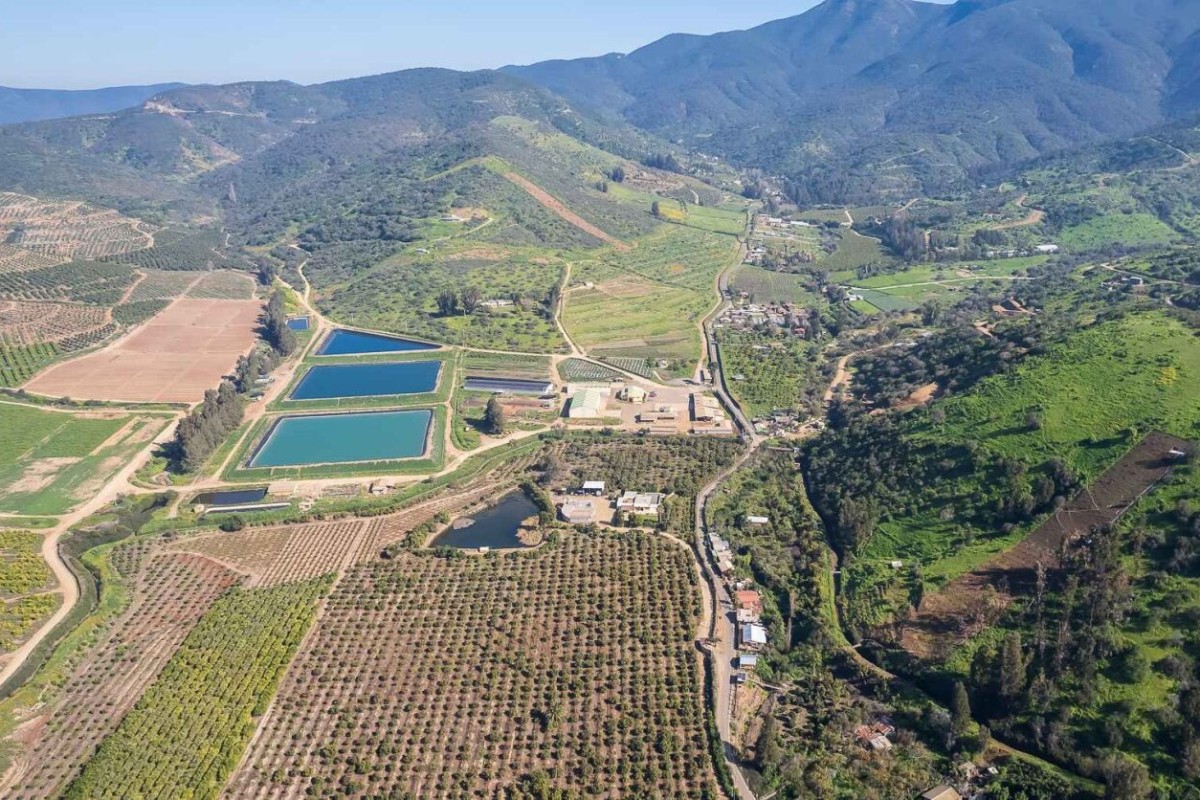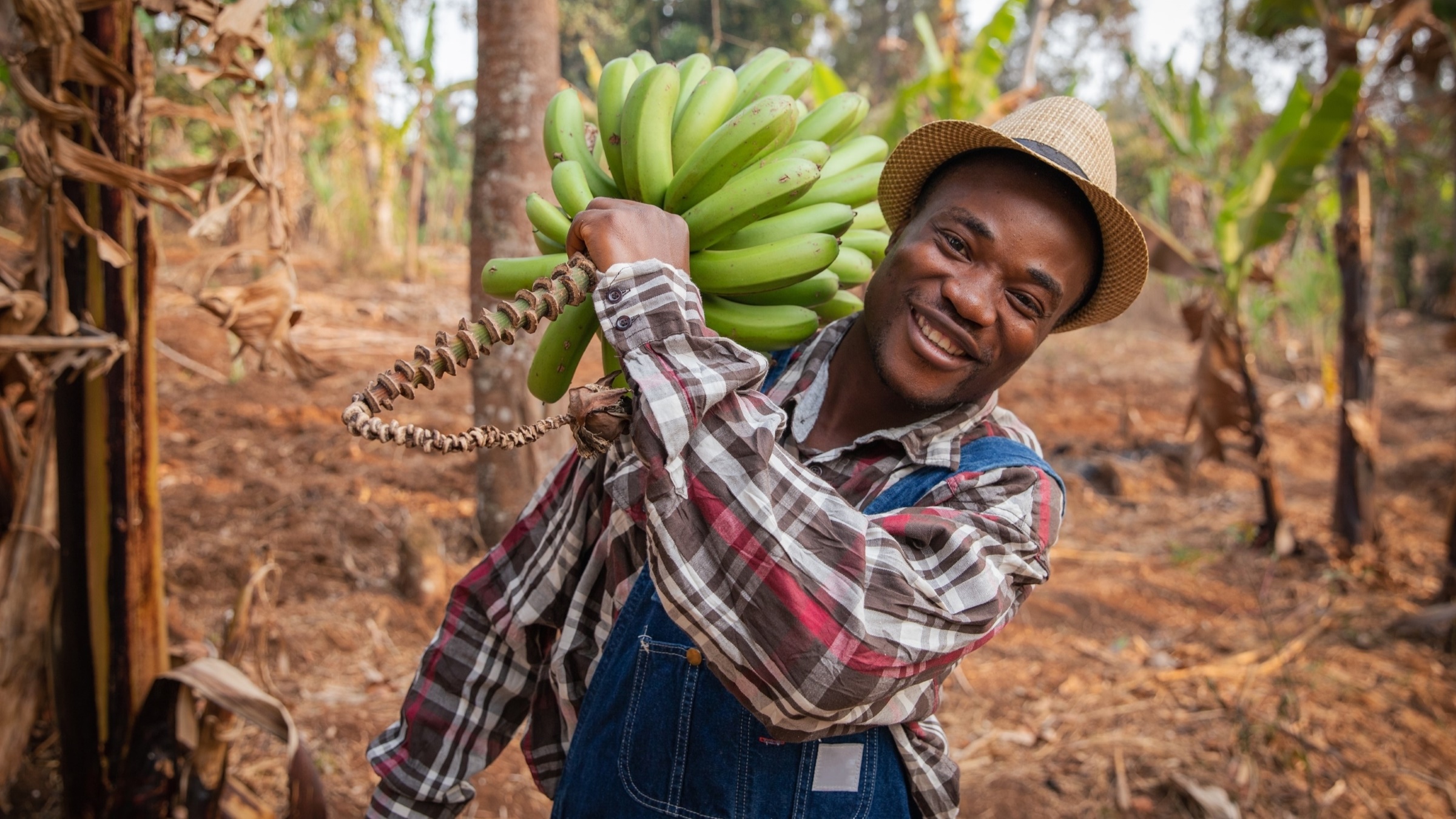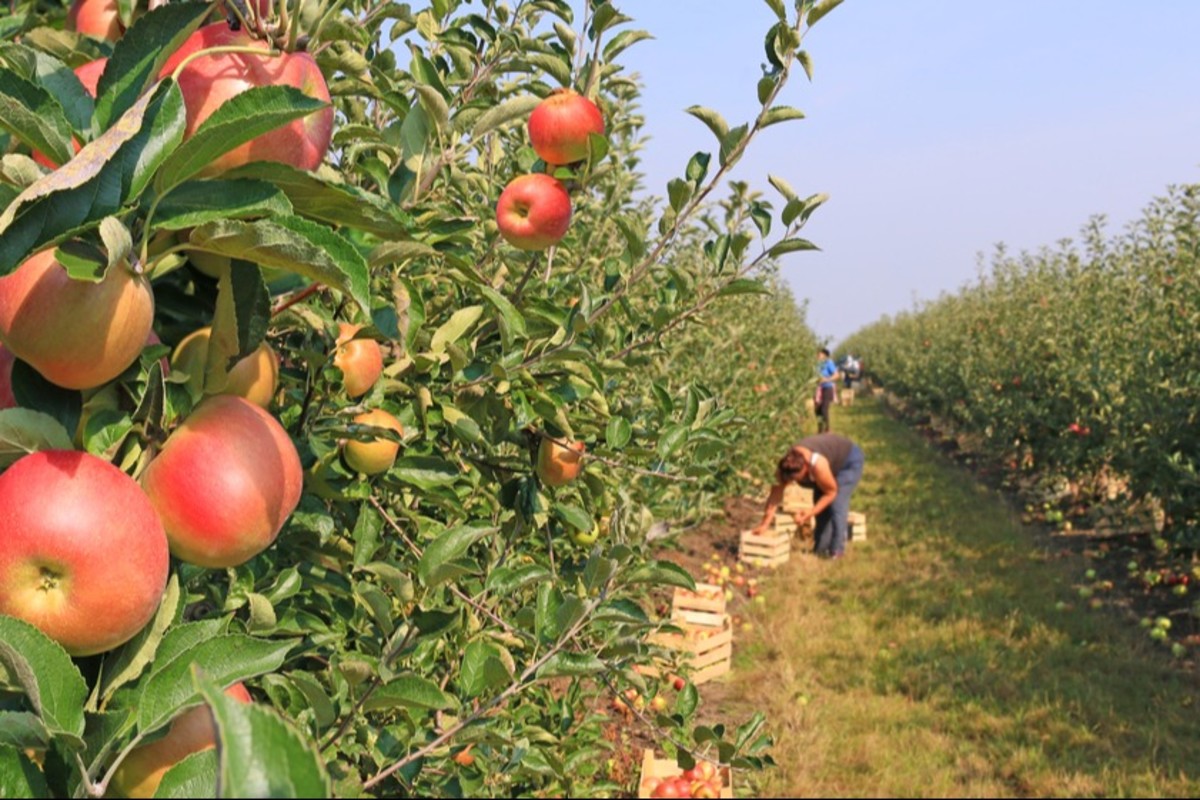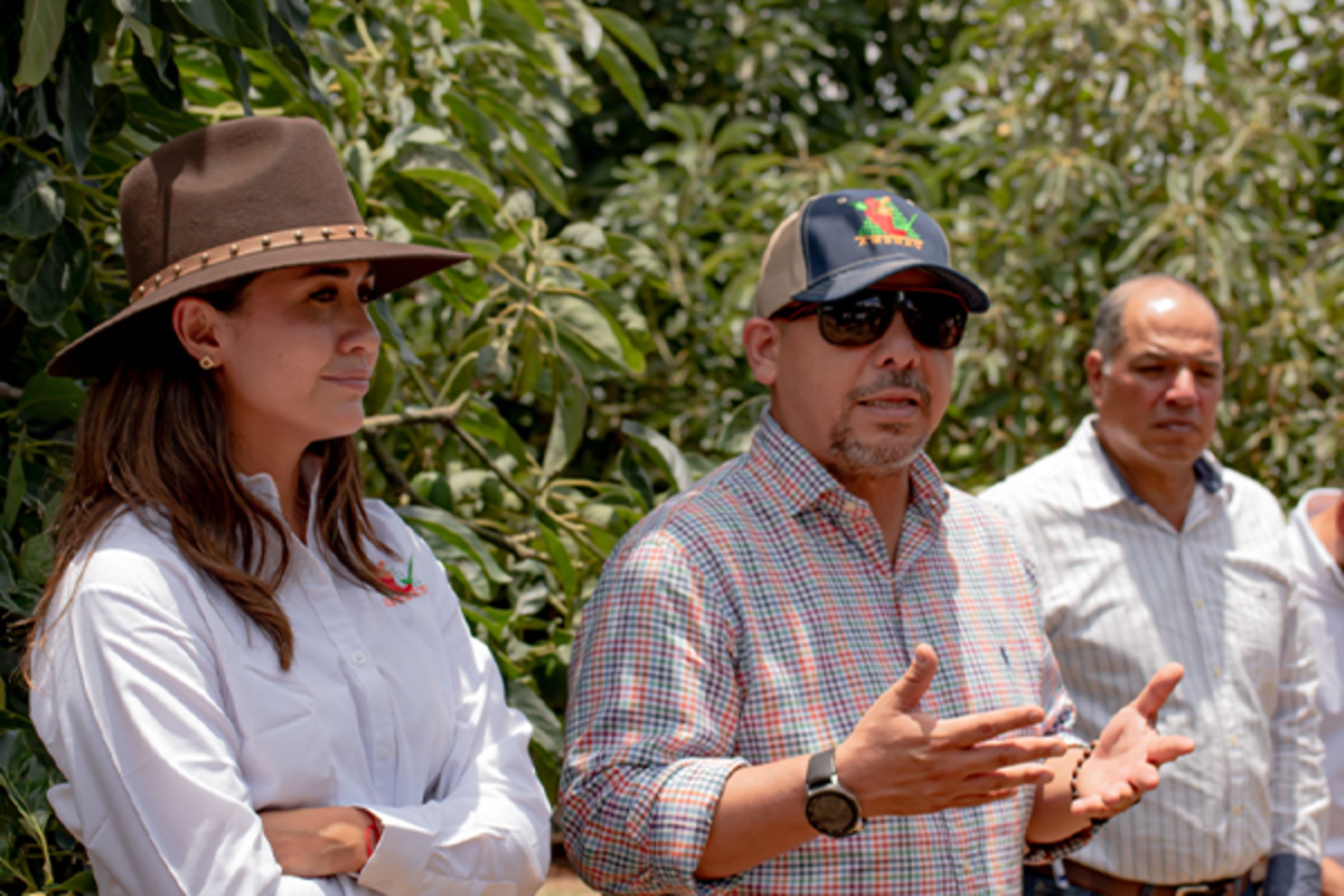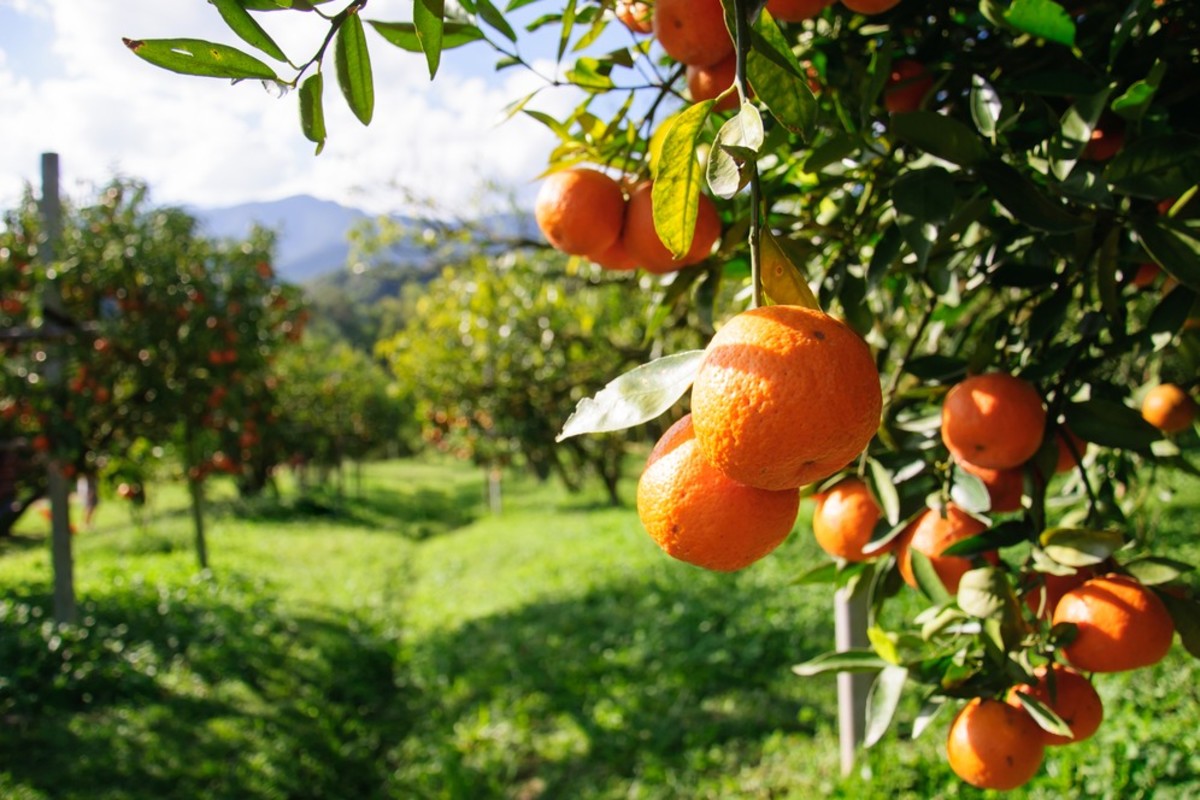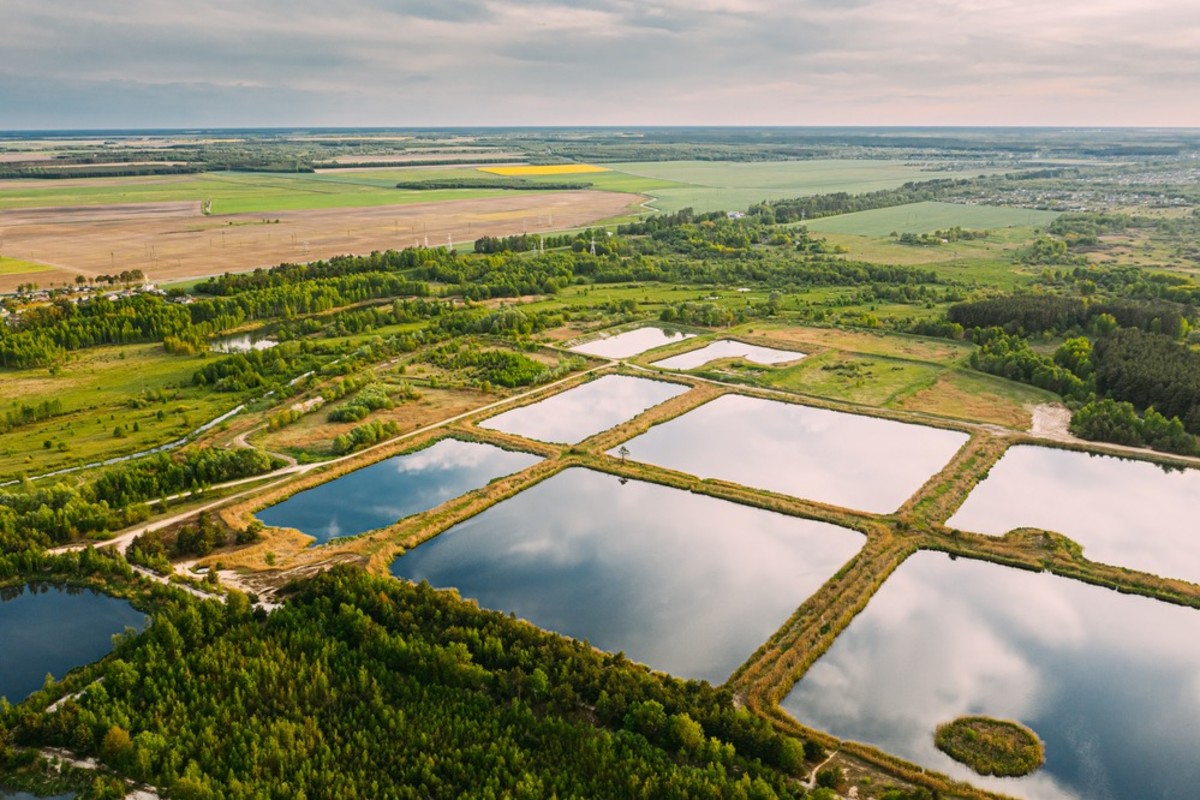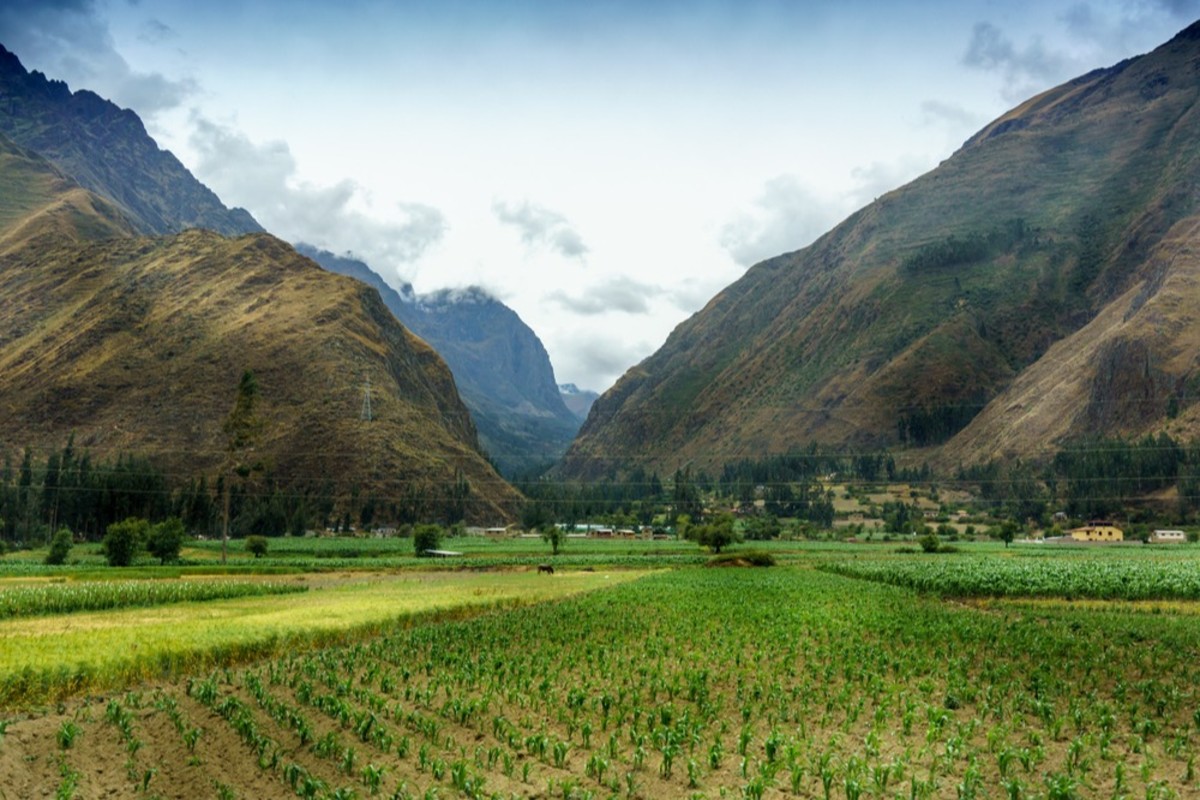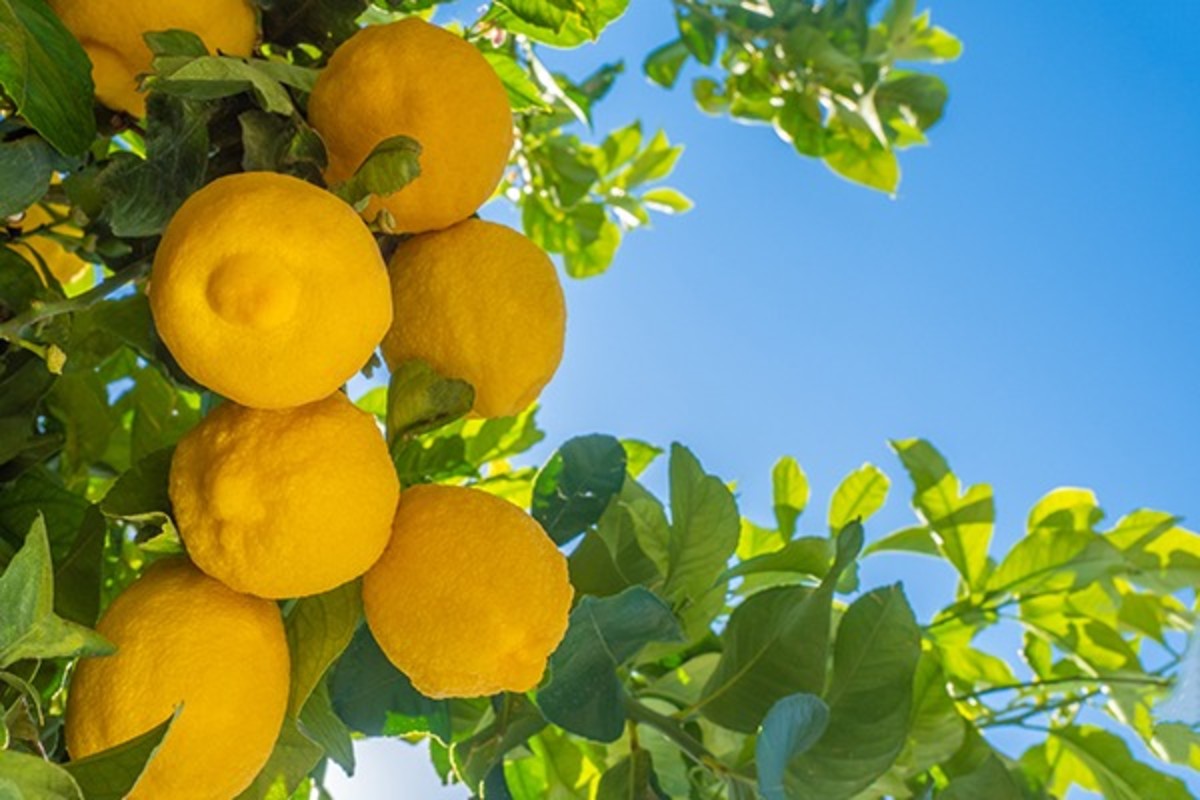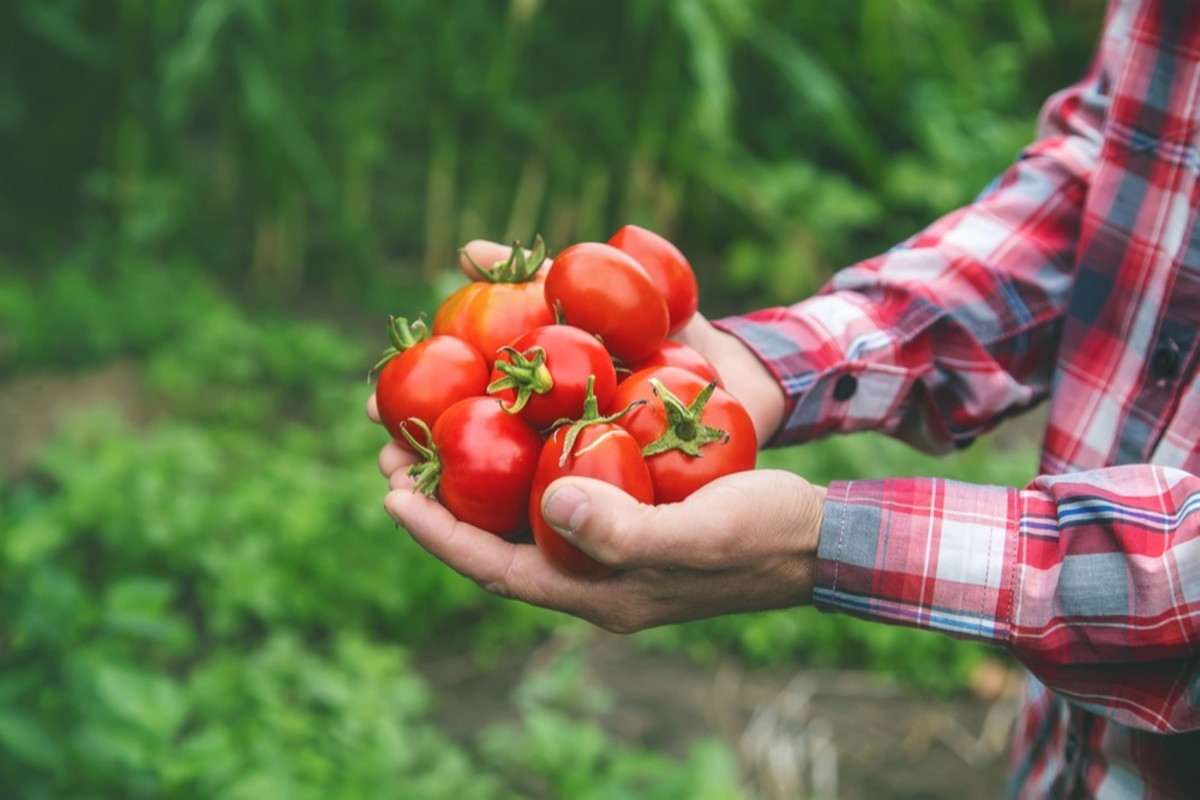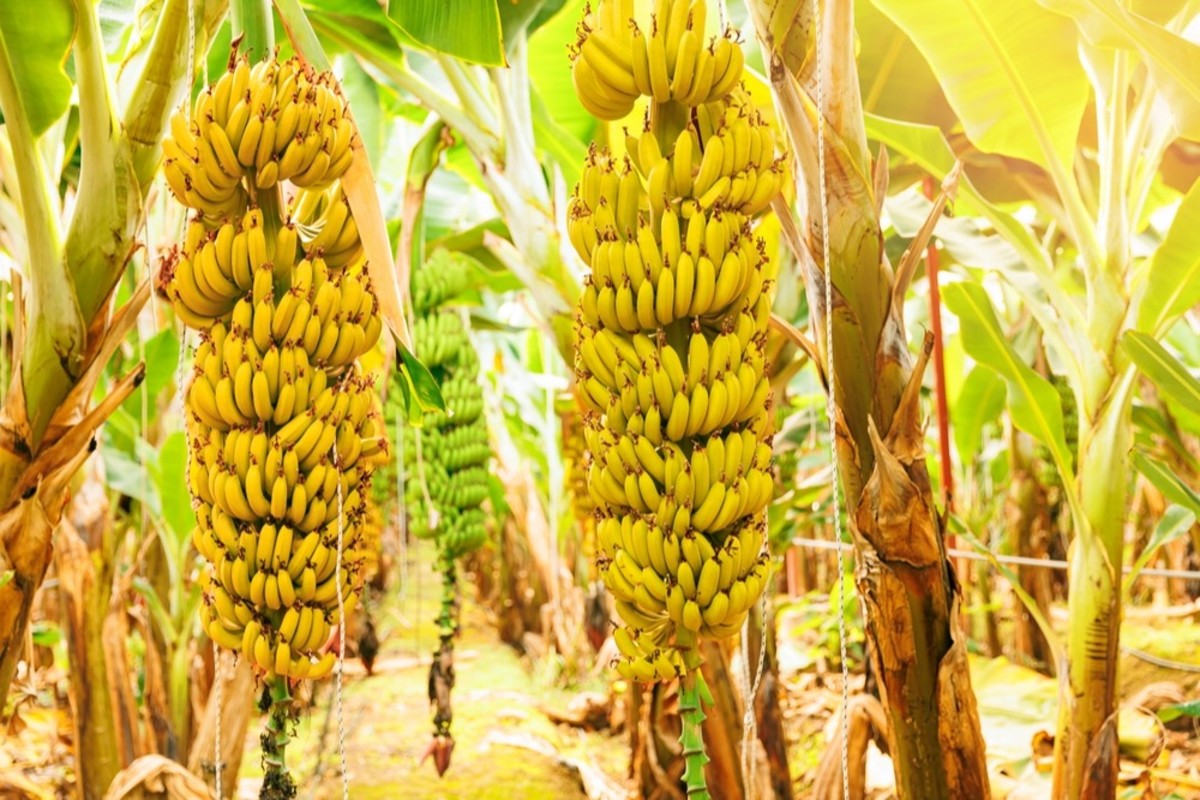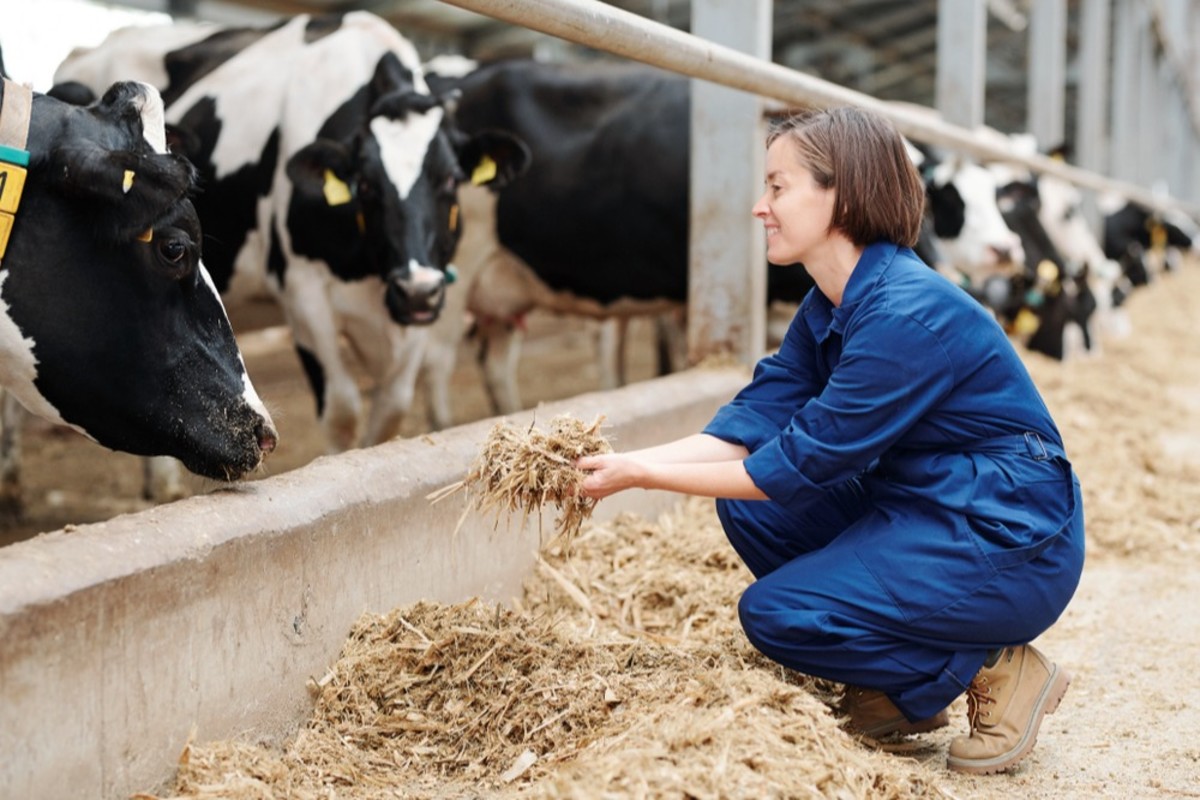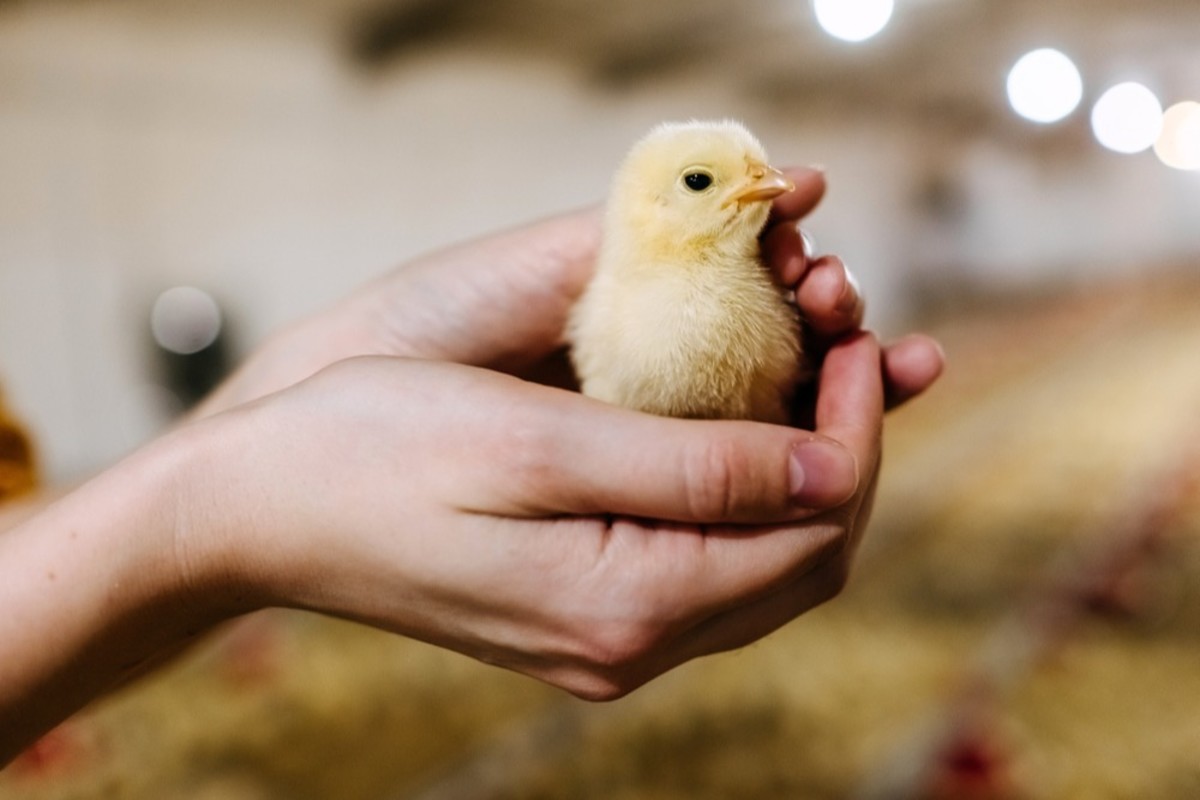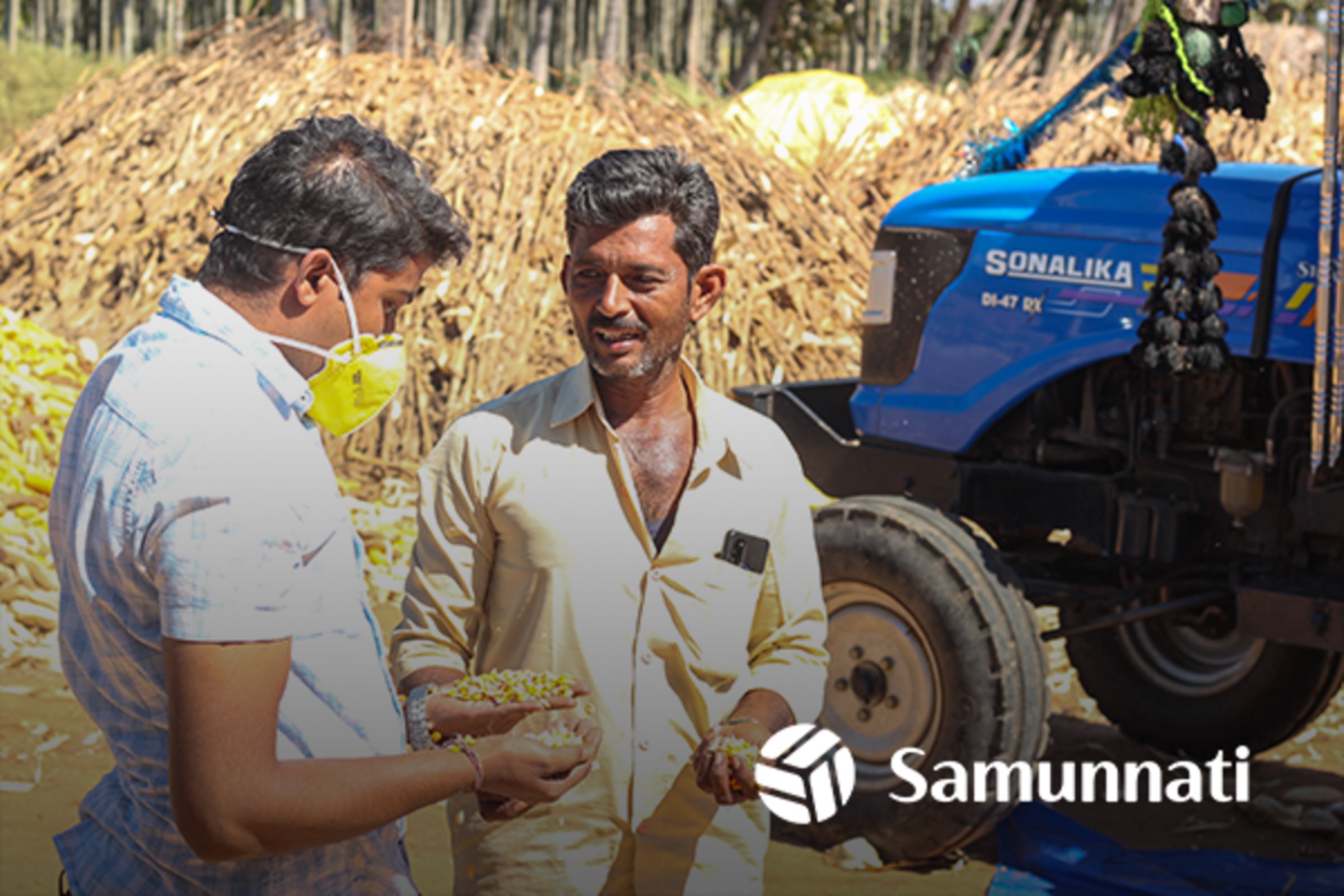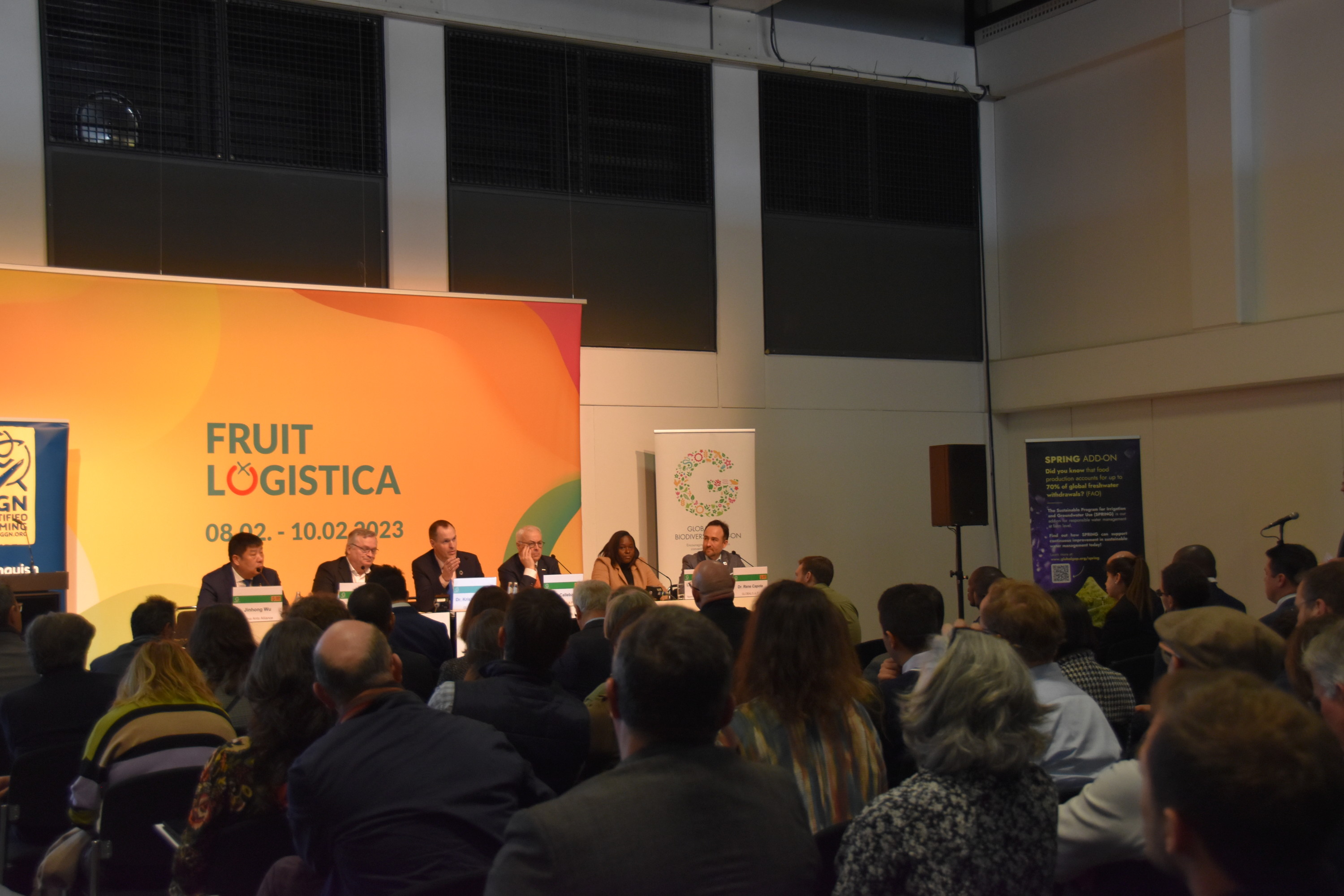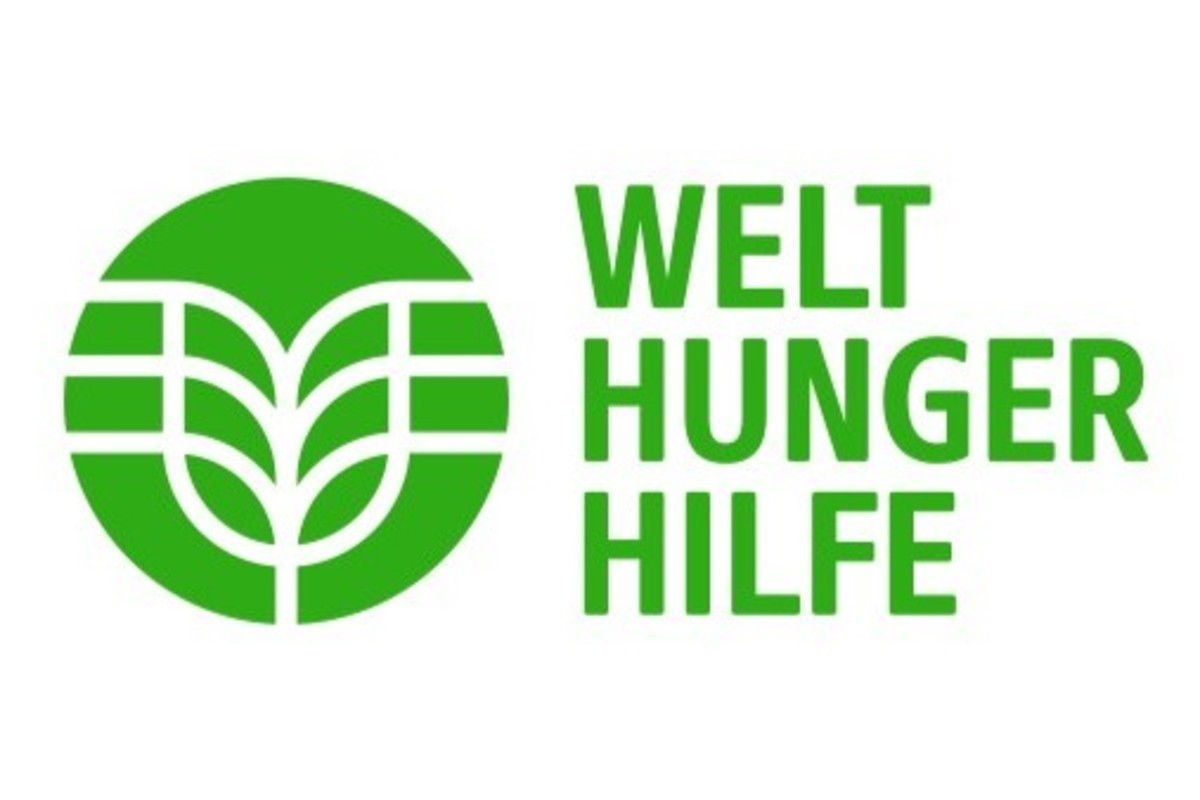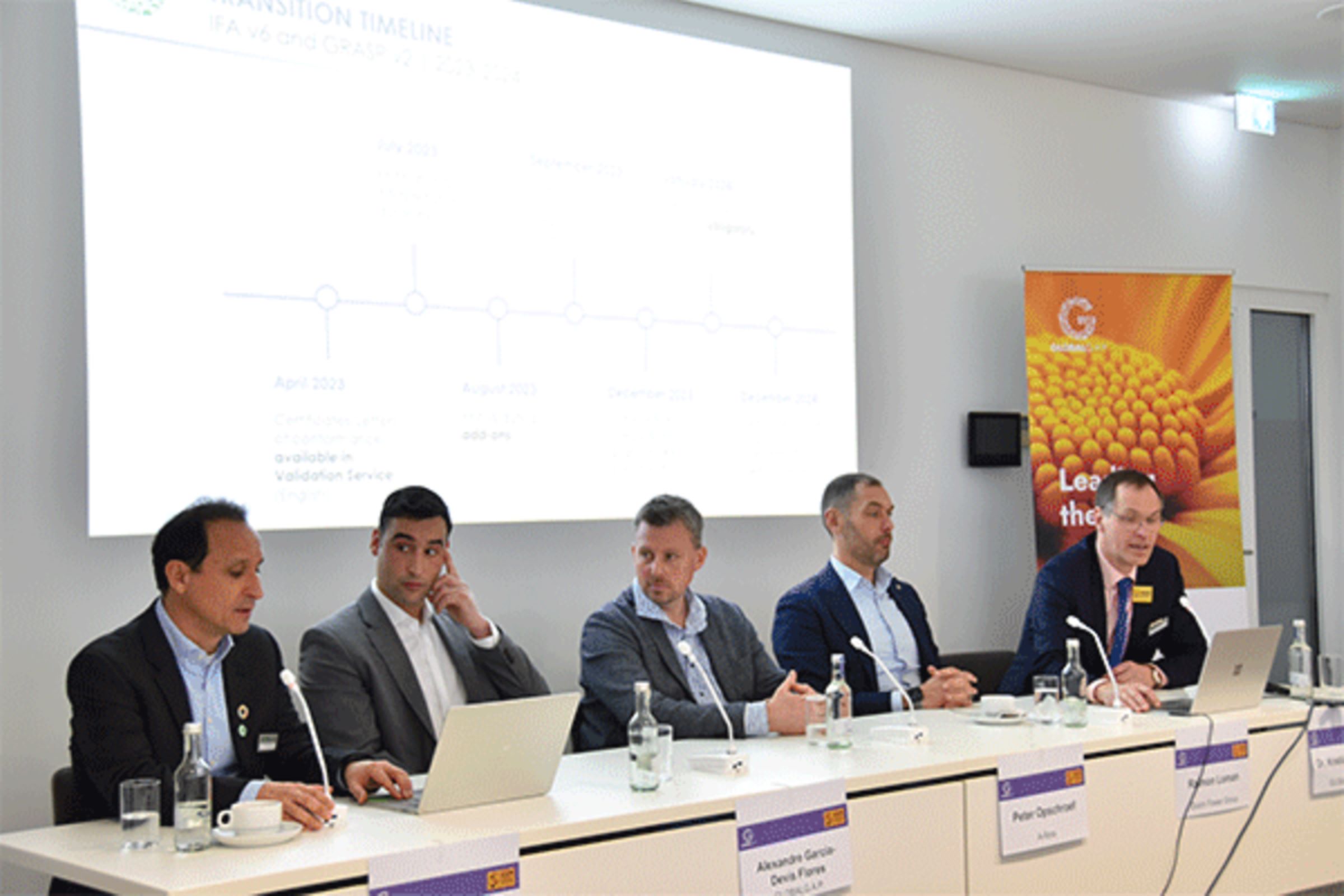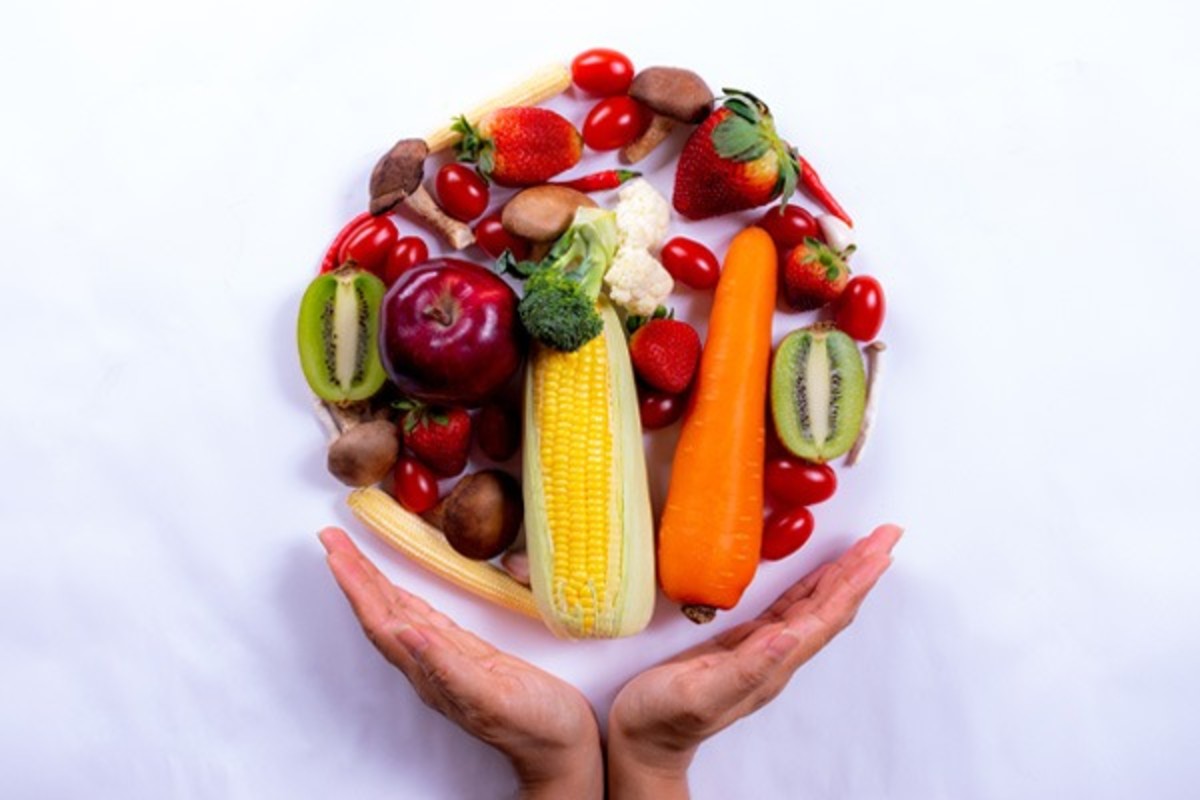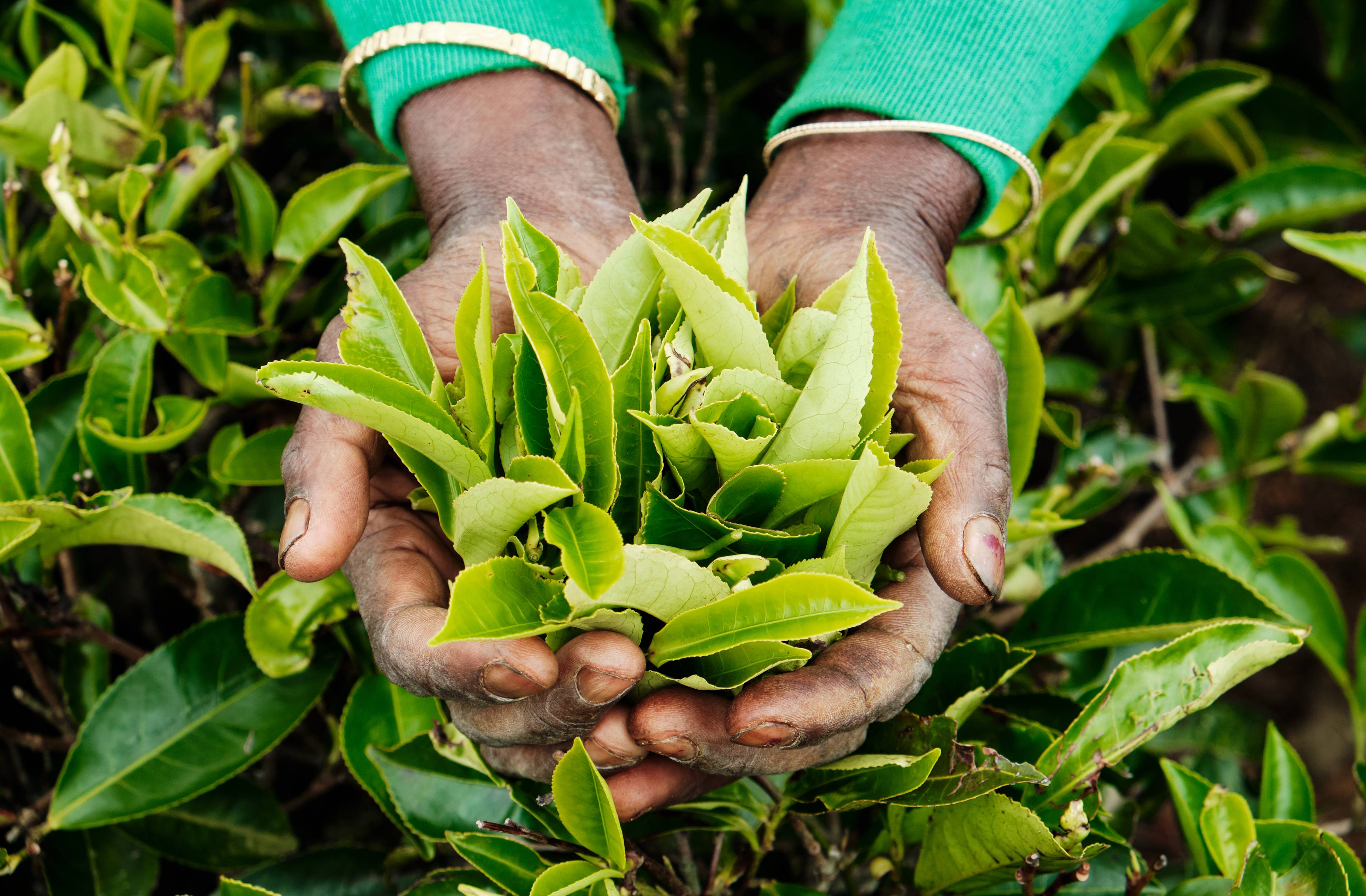
Core solution
Integrated Farm Assurance for tea
Integrated Farm Assurance (IFA) for tea is a global standard that aims to promote responsible farming practices at primary production level. It is built on a holistic approach that seeks to address the key topics of food safety, environment, workers’ health, safety, and welfare, production processes, and traceability.
GLOBALG.A.P.’s flagship standard
What is Integrated Farm Assurance for tea?
Developed by the industry, for the industry, Integrated Farm Assurance (IFA) for tea is a farm-level standard specific to tea production. It aims to provide producers with clarity on market requirements and facilitate a long-term holistic approach to farm operations. The standard was developed in collaboration with a wide range of sector stakeholders to identify the unique needs of tea producers.
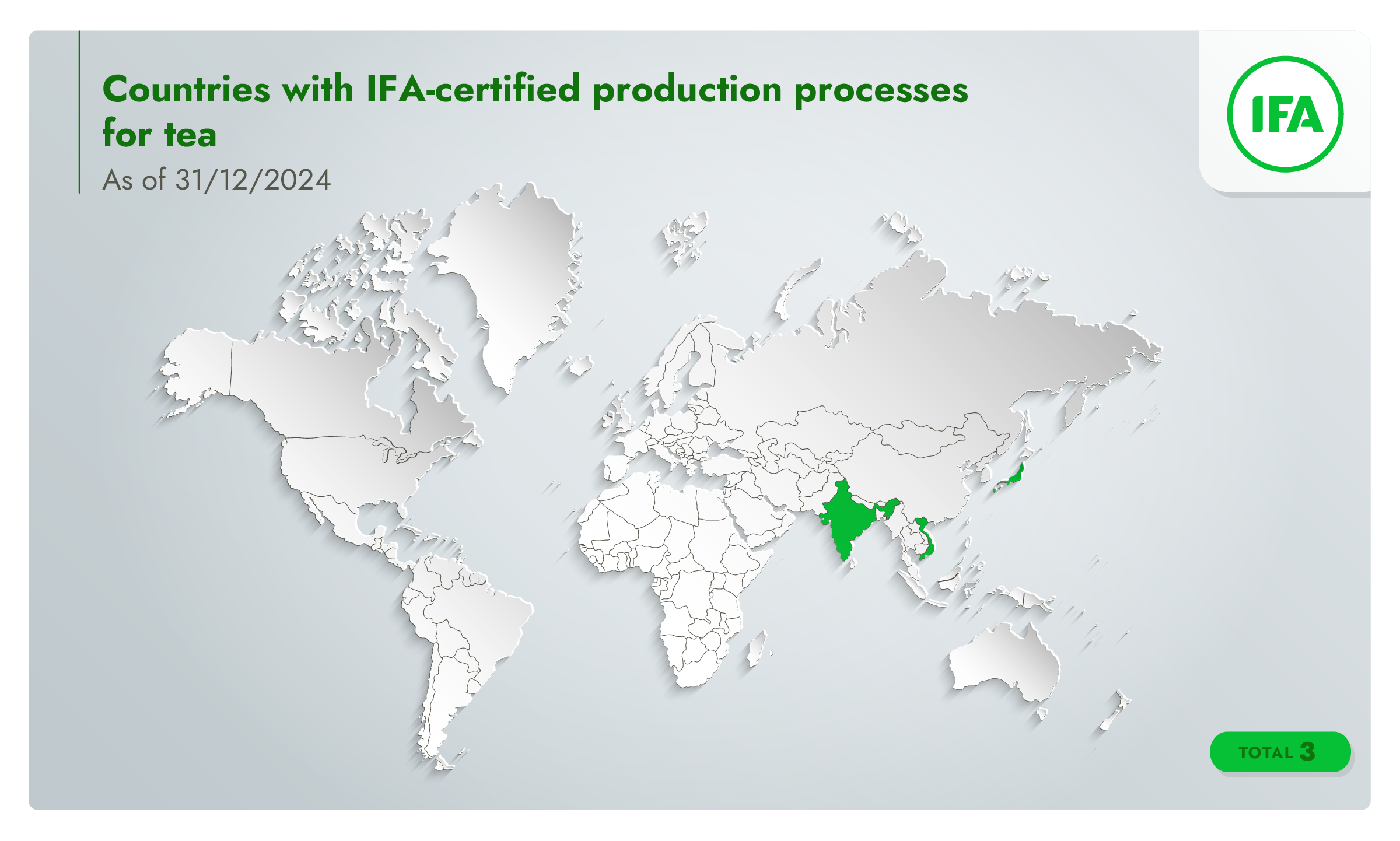
IFA for tea at a glance
Covers primary production
from soil management and propagation material to fertilizers and plant protection
Extensive environmental requirements
addressing biodiversity, pollution, and integrated pest management
Mandatory inclusion
of CoC requirements on mass balance and traceability
Certification options
for a variety of farm sizes and types, including smallholders and producer groups
Easily combinable
with a range of targeted add-ons and supply chain solutions for flexible assurance customization
Implemented worldwide
with a global network of approved CBs and Registered Trainers
Covers primary production
from soil management and propagation material to fertilizers and plant protection
Certification options
for a variety of farm sizes and types, including smallholders and producer groups
Extensive environmental requirements
addressing biodiversity, pollution, and integrated pest management
Easily combinable
with a range of targeted add-ons and supply chain solutions for flexible assurance customization
Mandatory inclusion
of CoC requirements on mass balance and traceability
Implemented worldwide
with a global network of approved CBs and Registered Trainers
Which topics does IFA for tea address?
IFA for tea covers the major aspects of primary production, from preharvest activities to postharvest handling. The standard has been developed together with sector experts and underwent extensive public consultation as part of our process for standard setting. This ensures that IFA remains robust, realistic, and cost-efficient for producers while meeting the evolving demands of buyers.
Core topics in IFA v5.2 for tea include:
Hygiene
Workers’ health, safety, and welfare
Plant propagation material
Soil and substrate management
Waste and pollution management, recycling, and reuse
Environment and conservation
Fertilizers application
Plant protection products
Water management
Traceability and segregation
Discover more about how IFA helps you address challenges in the agricultural sector.
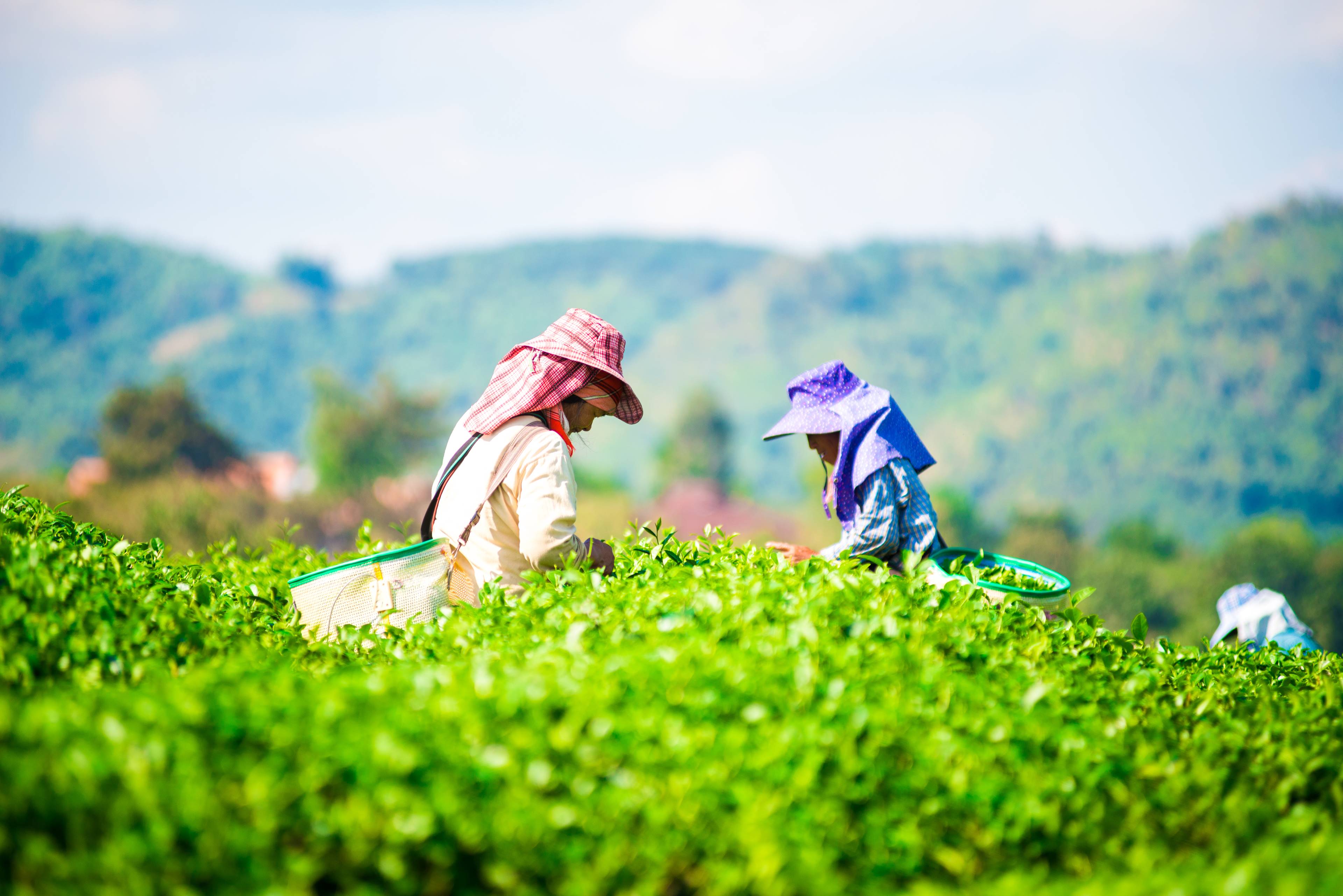
Who should use IFA for tea?
IFA for tea is available for producers worldwide.
It offers certification options for both individual producers (single site and multisite producers) and producer groups, including smallholders. Producers can get certification in any country where a GLOBALG.A.P. approved certification body (CB) conducts audits.
How does IFA for tea work?
Compliance with the standard requirements is audited annually by an accredited and independent third-party CB.
Producers can choose from any GLOBALG.A.P. approved CB active in the relevant country.
A successful CB audit results in a certificate valid for one year.
The standard is composed of control points and compliance criteria (CPCCs). CPCCs are graded in three levels: Major Must, Minor Must, and Recommendation.
Control points
Fundamentals that set the foundation of a GLOBALG.A.P. requirement
Written in question form
Compliance criteria
Methods that producers can use to demonstrate compliance
Evidence required for demonstrating that the outcome is achieved
Read more about the audit process and standard requirements.
How is certification status verified?
Every producer registered in the GLOBALG.A.P. certification system is assigned a unique 13-digit GLOBALG.A.P. identification number (e.g., a GLOBALG.A.P. Number (GGN)). This number allows real-time verification of certification status in the GLOBALG.A.P. IT platform, upholding our rigorous transparency requirements throughout the supply chain.
Producers can control data access and privacy rights for audit reports, and the reports are not shared publicly or with third parties. This process is handled via your chosen CB.
Latest news
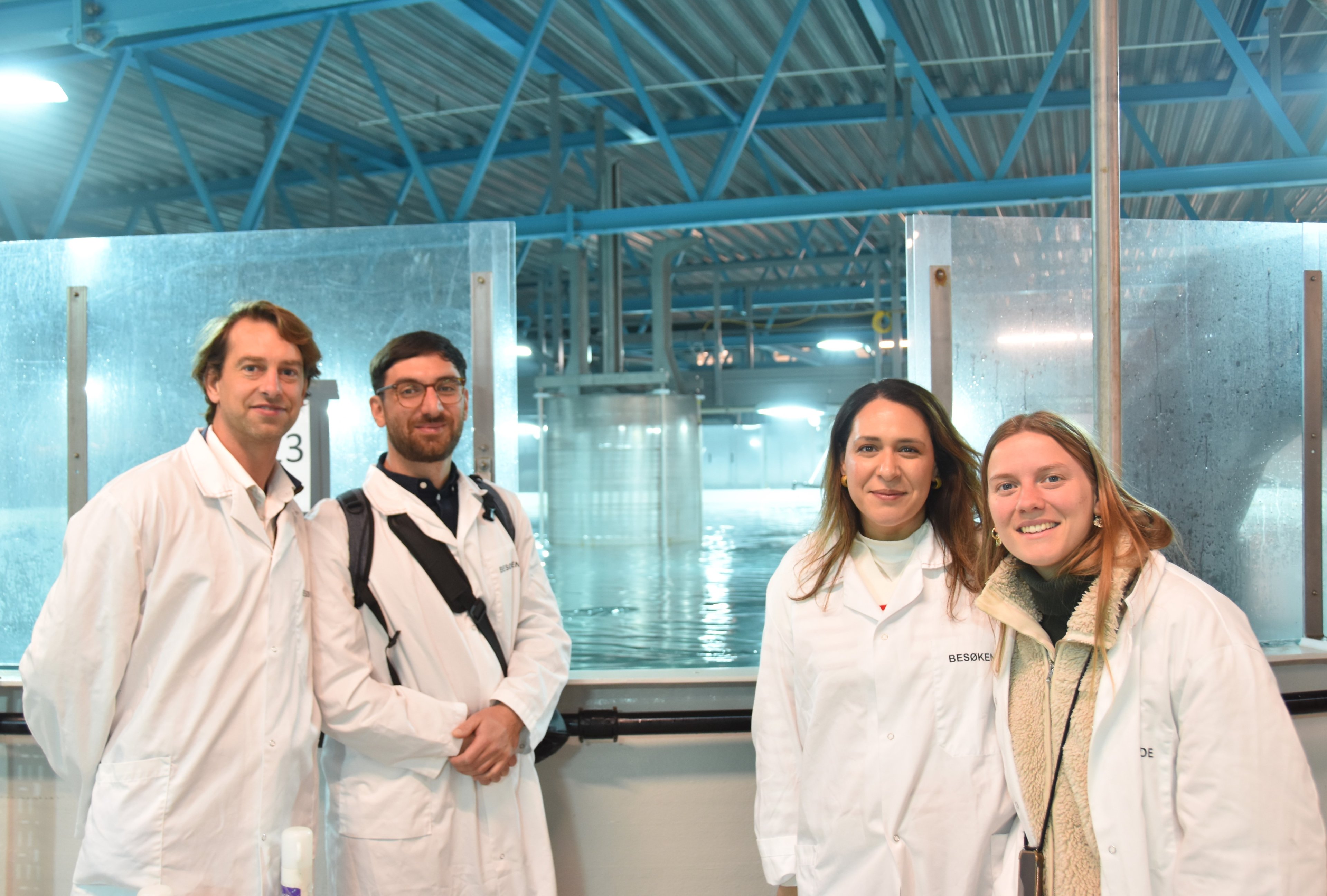
15 July 2025
Driving responsible aquaculture in Norway: A visit to Hofseth International farms
Discover how Hofseth International is redefining aquaculture through 100% fish utilization, technological advancements, and compliance with GLOBALG.A.P. standards.
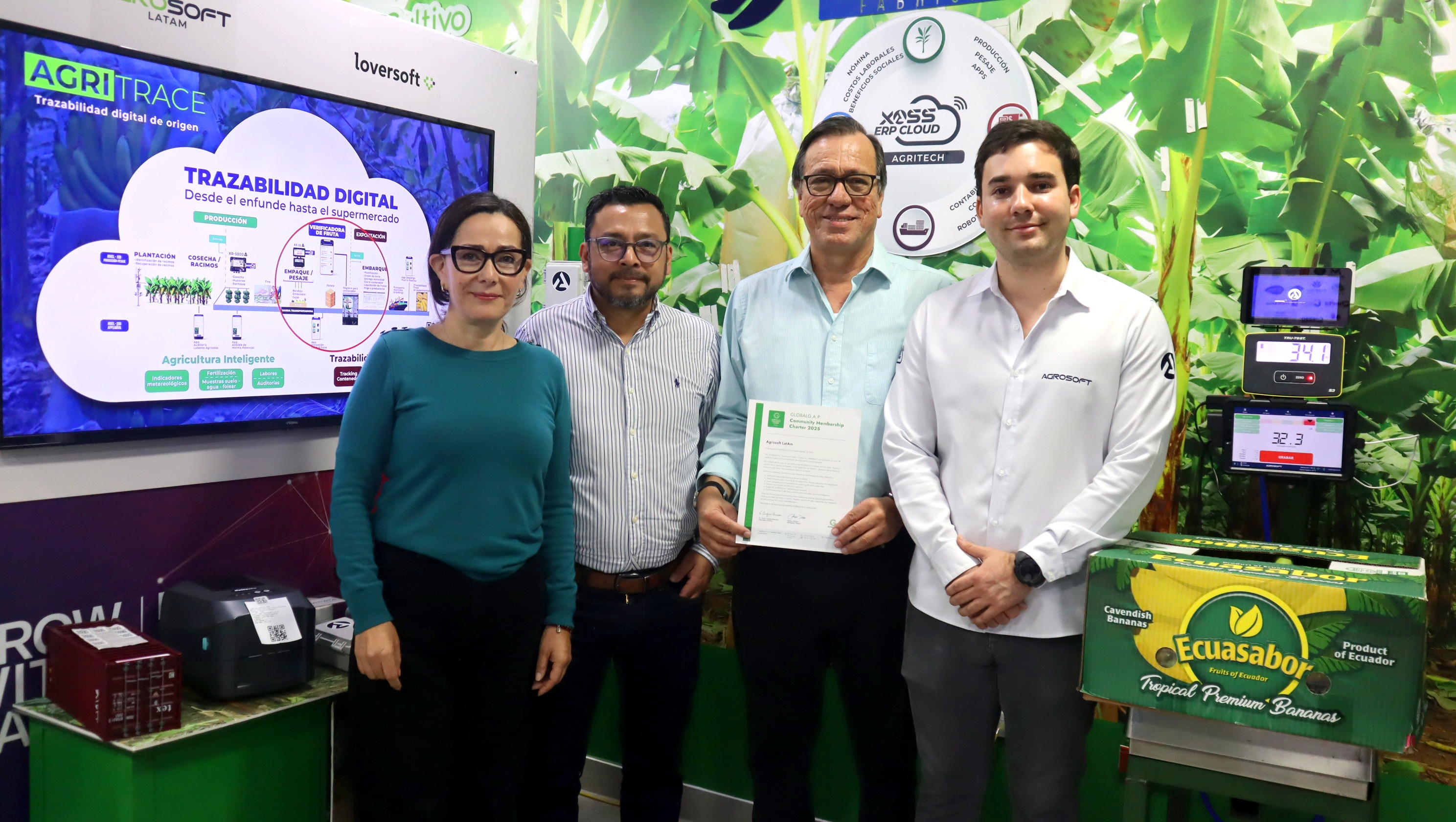
15 July 2025
Software solutions specialist Agrosoft Latam joins the GLOBALG.A.P. community
With almost 30 years of experience, Agrosoft Latam specializes in cutting-edge ERP solutions for the agriculture and aquaculture sectors.
Technical news
Full technical newsletters are available in the document center, but you can view technical news updates by topic in our technical news libraries.
Demonstrate your commitment to safer and more sustainable farming
Why choose Integrated Farm Assurance for tea?
Integrated Farm Assurance (IFA) enables producers worldwide to assess, demonstrate, and improve their responsible farming practices. The standard is accepted by retailers across the globe and provides a practical path for producers to implement best practices at farm level that contribute to the long-term viability of the sector, the welfare of farming communities, and the protection of surrounding ecosystems.
Which industry challenges does IFA for tea address?
Food safety and traceability have long been fundamental priorities for both consumers and supply chain stakeholders, but the tea sector lacks comprehensive responsible farming standards.
In addition to food safety, producers also need to meet rising consumer and buyer concerns in areas such as biodiversity, water management, and agricultural input use.
The farming industry must continuously evolve to also address the increasing interaction between the environment and agriculture.
Responsible production is also about people, and workers’ health, safety, and welfare are in the spotlight due to social responsibility issues and new legislation in global supply chains.
The result is that retailers are seeking a growing range of assurances about responsible practices, and producers are undergoing an increasing number of audits to satisfy them.
IFA guides producers and provides assurance to buyers through a holistic approach that addresses major sector demands – with their achievements in responsible farming validated through transparent and globally recognized certification.
Follow our five steps to certification to get started today.
IFA for tea in numbers (as of 31/12/2024)
38
producers under certification
3
countries with certified production processes
1,387
hectares of certified production
38
producers under certification
3
countries with certified production processes
1,387
hectares of certified production
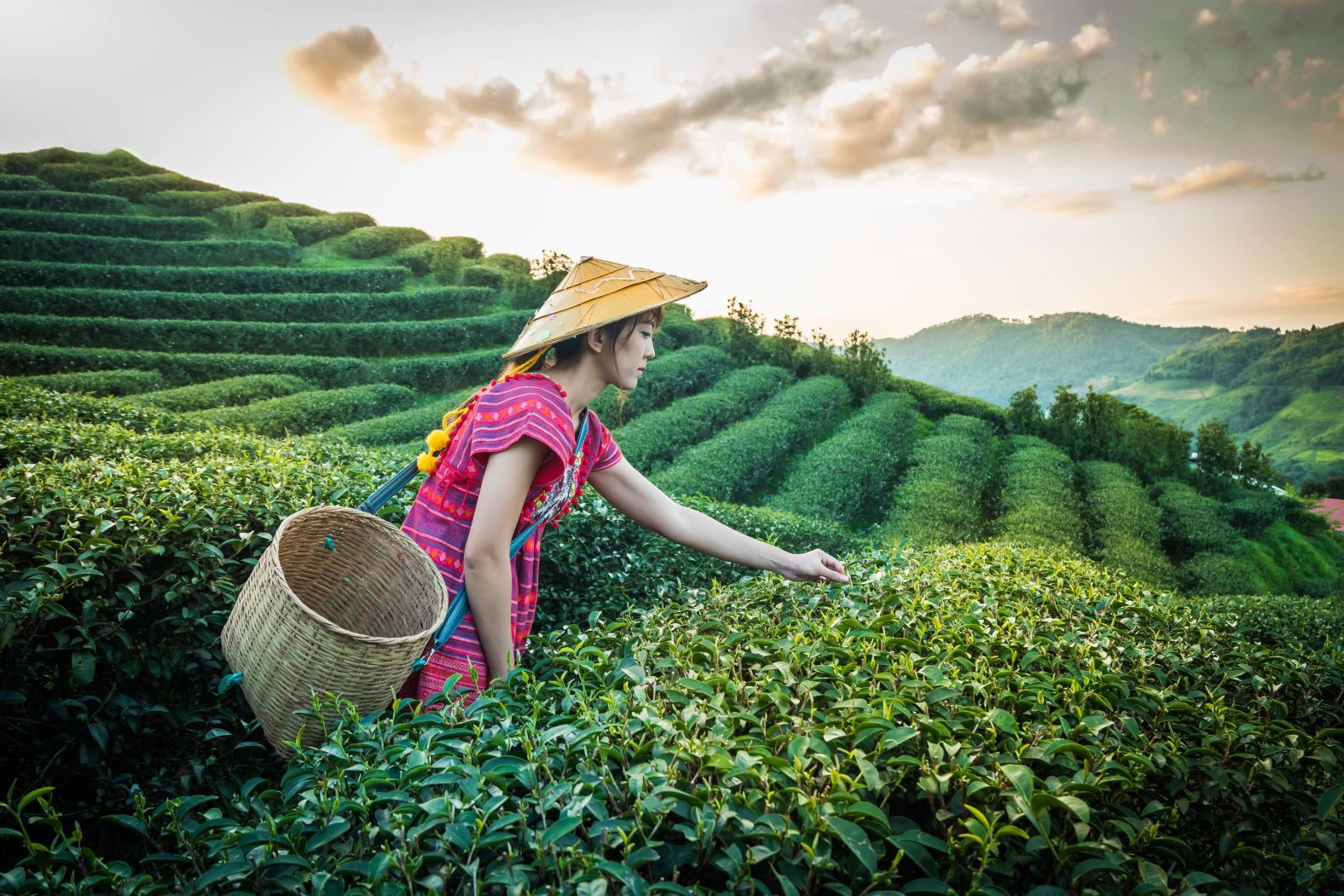
What are the benefits for producers?
Improve farm management and the efficiency of farm operations.
Reduce exposure to reputational risks related to food-safety and product safety.
Get recognition for your efforts to protect environmental resources.
Achieve compliance with a globally recognized standard that fulfills international supply chain requirements.
Enjoy a flexible approach to farm assurance through the easy combination of add-ons.
Choose from an extensive worldwide network of accredited, GLOBALG.A.P. approved certification bodies (CBs).
Apply our farm assurance solutions on a wide range of farm types and sizes and access certification options for both individual producers and producer groups.
Demonstrate your commitment to responsible farming practices and support the UN Sustainable Development Goals.

What are the benefits for supply chain stakeholders?
Access a flexible farm assurance portfolio that provides all the coverage you need through one certification system.
Support industry-driven smart farm assurance solutions – developed by the sector, for the sector – that enable buyers to easily identify suppliers that fulfill their requirements.
Promote a holistic approach that features rigorous criteria on food safety, environment, workers’ health, safety, and welfare, production processes, and traceability.
Enable trusted supply that meets major market demands – from food safety and biodiversity to water management.
Source from a growing pool of producers with certified production processes globally, with easy certification verification in the GLOBALG.A.P. IT platform.
Choose from a range of add-ons that are tailored to specific aspects of production and the supply chain.
Demonstrate your commitment to responsible farming practices in line with both the UN Global Compact Food and Agribusiness Principles and the UN Sustainable Development Goals.

Maintaining trust in GLOBALG.A.P. certification
The GLOBALG.A.P. Integrity Program was founded in 2008 as the first of its kind in food certification. Designed to ensure the consistent delivery and implementation of GLOBALG.A.P. standards and add-ons worldwide, the program monitors and assesses all aspects of the third-party certification process.
Which solutions can be combined with IFA for tea?
We offer a range of standards and add-ons targeted to specific aspects of production and the supply chain. They can each be audited or assessed in combination with IFA, extending the certification scope and offering buyers specific assurance tailored to their preferences.
Learn more about GLOBALG.A.P. smart farm assurance solutions.
You may also be interested in...
GLOBALG.A.P. Risk Assessment on Social Practice
GRASP is an add-on that aims to support the evaluation of workers' health, safety, and welfare at farm level.
Sustainable Program for Irrigation and Groundwater Use
SPRING is a farm-level add-on that aims to promote responsible water management in plant production processes.
GLOBALG.A.P. Chain of Custody
CoC is a supply chain standard that safeguards the segregation and traceability of products originating from GLOBALG.A.P. certified production processes.

Ready to get started?
Use our Smart Checklist Builder to easily understand which GLOBALG.A.P. smart farm assurance solutions are recommended for your production practices and generate a personalized checklist for your self-assessment.
Your guide to implementation
How to prepare for an Integrated Farm Assurance audit
Learn more about the key documents and fee structure of Integrated Farm Assurance (IFA) for tea. Follow our five steps to certification for an overview of the certification process, and find a GLOBALG.A.P. approved certification body (CB) in your area to get started.
Implementation and CB audit process
How does the CB audit process work?
IFA compliance is audited annually by accredited and independent third-party CBs.
Producers can choose from any GLOBALG.A.P. approved CB active in the relevant country.
A successful CB audit results in a certificate valid for one year.
The CB is responsible for uploading the audit report and maintaining the accuracy of producer data in the GLOBALG.A.P. IT platform.
Producers will be audited annually by a CB as part of the renewal process.
Which documents are required?
GLOBALG.A.P. general regulations: Rules that define how the certification process works, from the scope of the standard to the audit requirements.
Control points and compliance criteria (CPCCs): Control points are the fundamental requirements for each standard. They are written in question form and are accompanied by corresponding compliance criteria that detail the various ways in which a producer can demonstrate compliance.
Checklist: The full list of CPCCs as used by CB auditors, enabling producers to conduct a self-assessment in preparation for the CB audit.
Which versions of IFA are currently valid?
There is currently one valid version available for tea:
IFA v5.2 was published in February 2019.
There will be no update to v6 for the tea product category. It will instead be integrated into a new category. IFA v5.2 will continue to be available for audit until the new product category is launched. Visit the web page on standard settingto follow the IFA v6 development process and learn how you can get involved.
The FAQ contains further information on documents, certification renewal, and more.
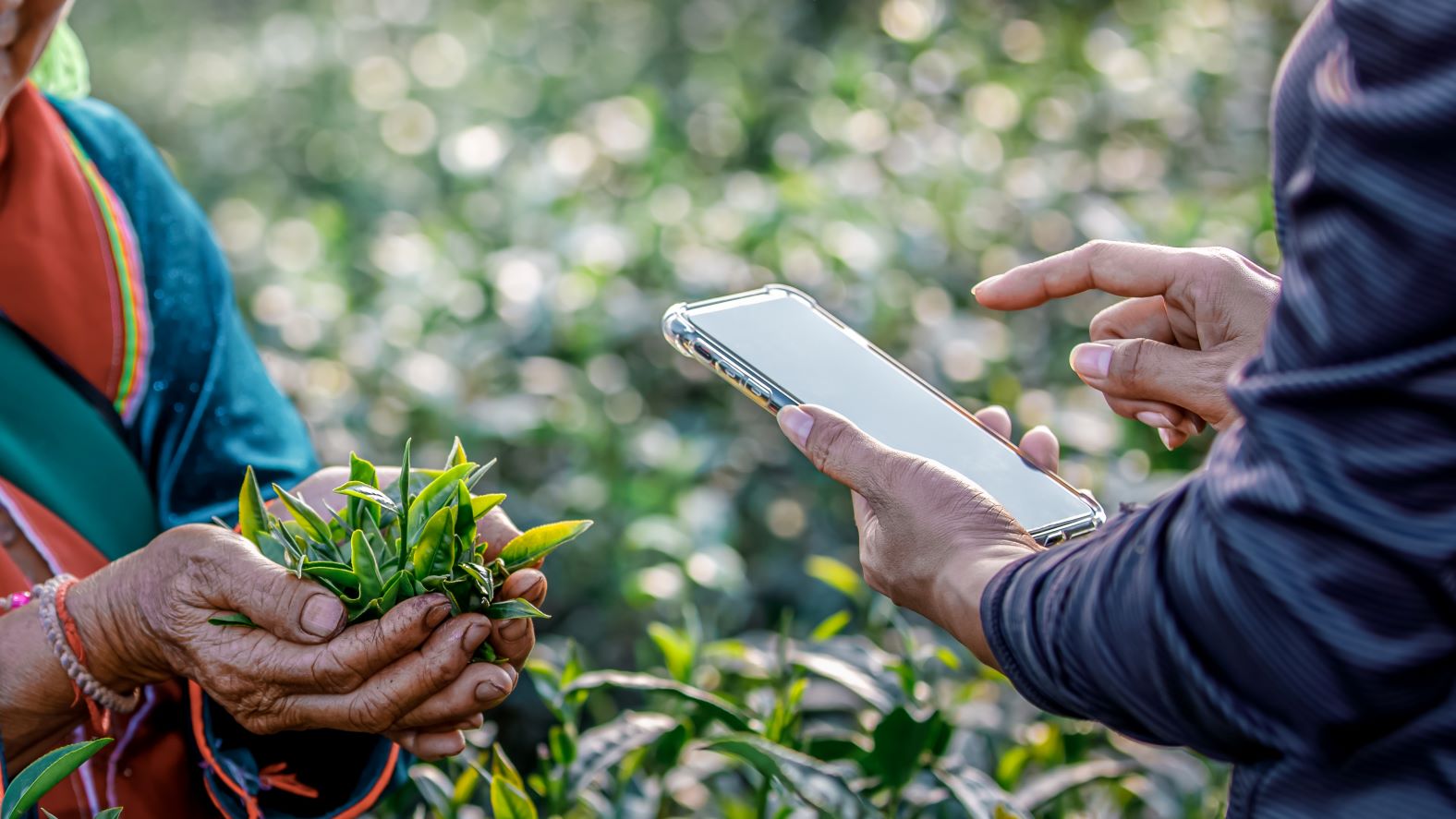
What are the IFA standard requirements?
CPCCs are graded in three levels: Major Must, Minor Must, and Recommendation.
To achieve certification, producers must comply with 100% of the Major Musts and at least 95% of the Minor Musts.
Corrective actions must be proposed for all non-compliances and submitted to the CB within the specified period.
Non-compliances must then be verified as corrected and compliant by the CB before a certificate can be issued.
How much does IFA certification for tea cost?
Each farm is unique, and the total costs of certification depend on a combination of factors such as farm size, number of sites, location, necessary preparation measures (such as establishing new procedures), and more. IFA contains three cost elements:
Implementation costs: Incurred by the producer to prepare for the CB audit
CB service fees: Determined and invoiced by the CB to cover audit time and travel costs
GLOBALG.A.P. registration and certificate license fees: Calculated based on farm size and invoiced by the CB
The GLOBALG.A.P. fee table contains full information on the fee structure for each standard and add-on.
Five steps to certification

You will need the GLOBALG.A.P. general regulations, the IFA CPCCs for tea, and the checklist. All of the required documents are available online, for free, and in multiple languages. They are linked below and can also be found in the GLOBALG.A.P. document center.
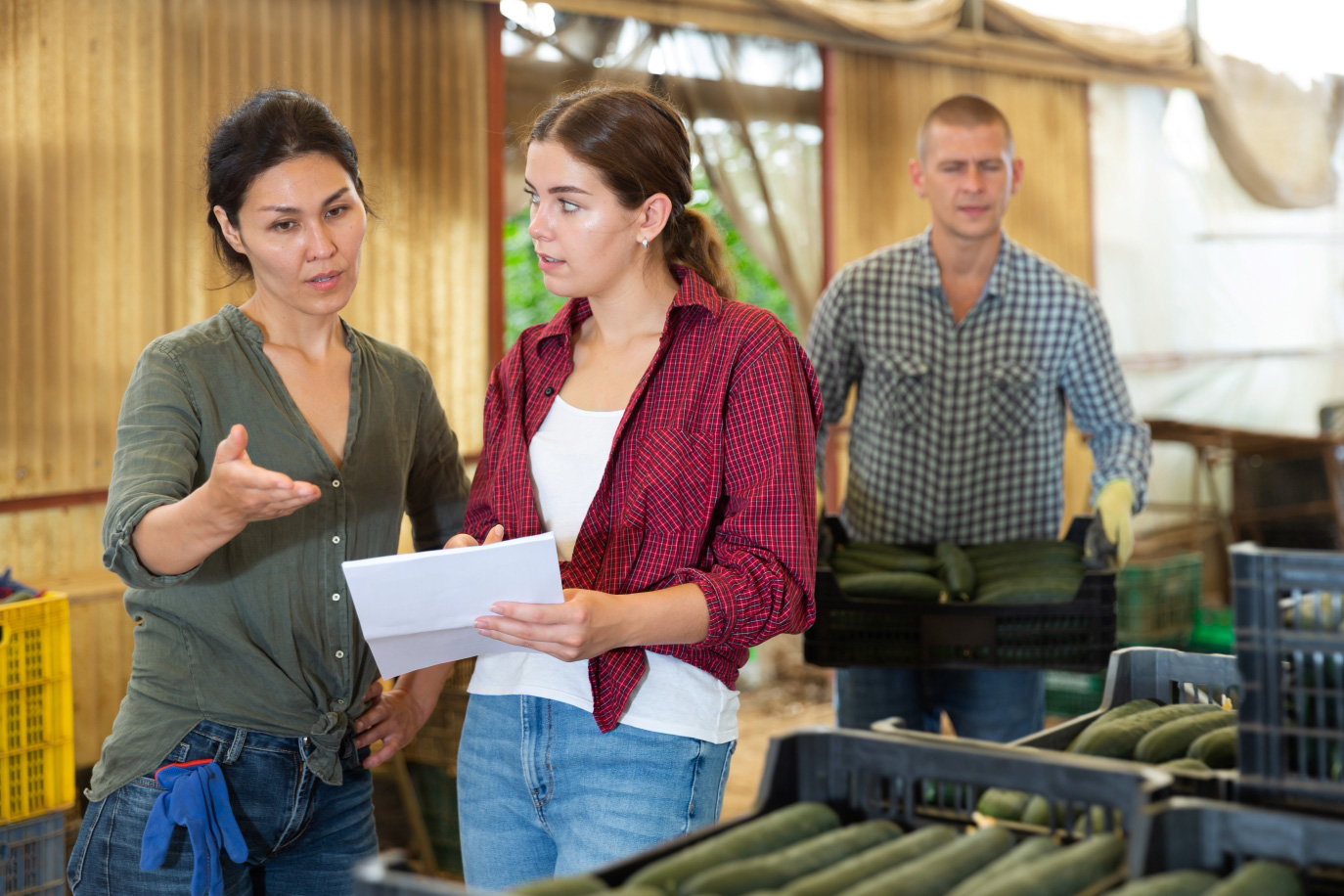
Use the documents to guide the implementation of the standard requirements, and then
conduct a self-assessment using the checklist. Our worldwide network of Registered Trainers
can also provide assistance during audit preparations.

Search the list of GLOBALG.A.P. approved CBs by region, country, scope, and status. Contact the CB of your choice and request an audit. Note that the GLOBALG.A.P. fee table does not cover CB service fees such as audit time or travel costs to your site.
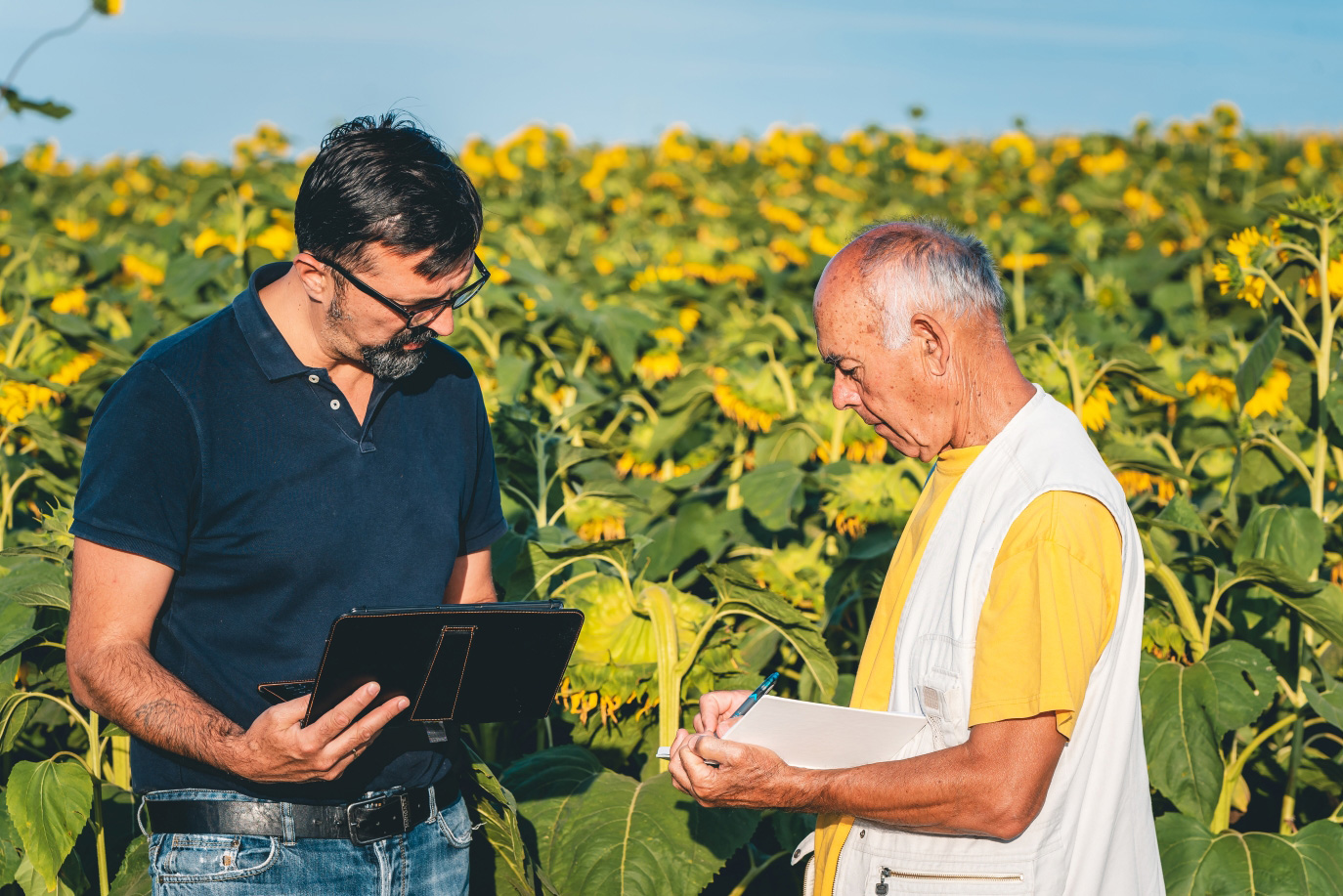
The CB will conduct the audit and upload the results to the GLOBALG.A.P. IT platform. Any non-compliances which are detected during the CB audit must be corrected within the specified period and verified by the CB before a certificate can be issued.

Once all requirements are met and verified by the CB, they will issue your IFA certificate. Your certification status is then publicly visible in the GLOBALG.A.P. IT platform for transparency in the market.
Key documents
The three most relevant documents are linked below. Click ‘view more’ to see further related documents. Remember to always check with your CB that you have all necessary documents prior to audit.
IFA v5.2 for tea
Principles and criteria (P&Cs) (CPCCs)
V5.2
English | Last updated: 29/11/2024
Principles and criteria (P&Cs) (CPCCs)
V5.2
English | Last updated: 29/11/2024
Principles and criteria are a complete list of the requirements for a given standard or add-on. The foundational requirements each detail an outcome that must be achieved, and the corresponding ways in which compliance can be demonstrated.
IFA v5.2 for tea
Checklists
V5.2
English | Last updated: 29/11/2024
xlsx
Checklists
V5.2
English | Last updated: 29/11/2024
xlsx
Checklists are documents containing standard/add-on principles and criteria which are used during the audit/assessment to check whether compliance is achieved. They may also be used to conduct self-assessments.
Crops Rules
GLOBALG.A.P. general regulations
V5.2
English | Last updated: 29/11/2024
GLOBALG.A.P. general regulations
V5.2
English | Last updated: 29/11/2024
GLOBALG.A.P. general regulations outline the framework of the certification system, including the role and relationship of the GLOBALG.A.P. Secretariat and certification bodies, and provide context for implementing checklist content.
GLOBALG.A.P. approved CBs
The list of GLOBALG.A.P. approved CBs can be filtered by region, country, scope, and status. Click a CB to find more information and contact details.
If you do not filter your search, or filter only according to region and/or country, your search results will also show CBs that offer certification against benchmarked schemes, but which may not have approval for any GLOBALG.A.P. standards and add-ons.
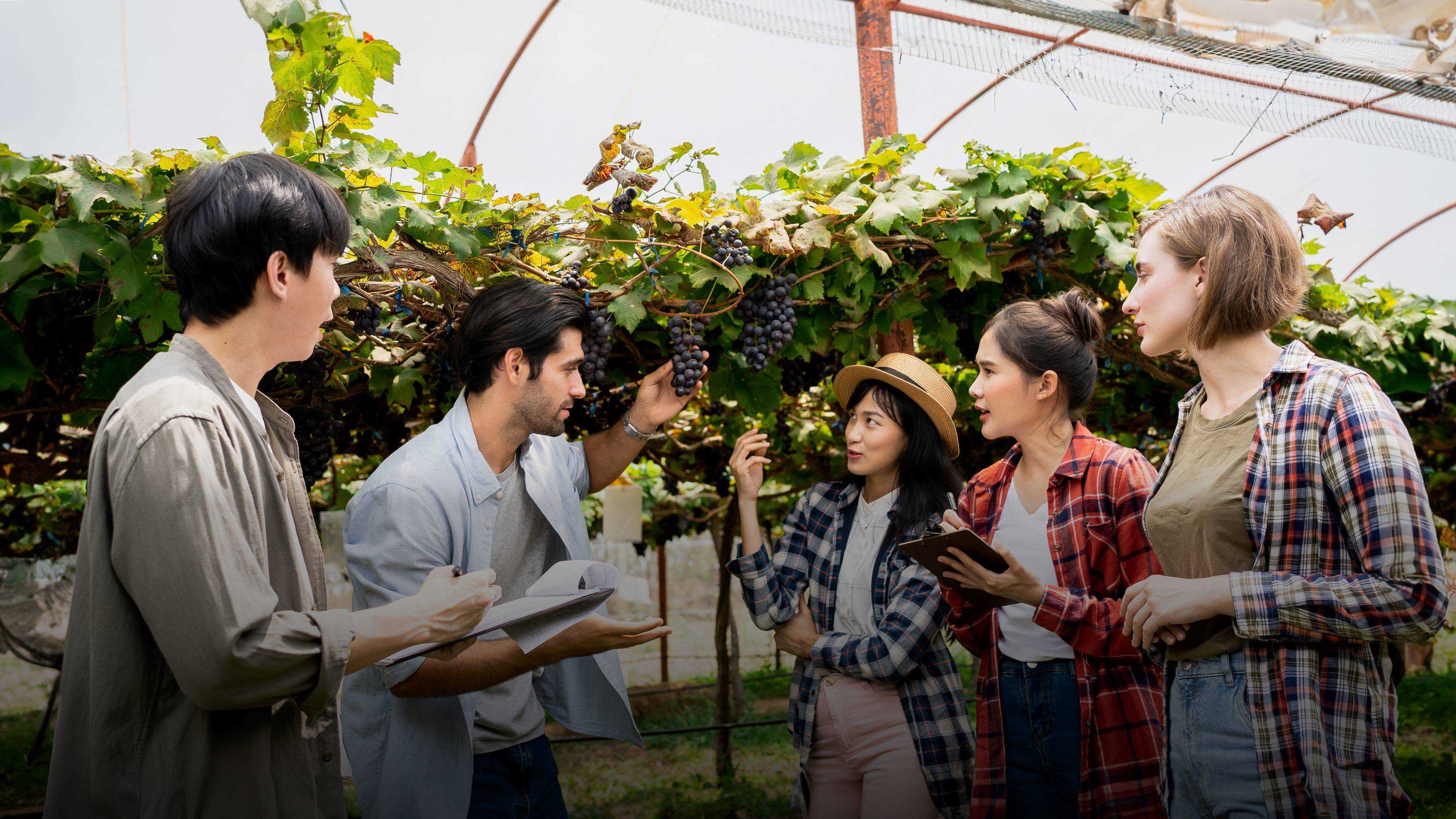
Capacity building
Need assistance with the certification process? Our capacity-building program offers a range of options for training, consultation, and more!
Upcoming events
17 Jul
2025
GLOBALG.A.P. webinar – Primary Farm Assurance: Building the path to responsible agriculture
Location: Online – Teams
Event type: Webinar
Event format: Virtual
31 Jul - 01 Aug
2025
GLOBALG.A.P. TOUR stop Costa Rica 2025
Location: Costa Rica
Event type: GLOBALG.A.P. TOUR stop
Event format: On-site
FAQ
IFA for tea is currently available in v5.2 only.
It was published in February 2019 and continues to be available for audit until the new IFA v6 product category, which will include tea, is launched. Certificates achieved before this date will be valid for their full cycle.
Visit the web page on standard setting to follow the IFA v6 development process and learn how you can get involved.
Each farm is unique, and the total cost of certification depends on a combination of factors such as size, location, existing policies and processes, etc. The invoice from your certification body (CB) will include CB service fees to cover expenditures (determined by the CB) and the GLOBALG.A.P. registration and certificate license fees (size-based, determined based on hectares of annual production).
Download the GLOBALG.A.P. fee table to learn more.
IFA documents for tea are currently available in:
English
All documents are located in the GLOBALG.A.P. document center. More languages are added based on demand – please contact us with requests.
IFA compliance is audited annually. The certification body (CB) audit must take place within the validity period of the current certificate in order for your production processes to retain the certification status. Contact your CB to request an audit.
When developing our standards and add-ons, we aim to receive as much input and feedback as possible. With producers based in more than 135 countries around the world and stakeholders covering every part of the value chain, our standard-setting process ensures that our solutions are both fit for purpose now and built with the future in mind.
We offer public consultation periods for draft standard documents that are created by our technical experts. This helps uphold transparency in the development, revision, and decision-making process. The web page on standard setting outlines the development process.
Technical questions can be addressed to standard_support@globalgap.org. Your query will be forwarded to the relevant technical expert.
The GLOBALG.A.P. Academy offers public trainings on our portfolio of smart farm assurance solutions, while our worldwide network of Registered Trainers offers authorized trainings and other services. See the GLOBALG.A.P. Academy course catalog or find a Registered Trainer for more information.
The CB auditor requirements for IFA for tea are detailed in the “GLOBALG.A.P. general regulations, part III – certification body and accreditation rules”.
Learn more about how to become a GLOBALG.A.P. approved CB or extend your auditing scope.
No, certification to a GLOBALG.A.P. standard/holding a GLOBALG.A.P. certificate is not the same as being a GLOBALG.A.P. Community Member.
GLOBALG.A.P. Community Membership is a paid partnership opportunity, offering a variety of benefits including the ability to support the development of GLOBALG.A.P. standards and add-ons, contribute to the GLOBALG.A.P. governance structure, and access discounted services.
Learn more about how to become a GLOBALG.A.P. Community Member.
GLOBALG.A.P. trademarks may be used in a strictly B2B context and must be accompanied by a GLOBALG.A.P. identification number (e.g., the producer’s GLOBALG.A.P. Number (GGN)) or a QR code to a producer’s certification status in the GLOBALG.A.P. IT platform. The trademarks should never appear to consumers, for example on product packaging.
Download the GLOBALG.A.P. trademarks use: policy and guidelines and GLOBALG.A.P. trademarks use: FAQ documents for comprehensive information on rules and use cases.

Contact us
For technical/interpretation questions, please contact us at standard_support@globalgap.org.
For questions about the audit process or the GLOBALG.A.P. IT platform, please contact us at customer_support@globalgap.org.
